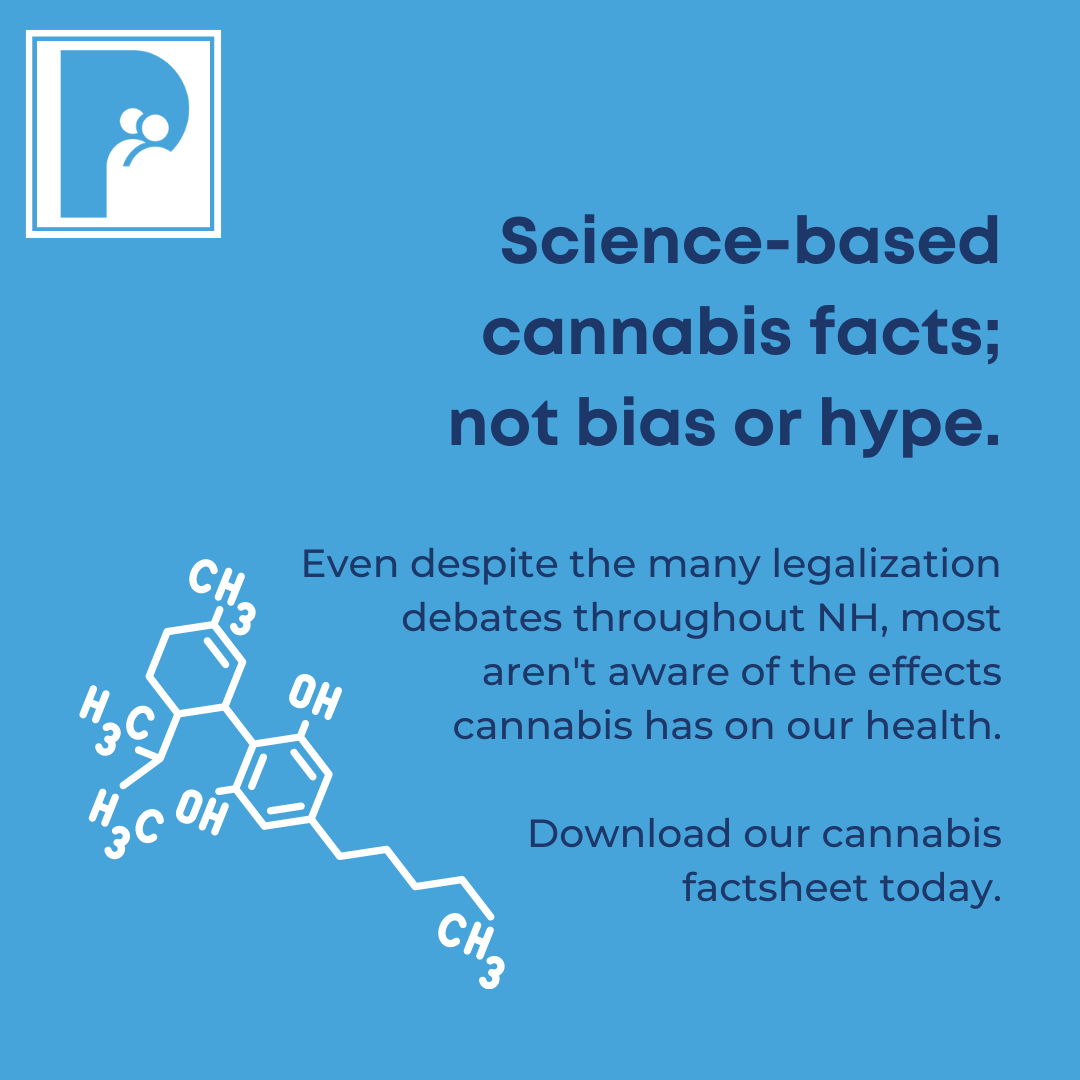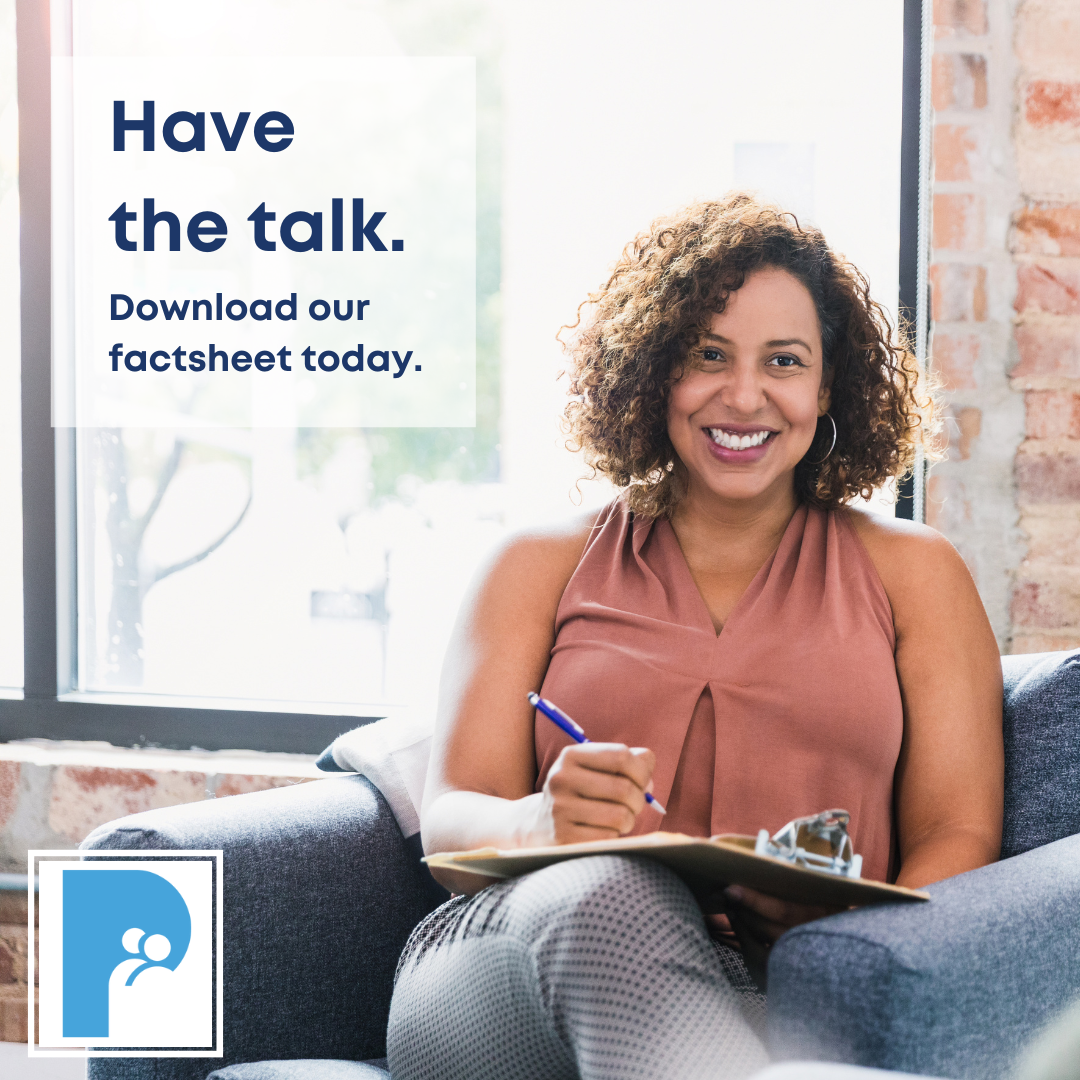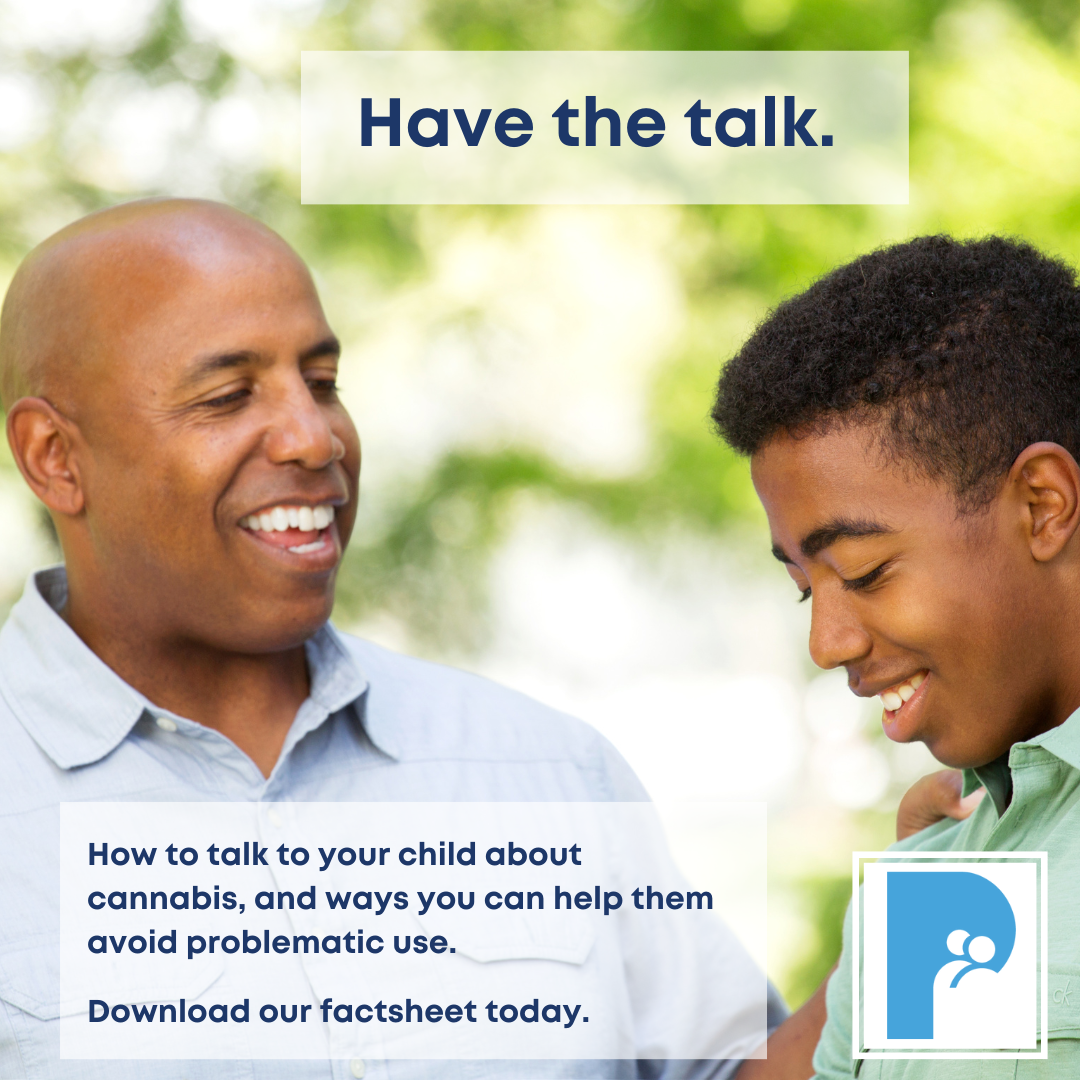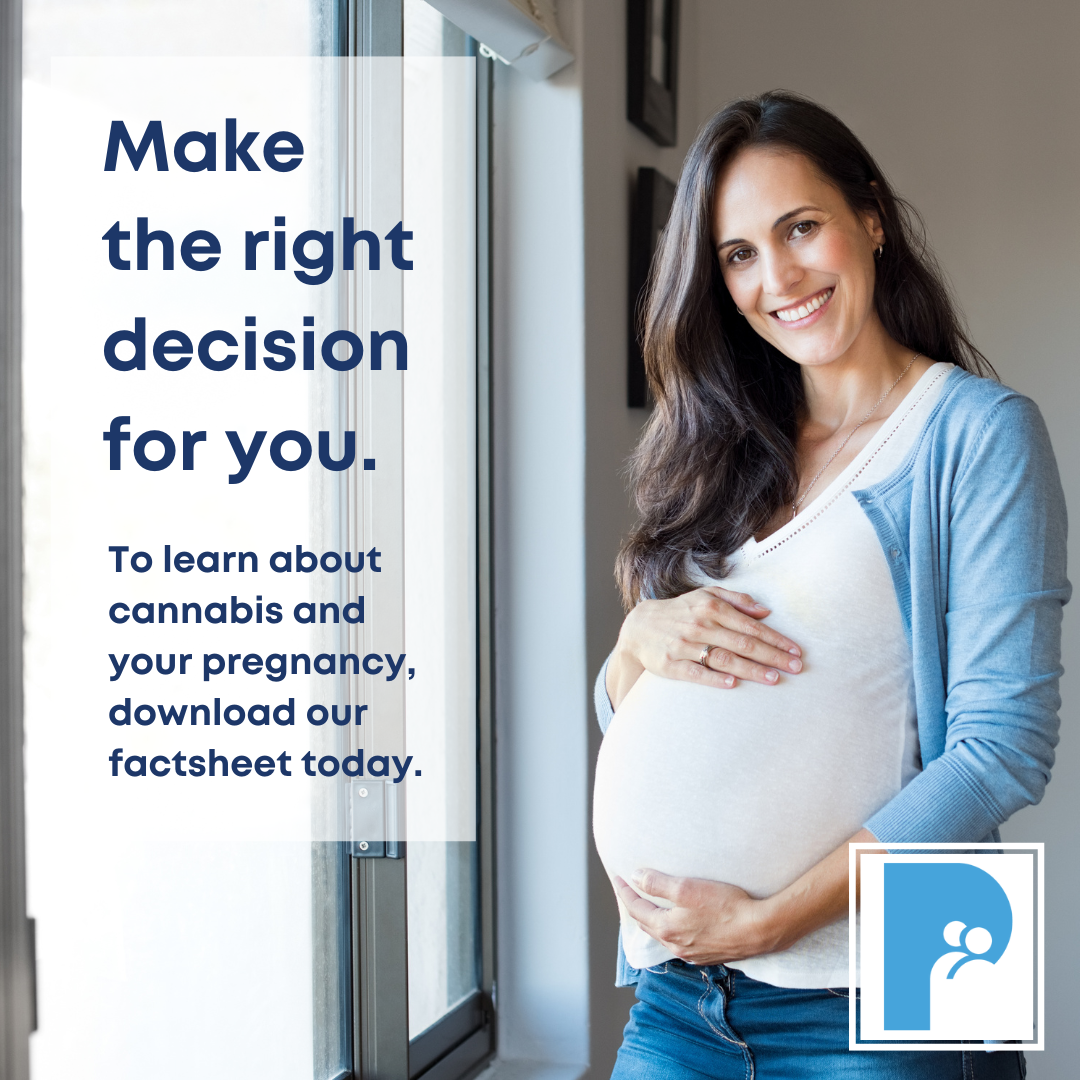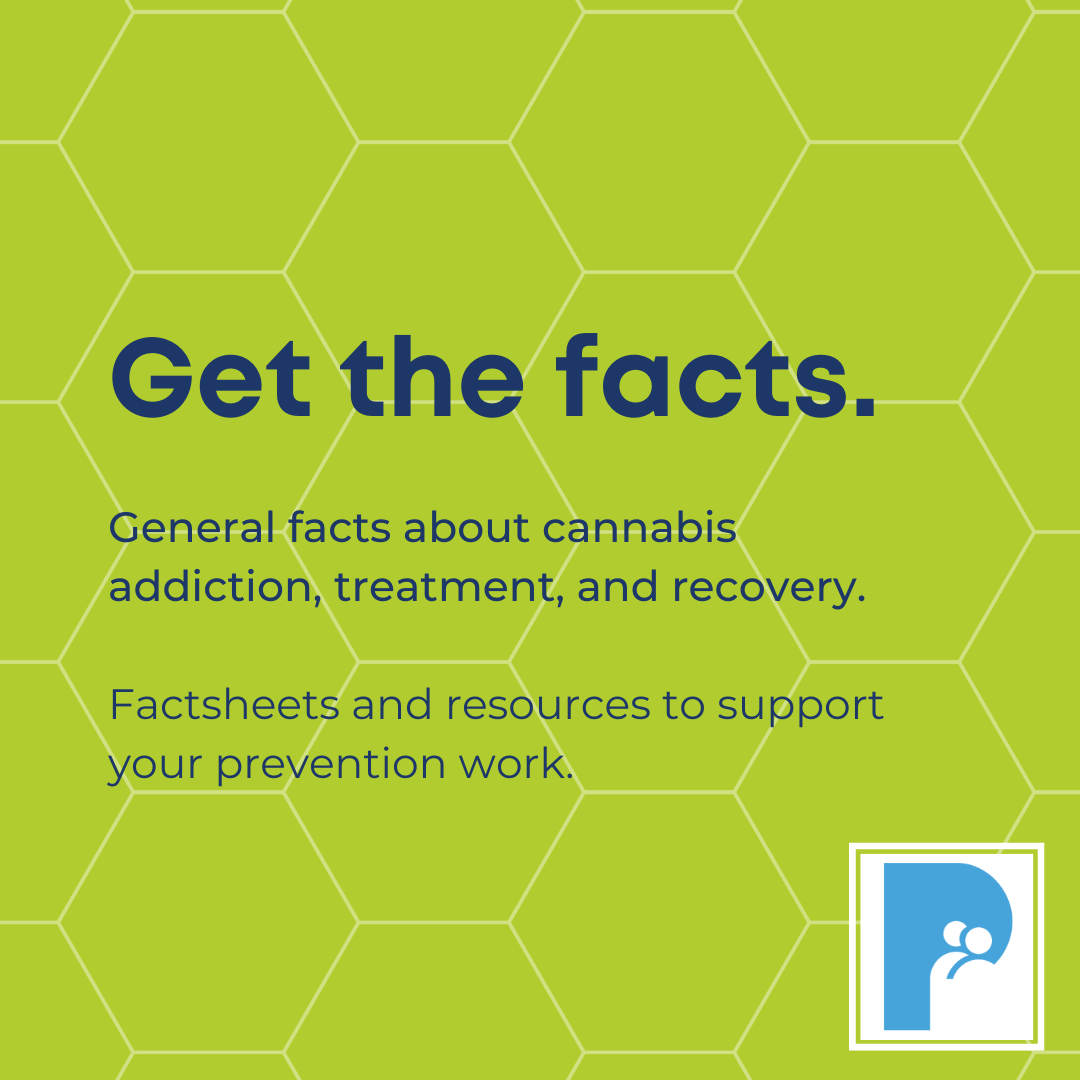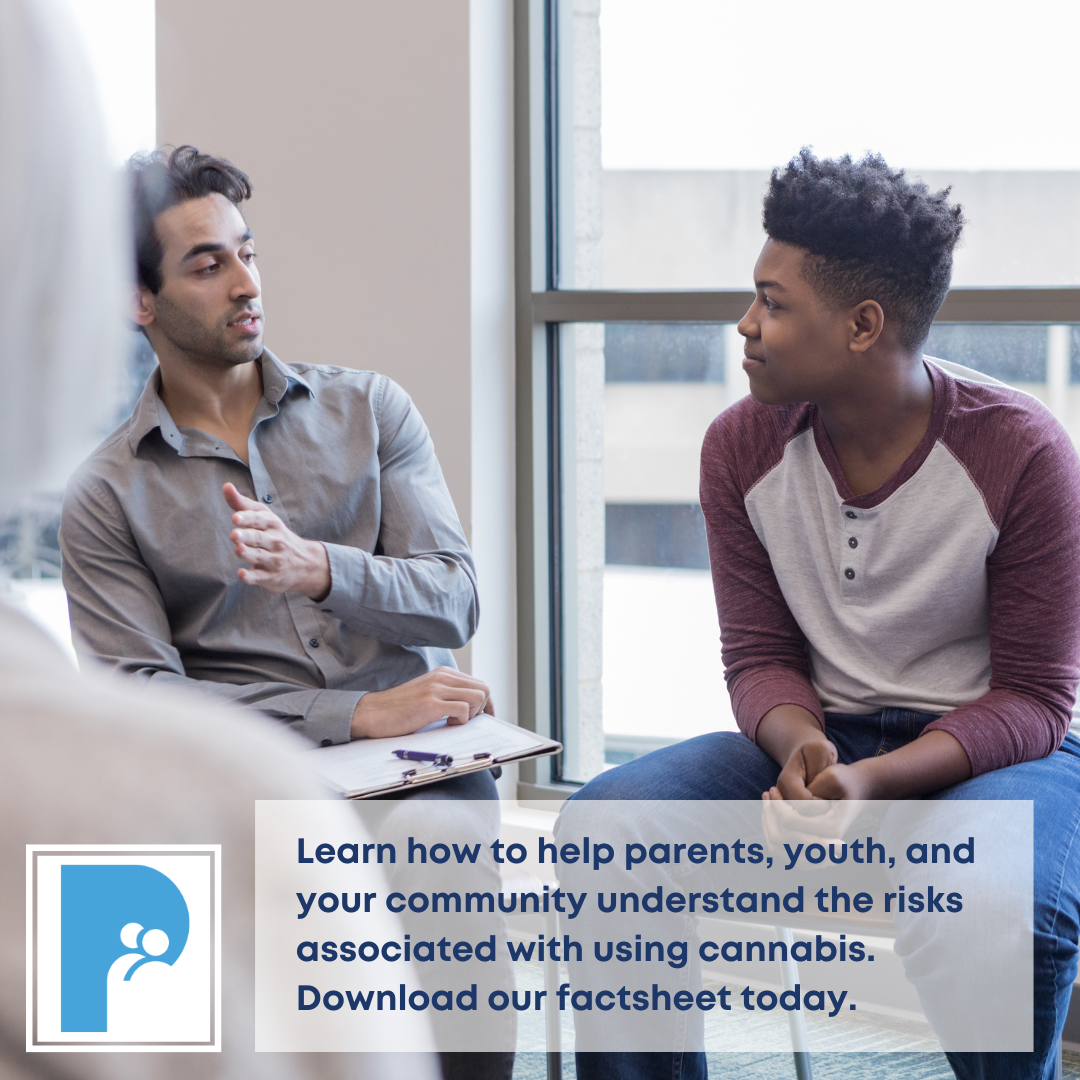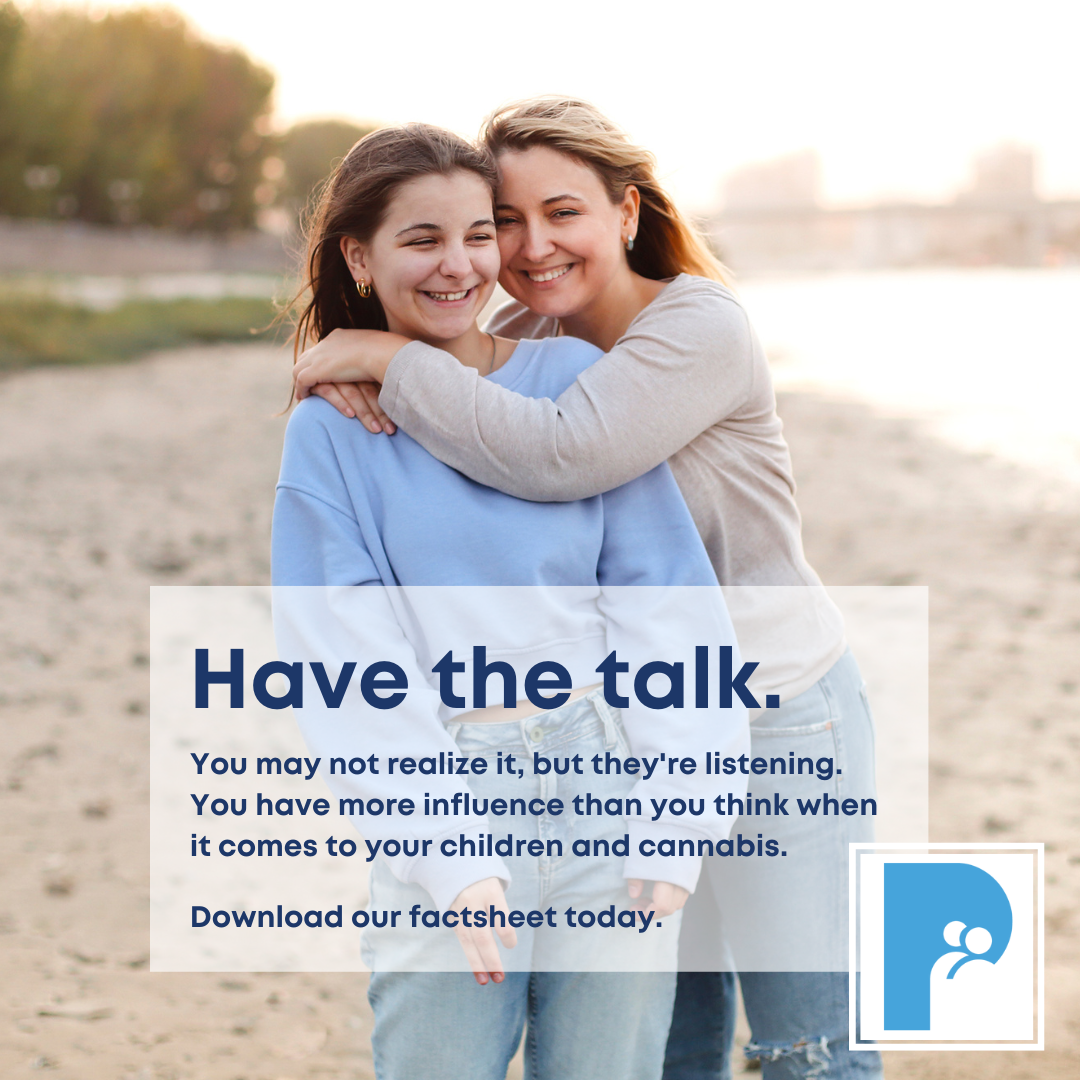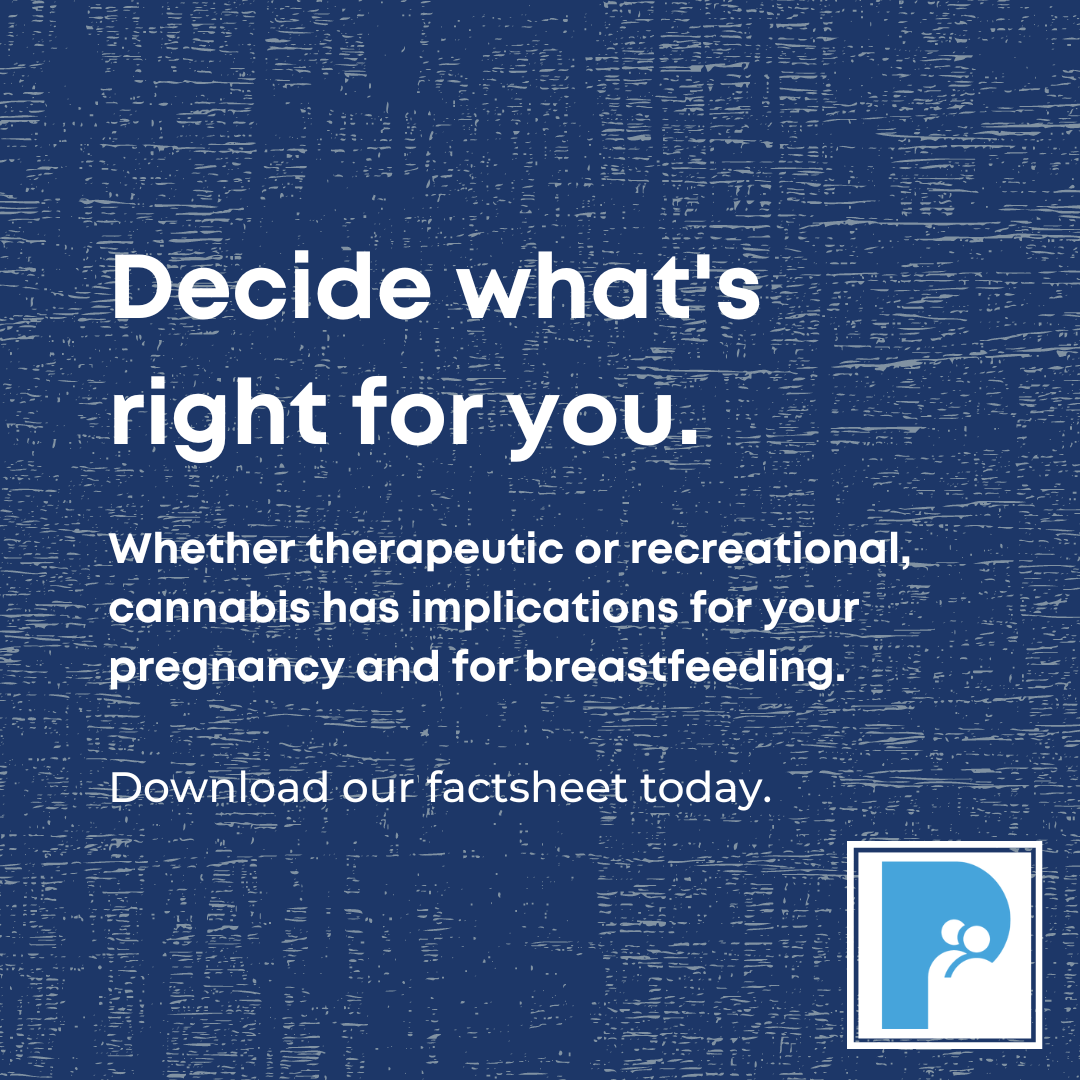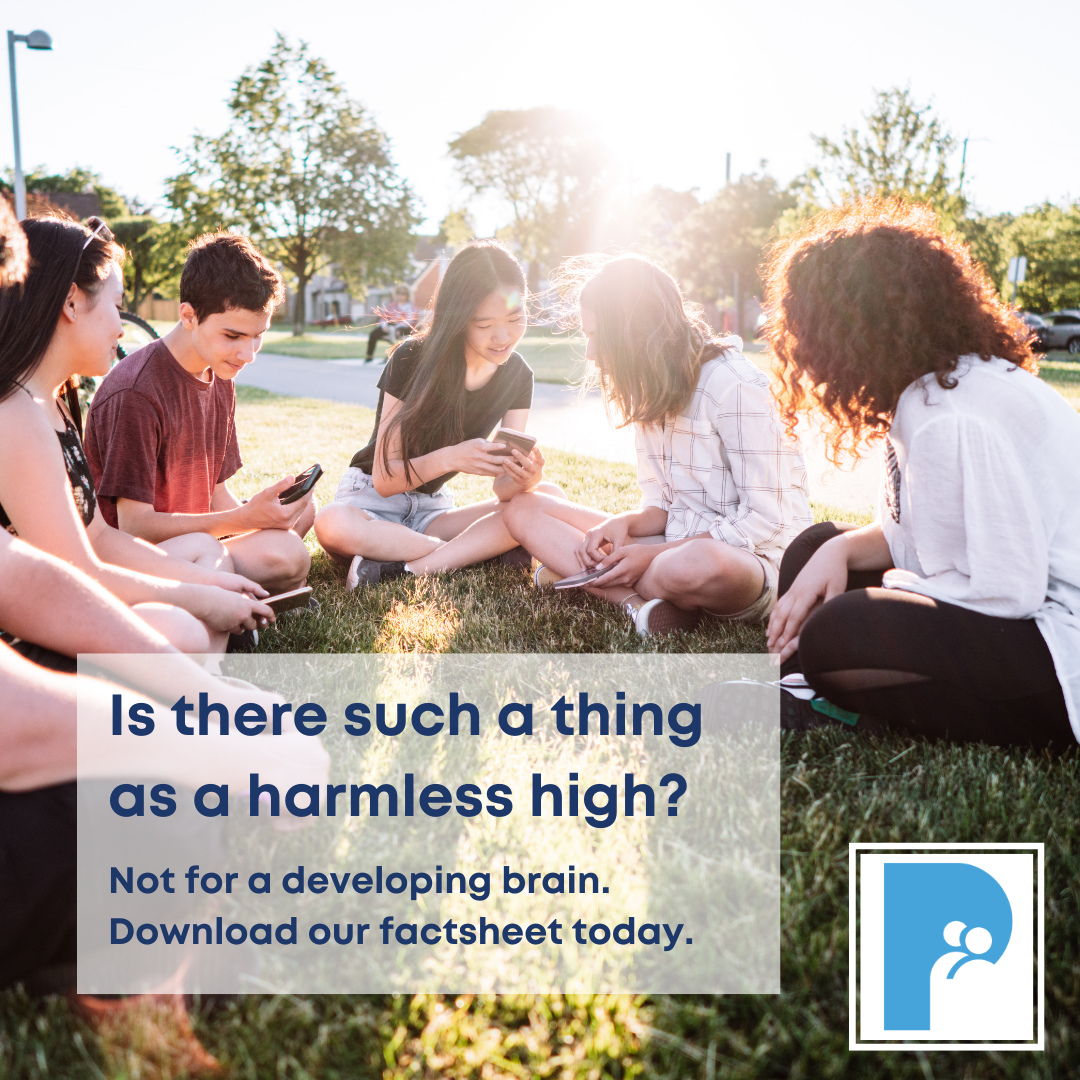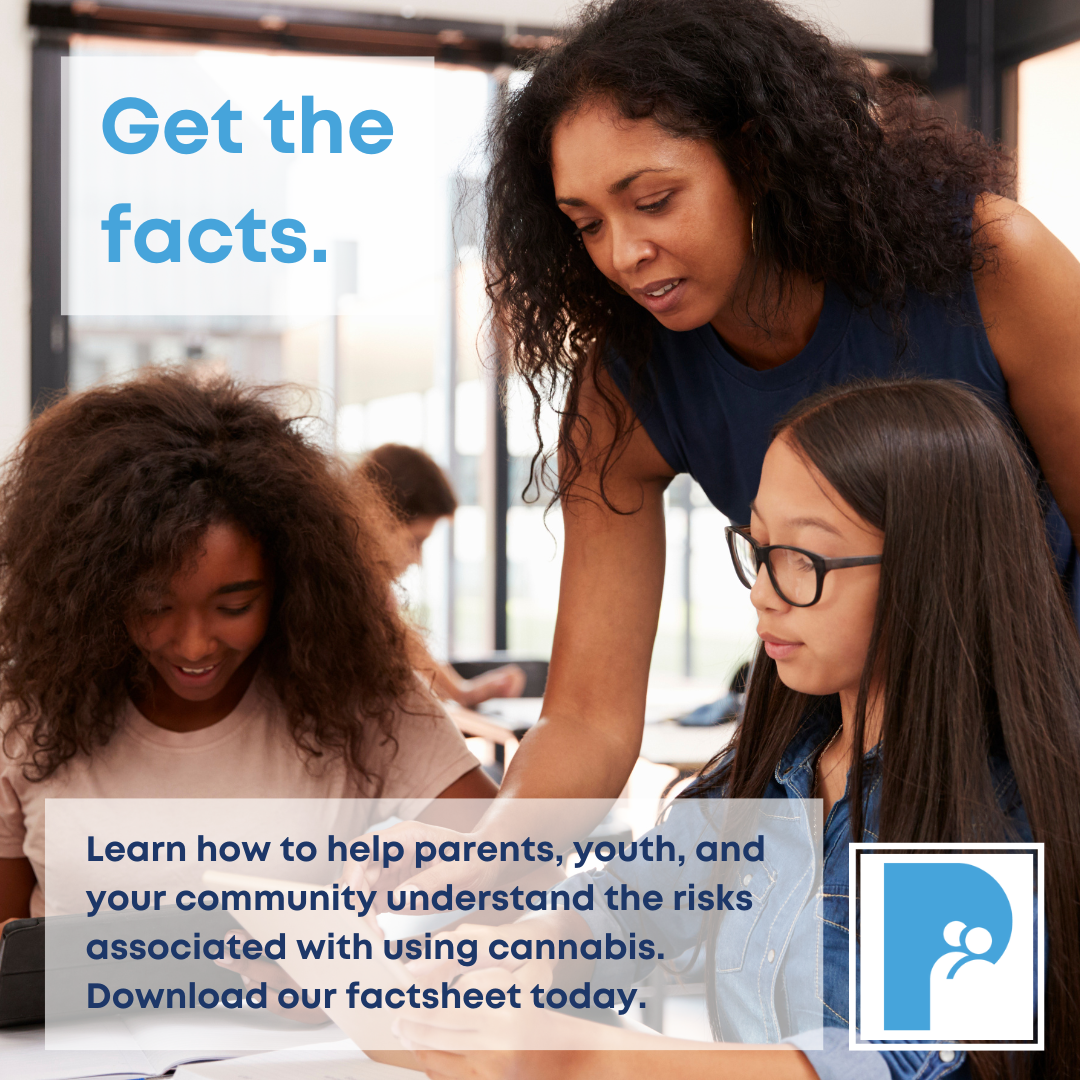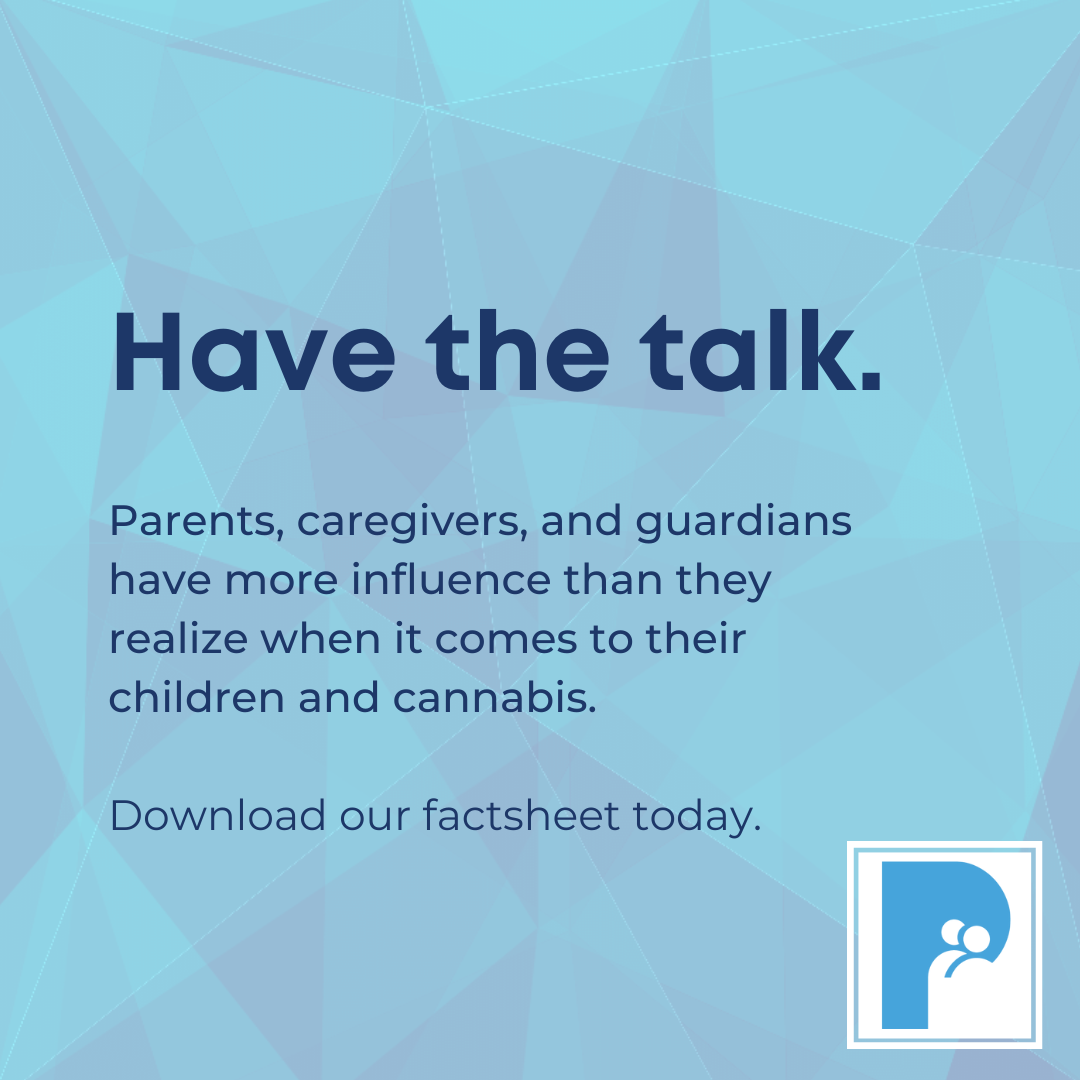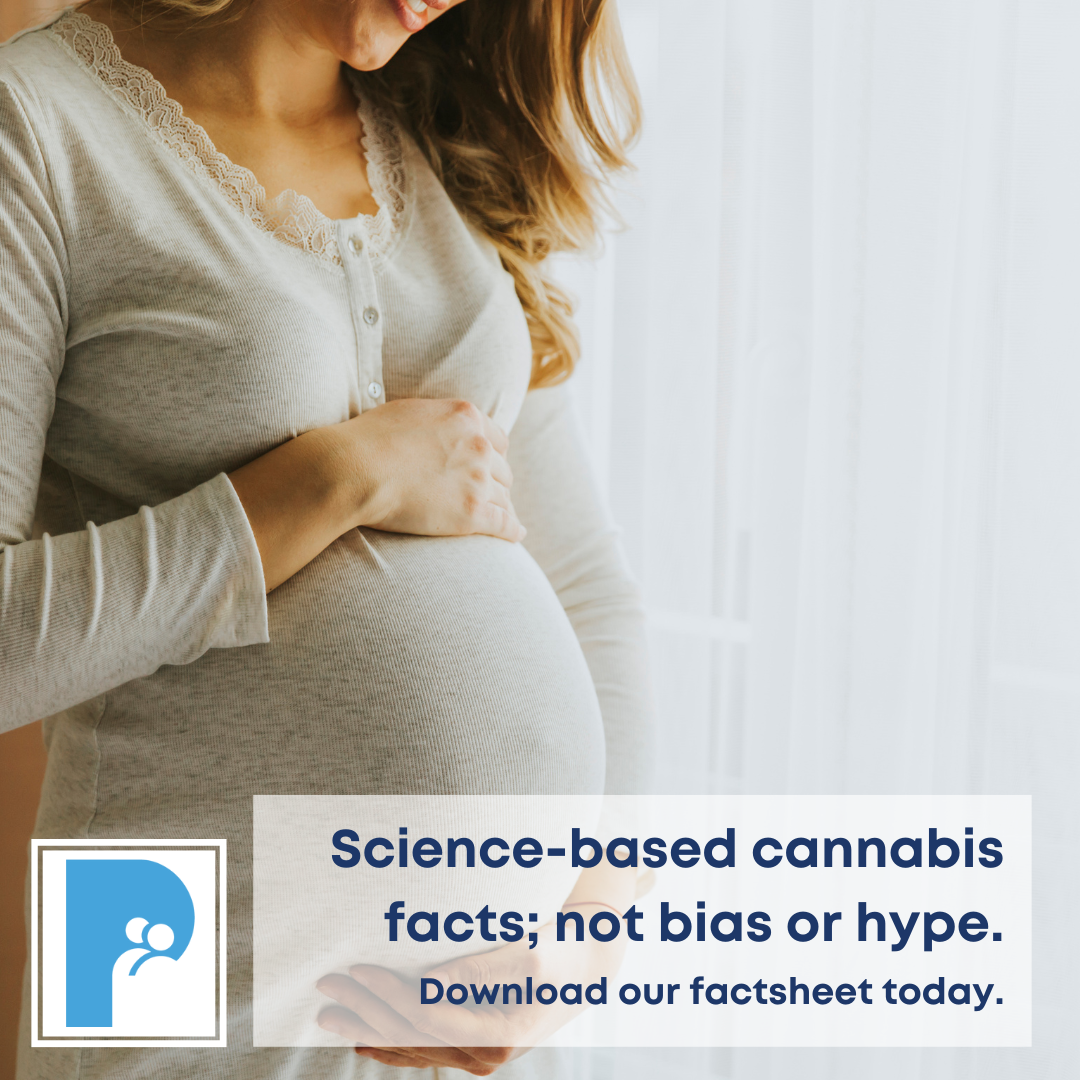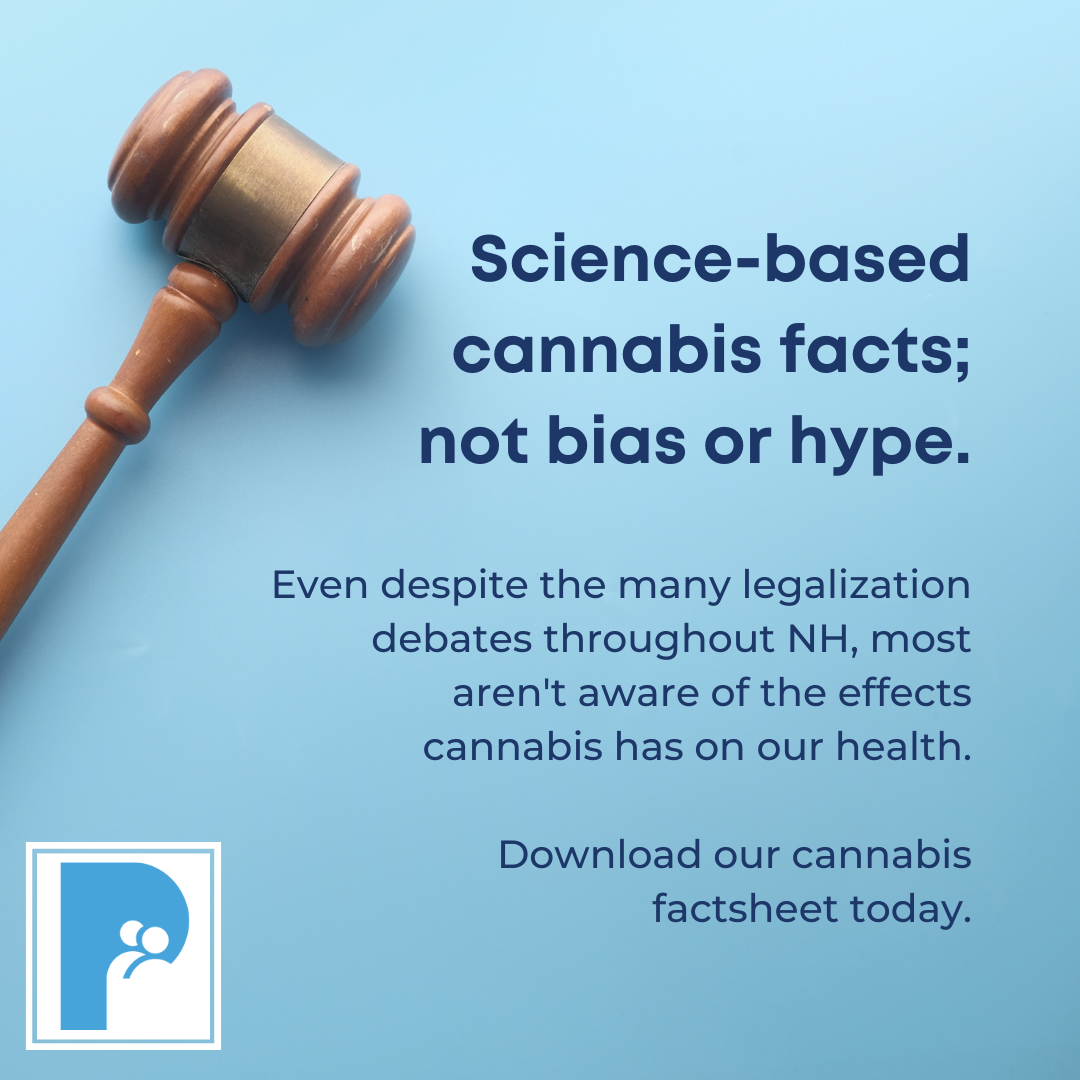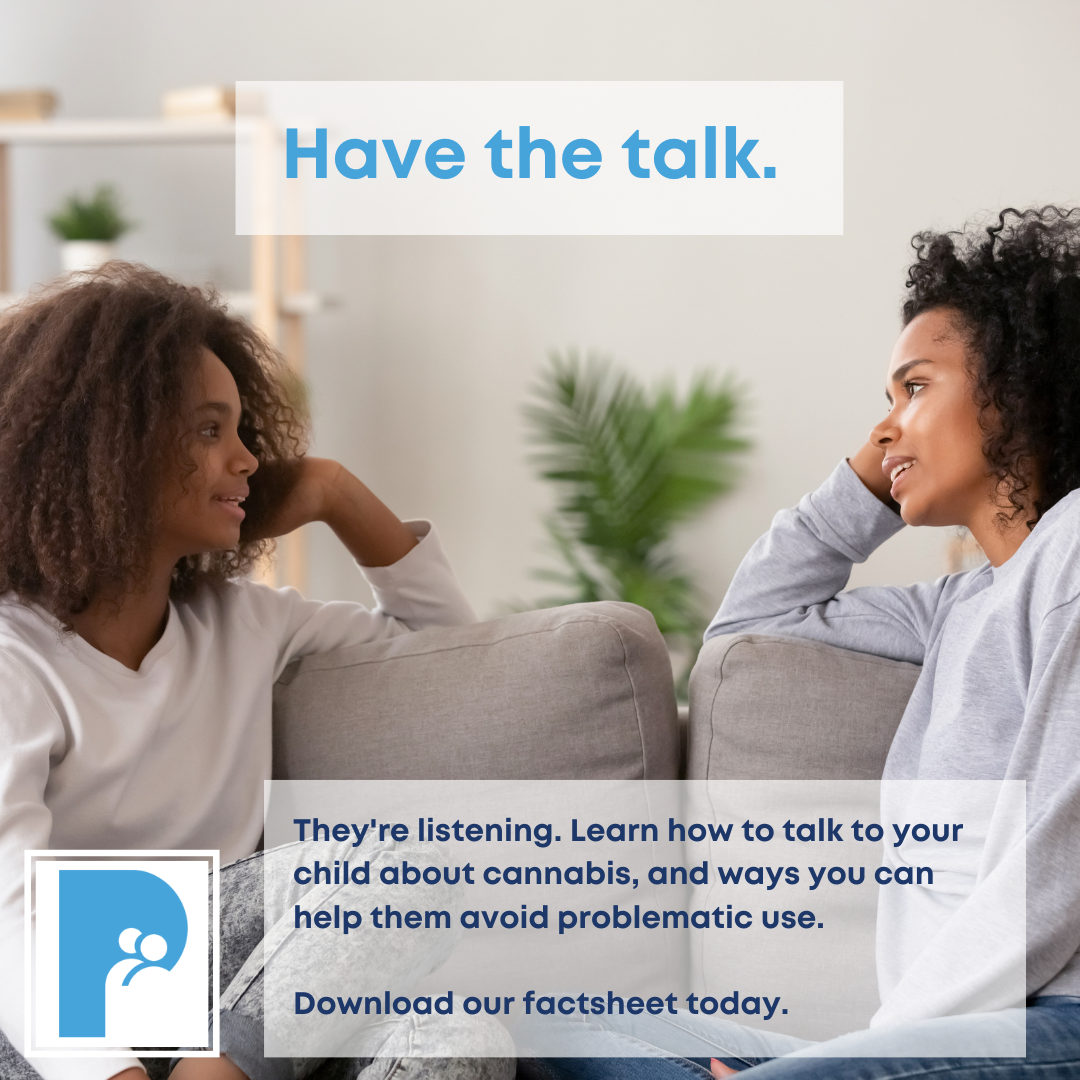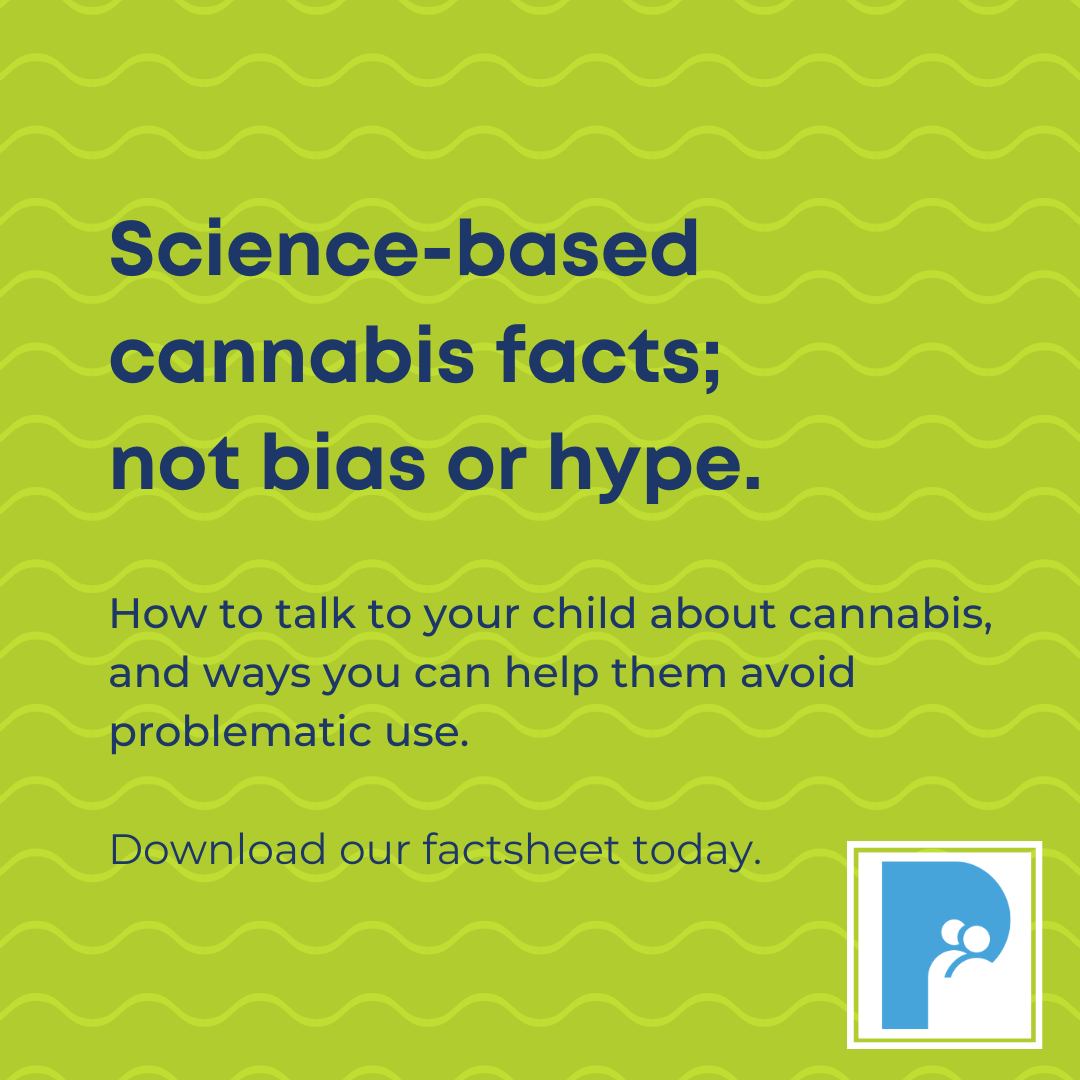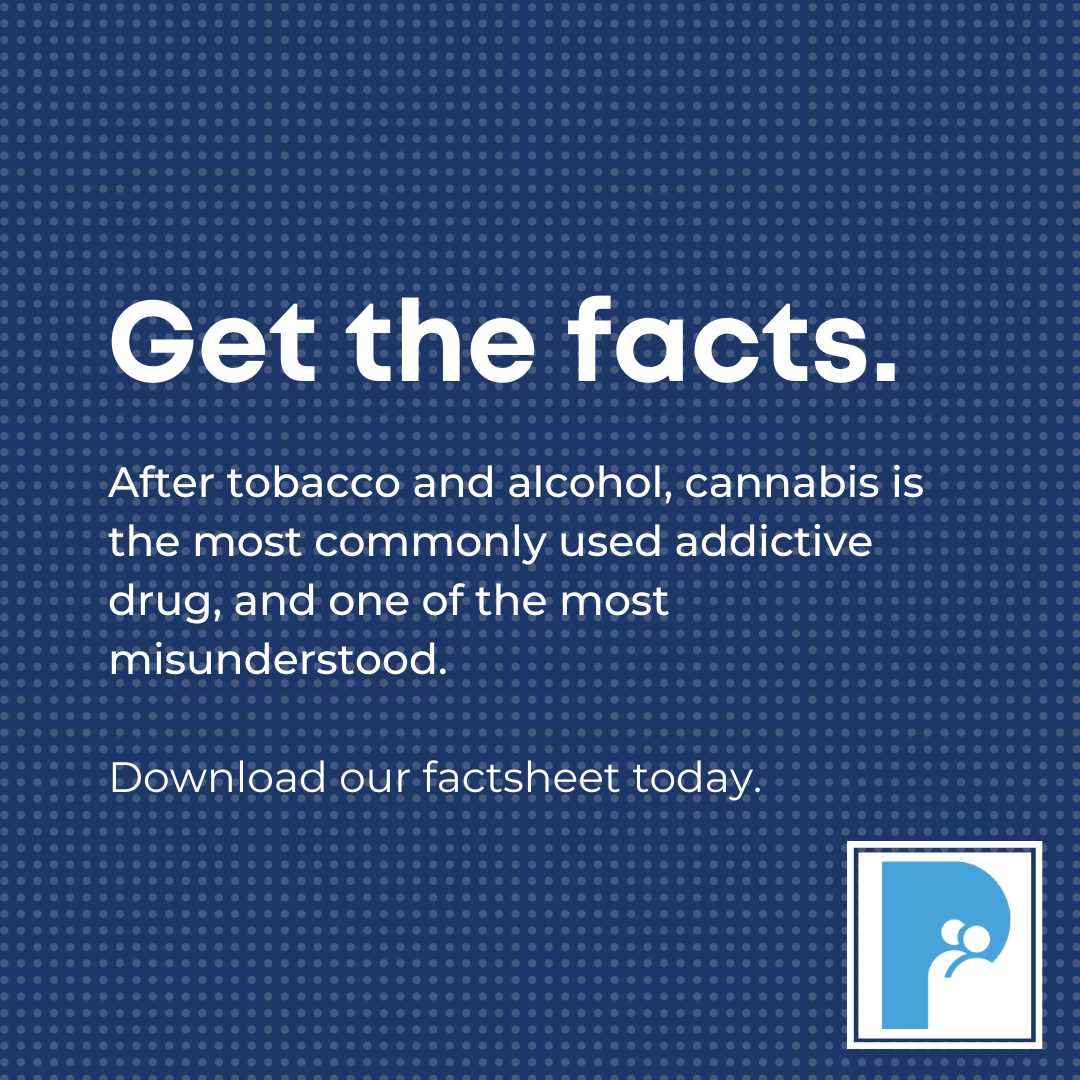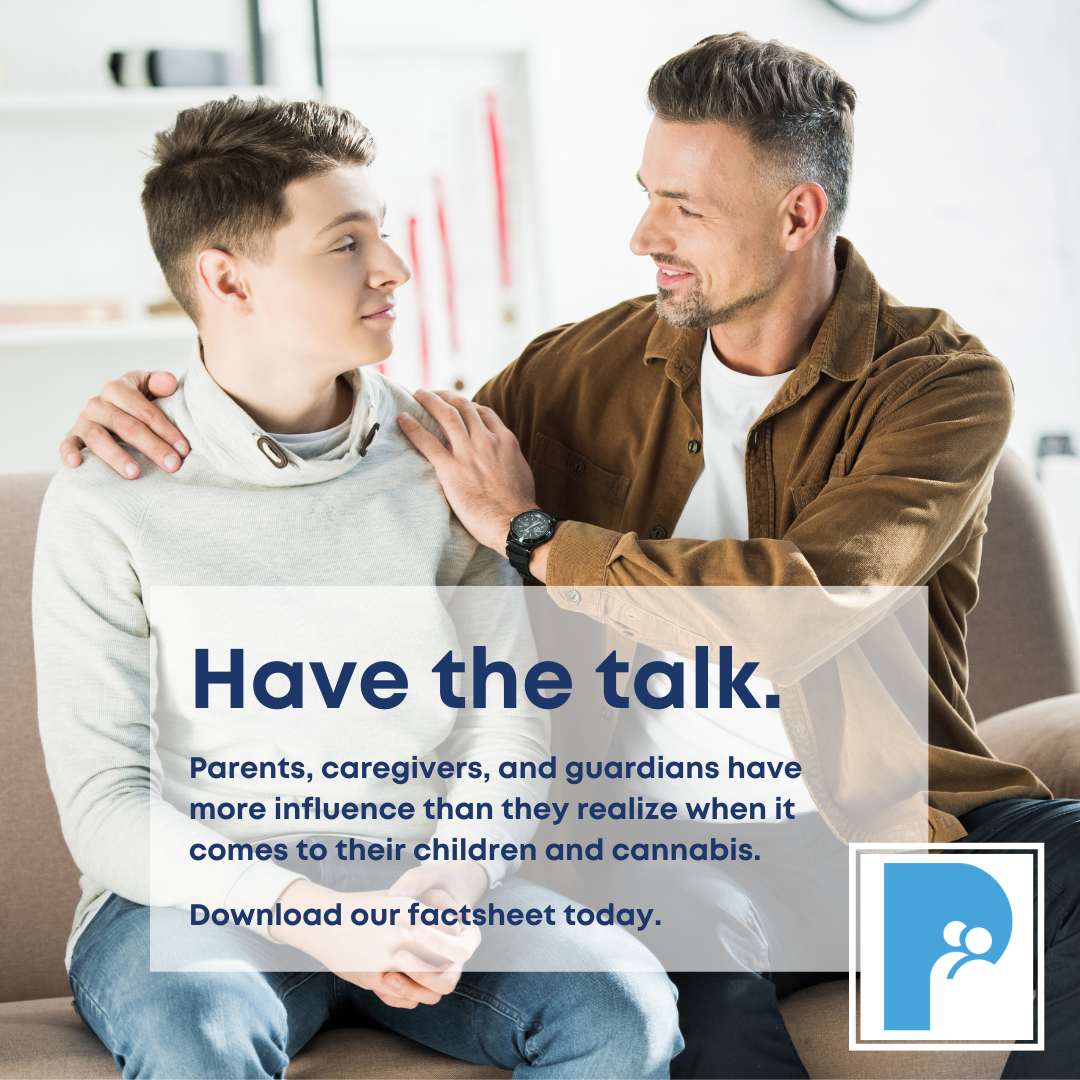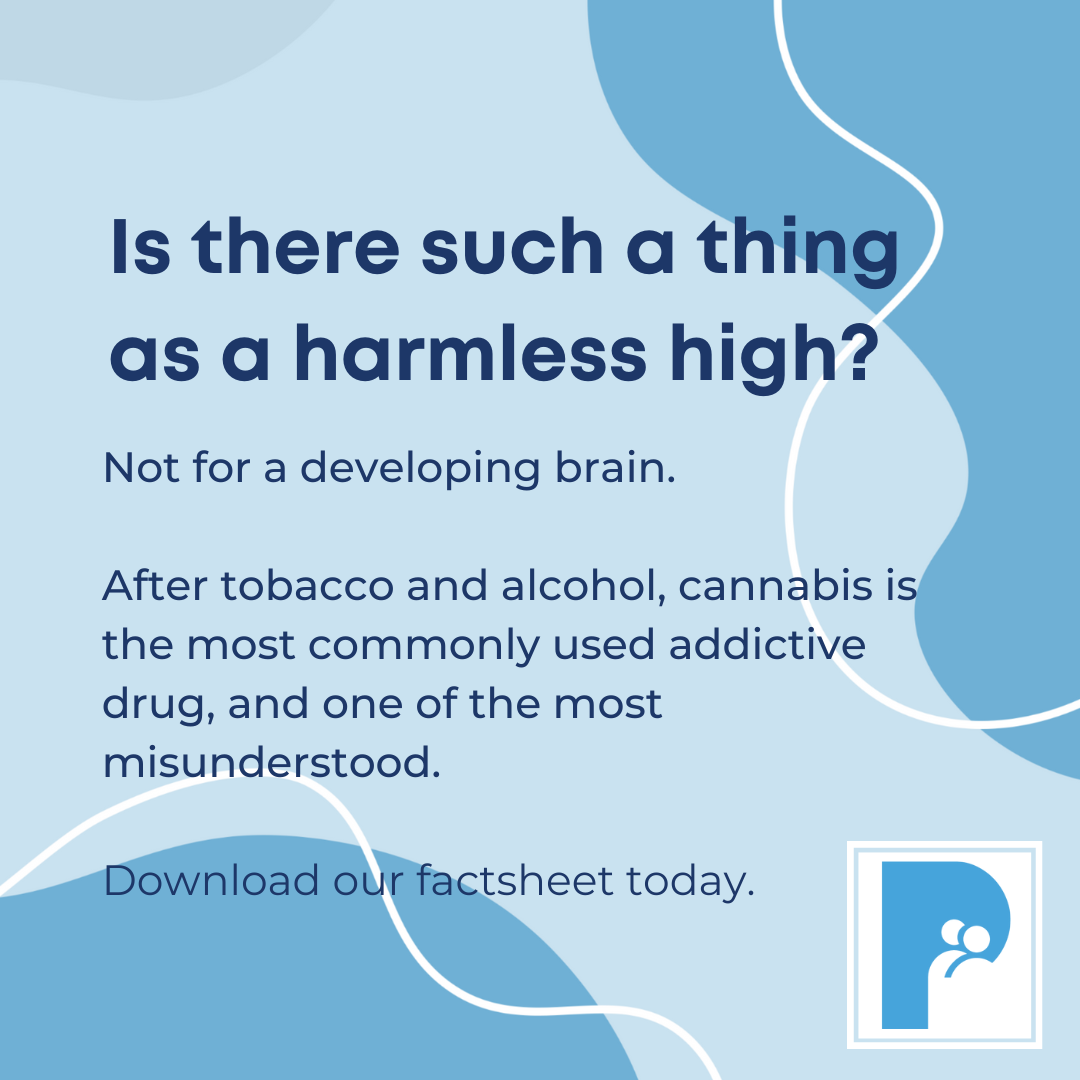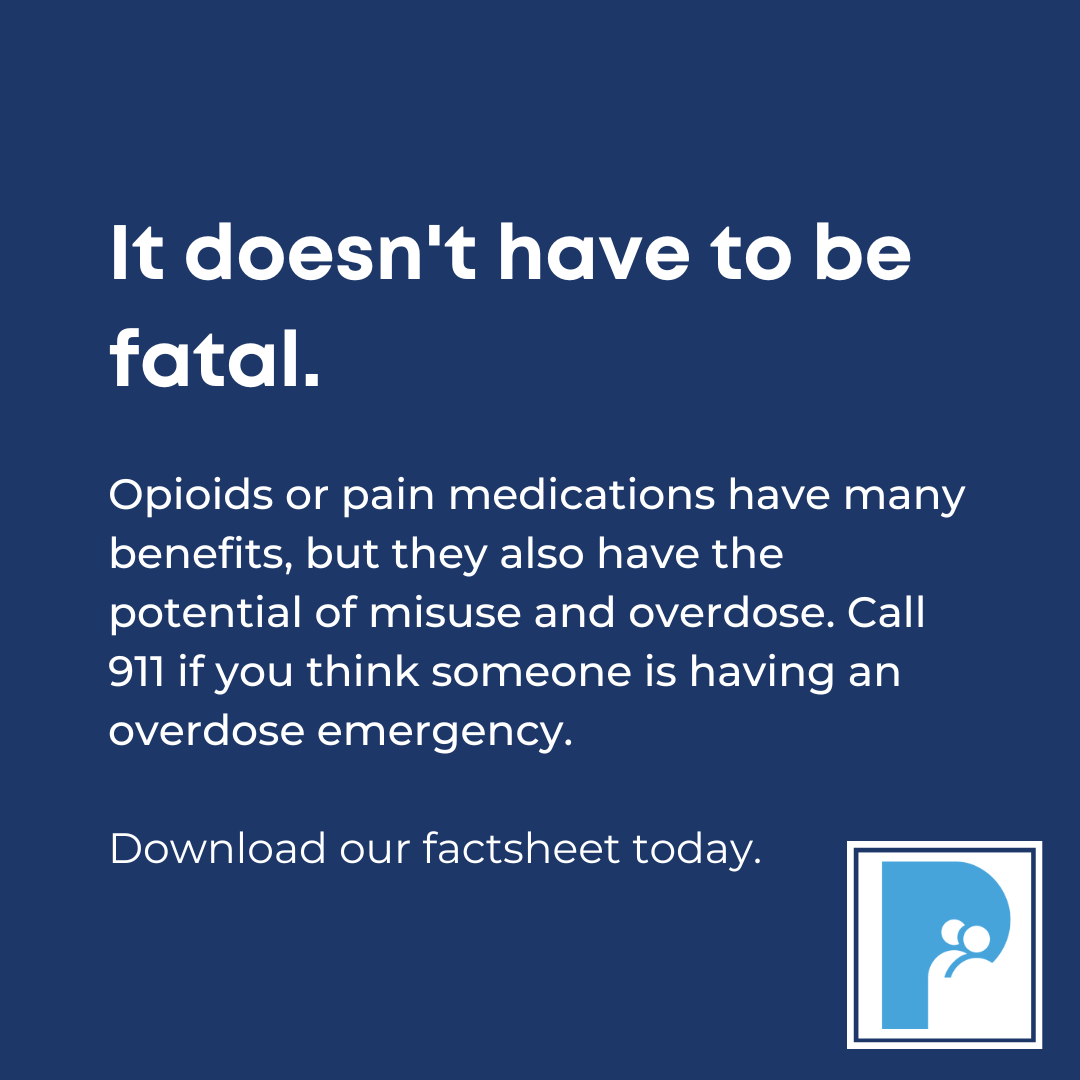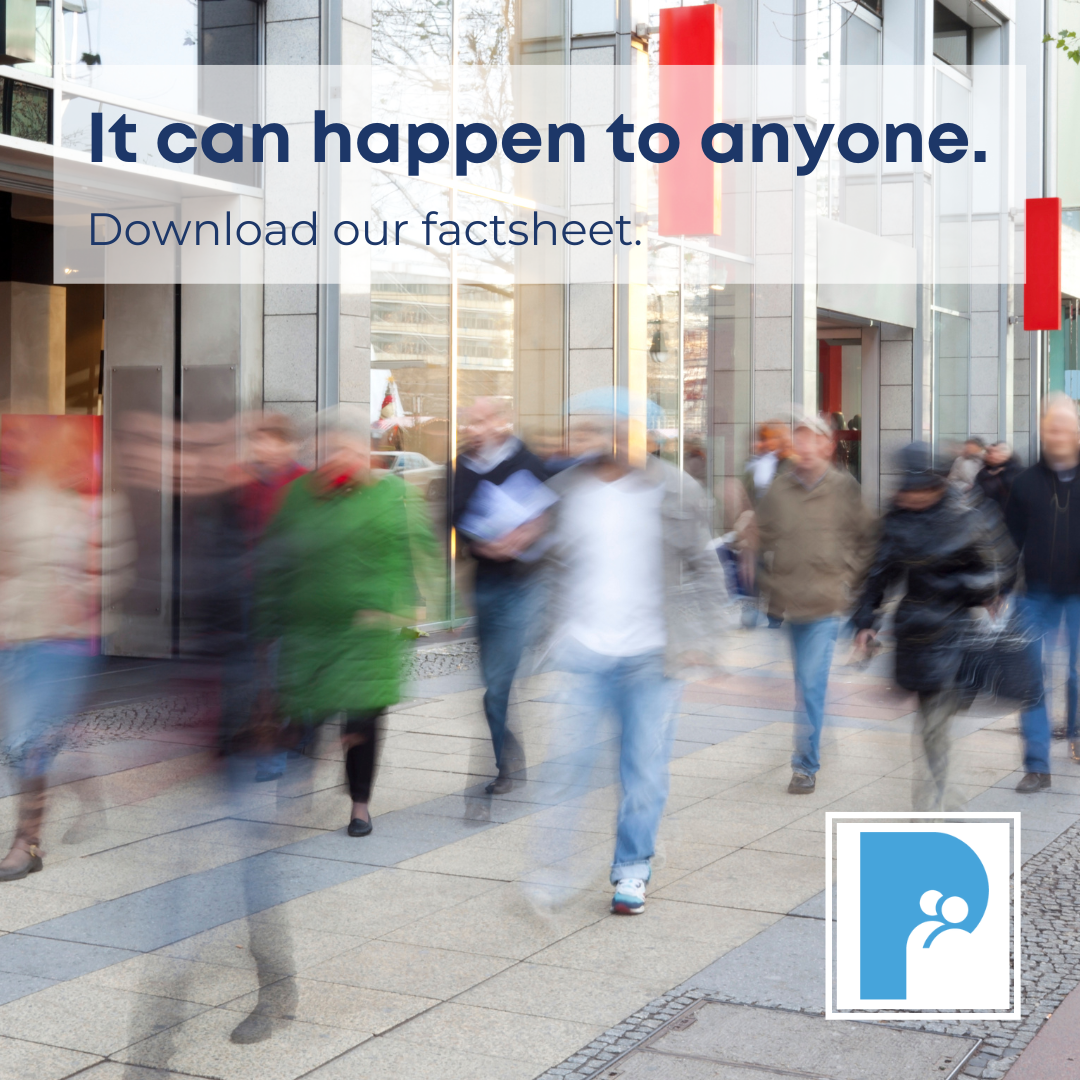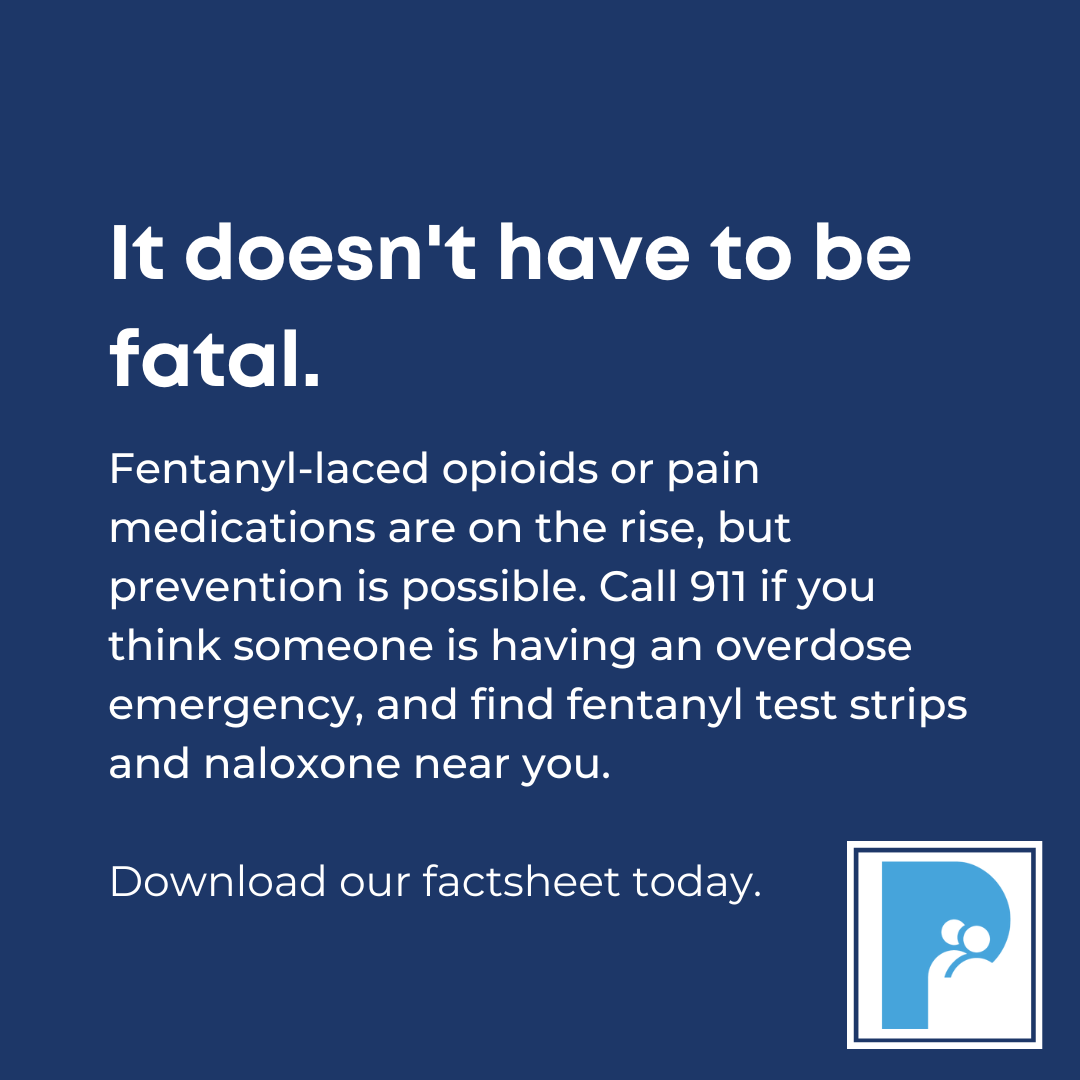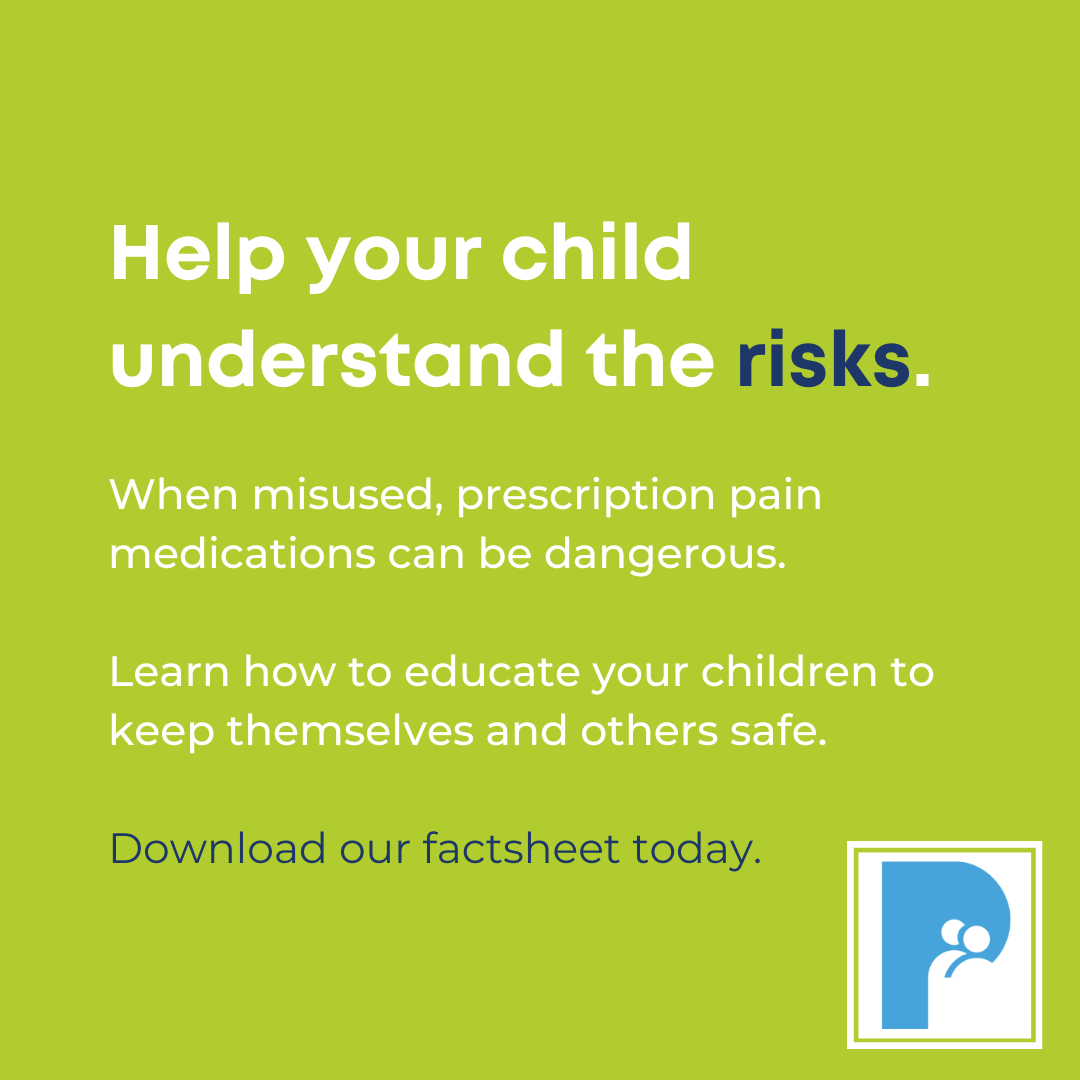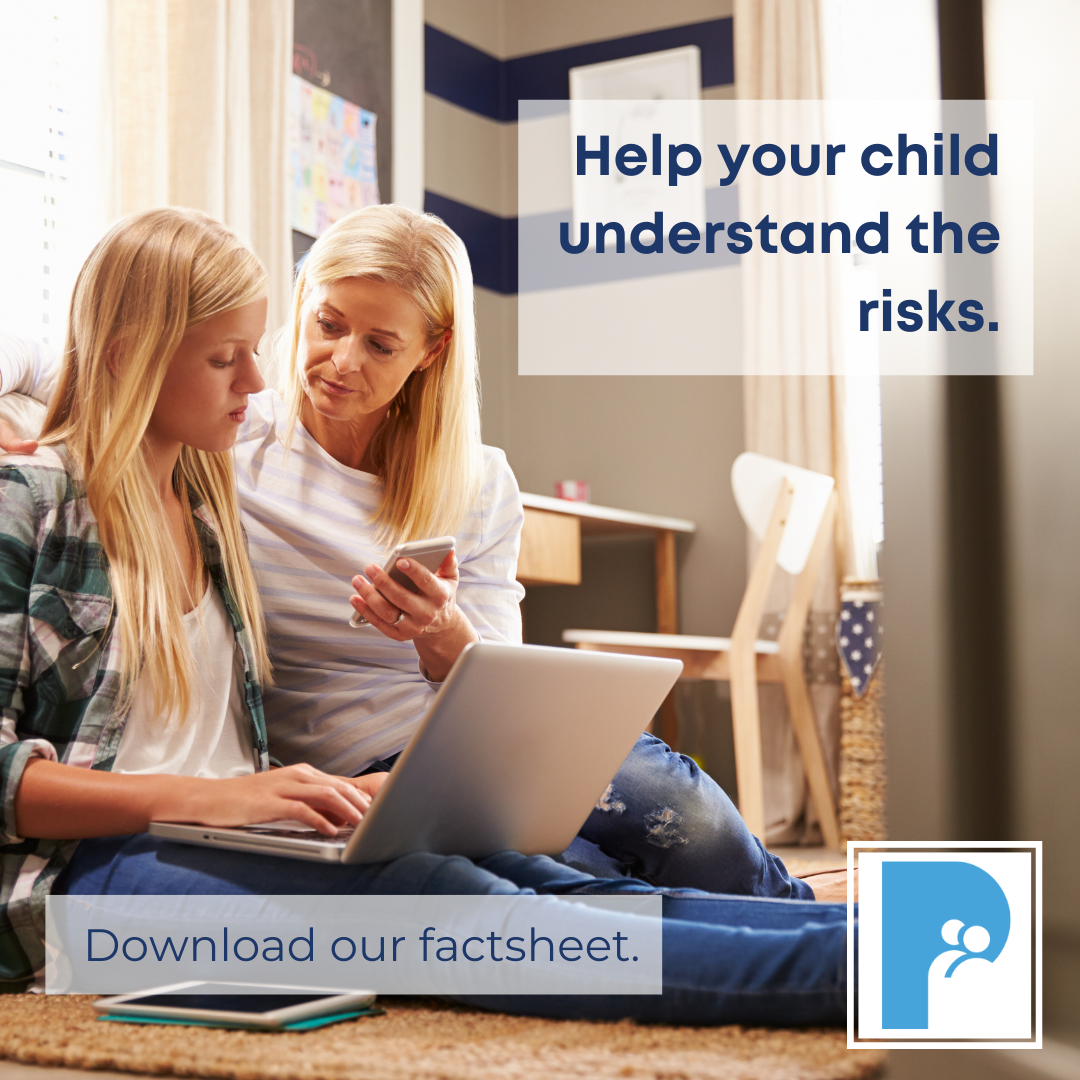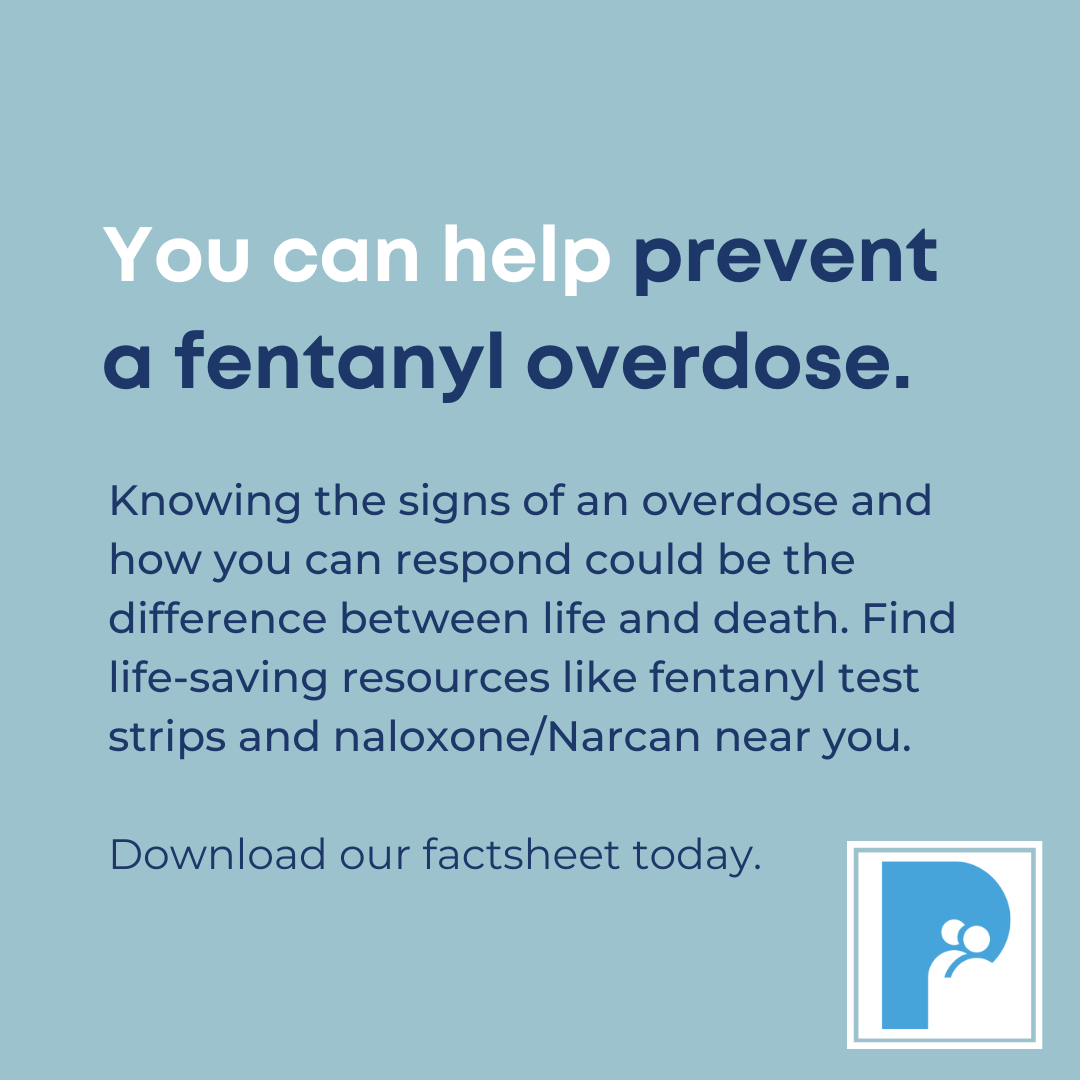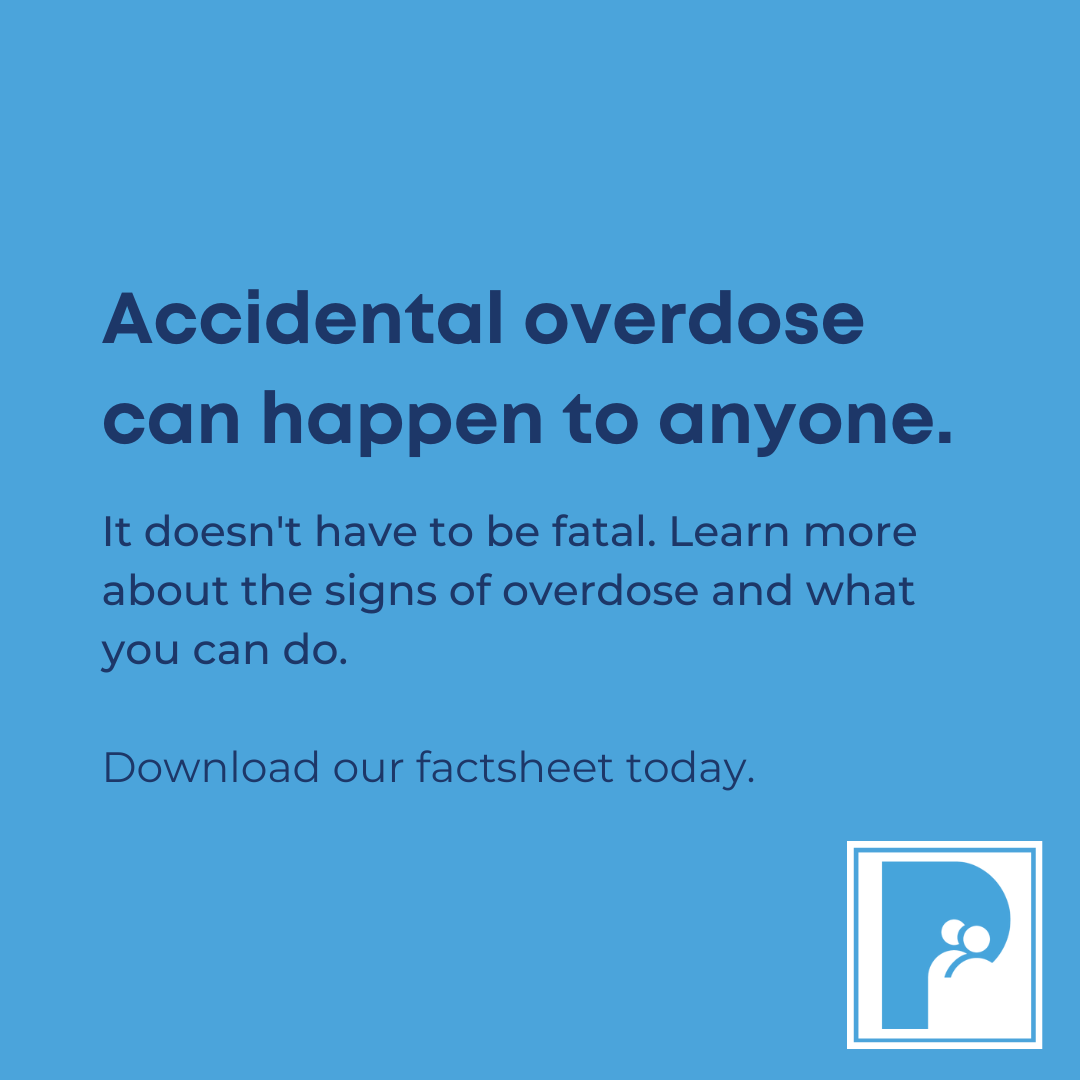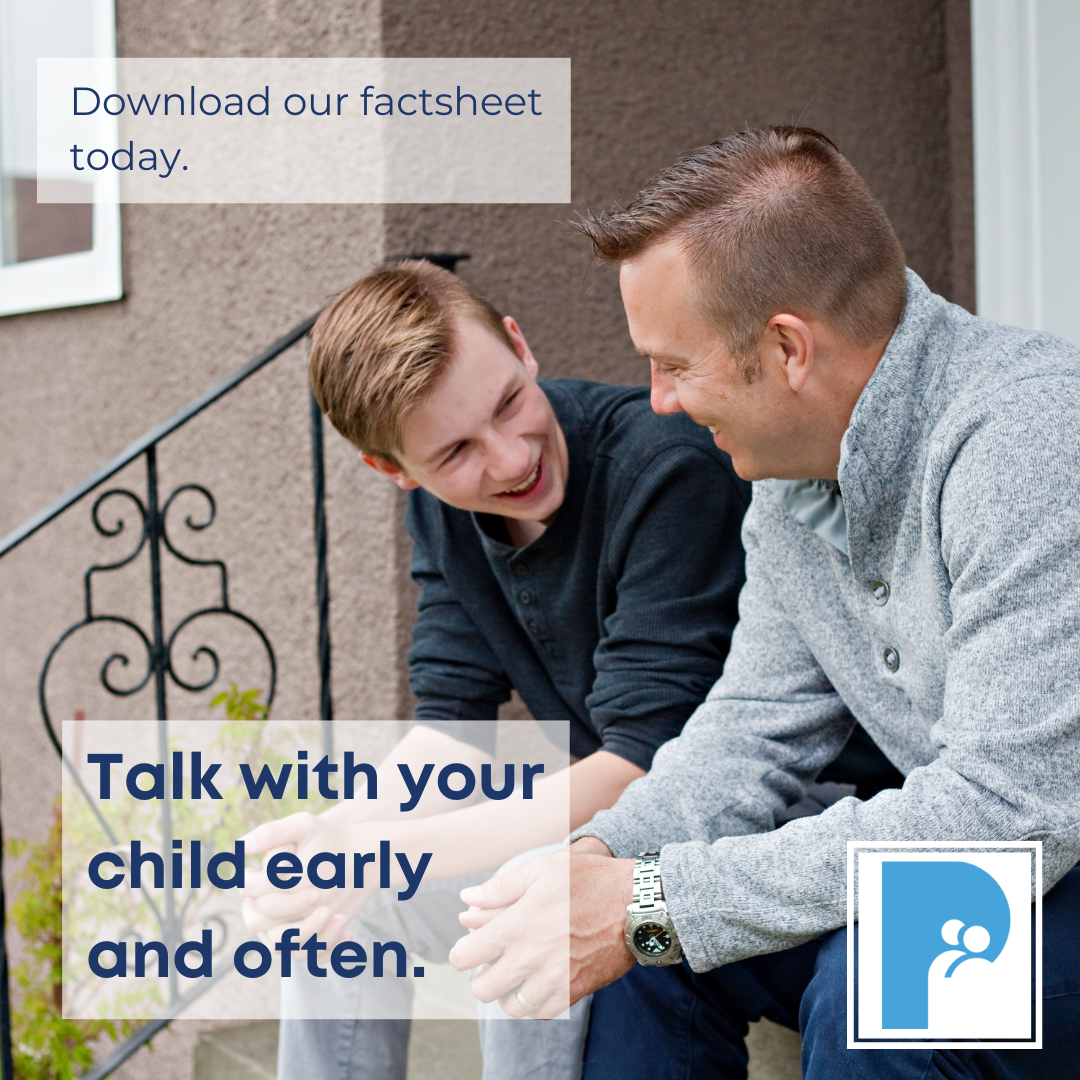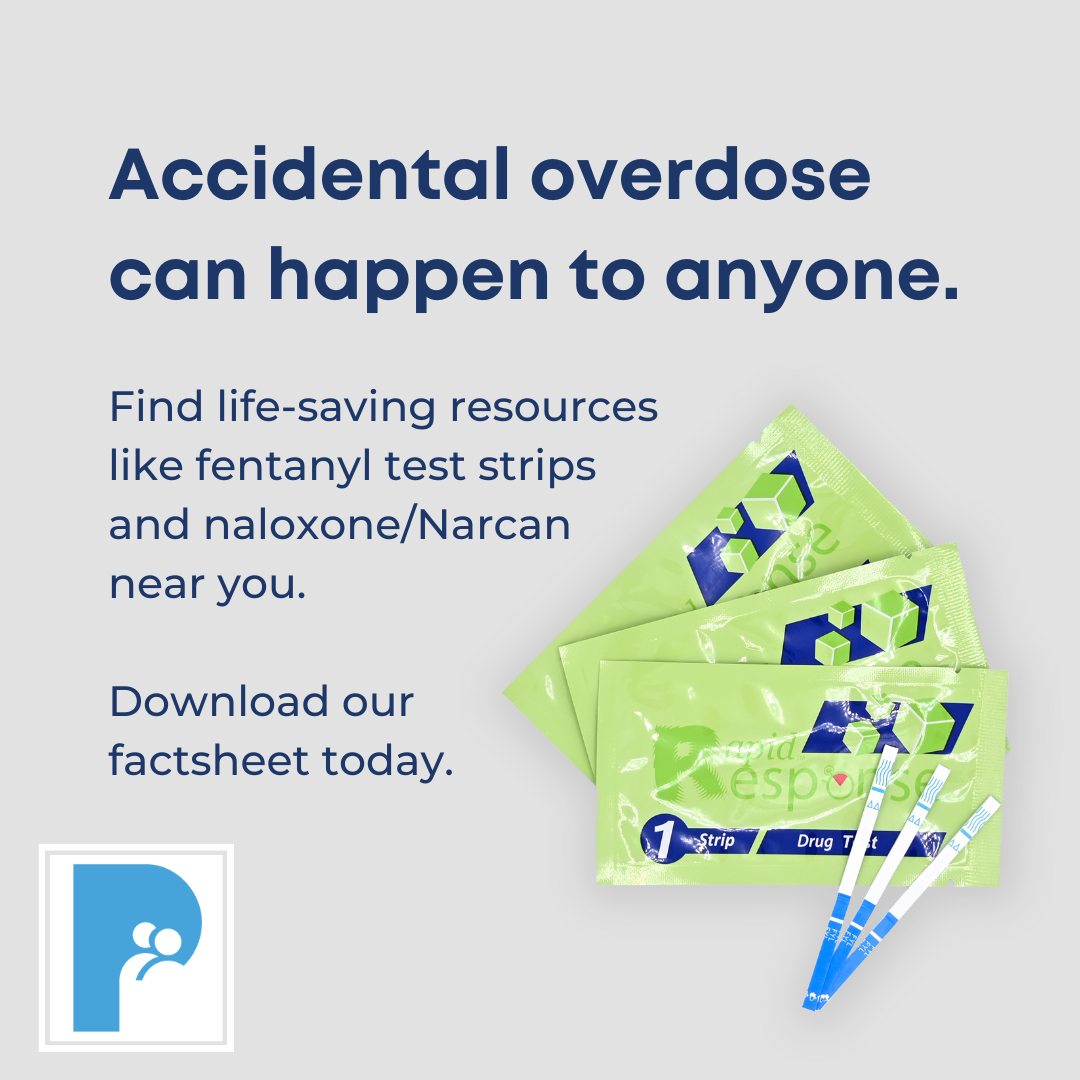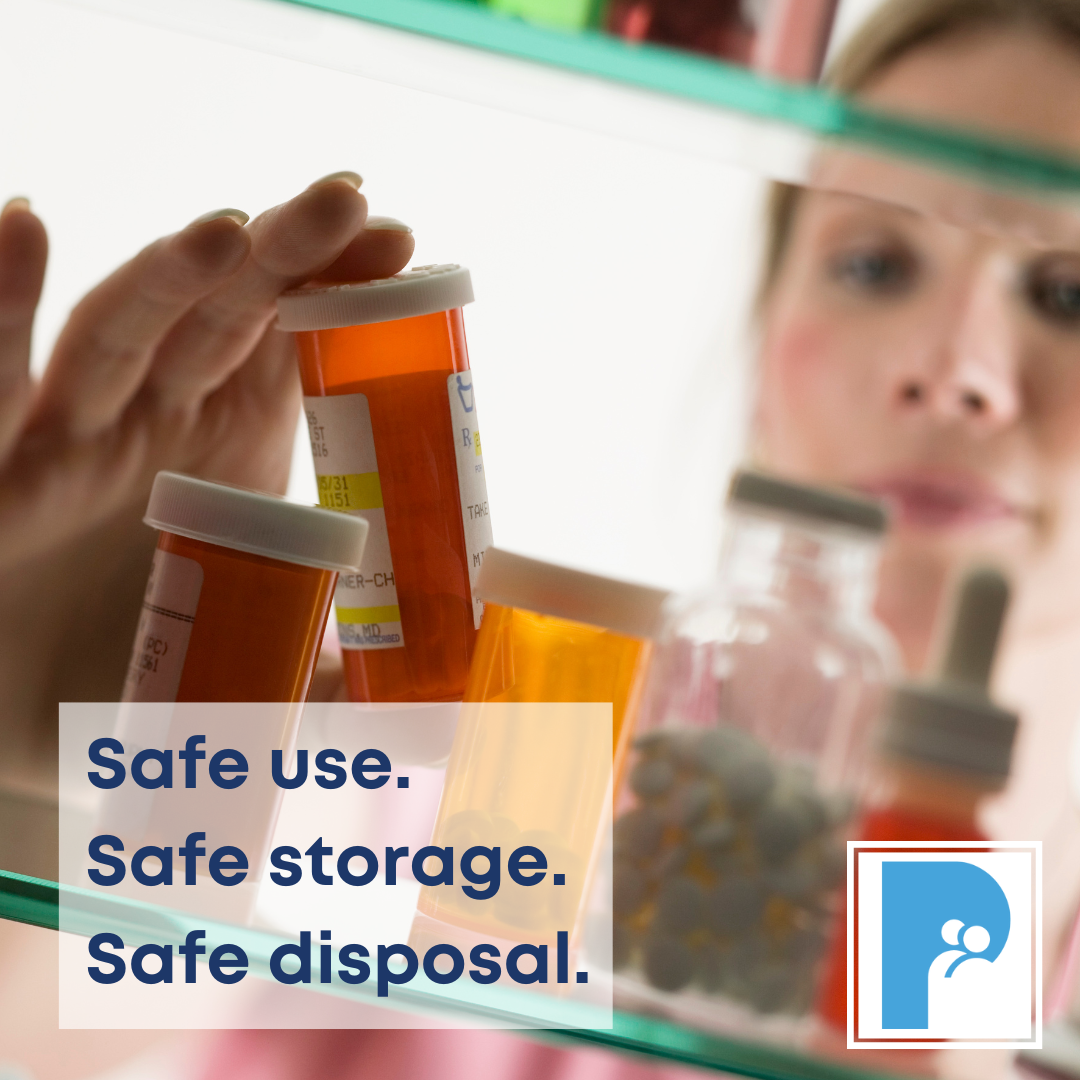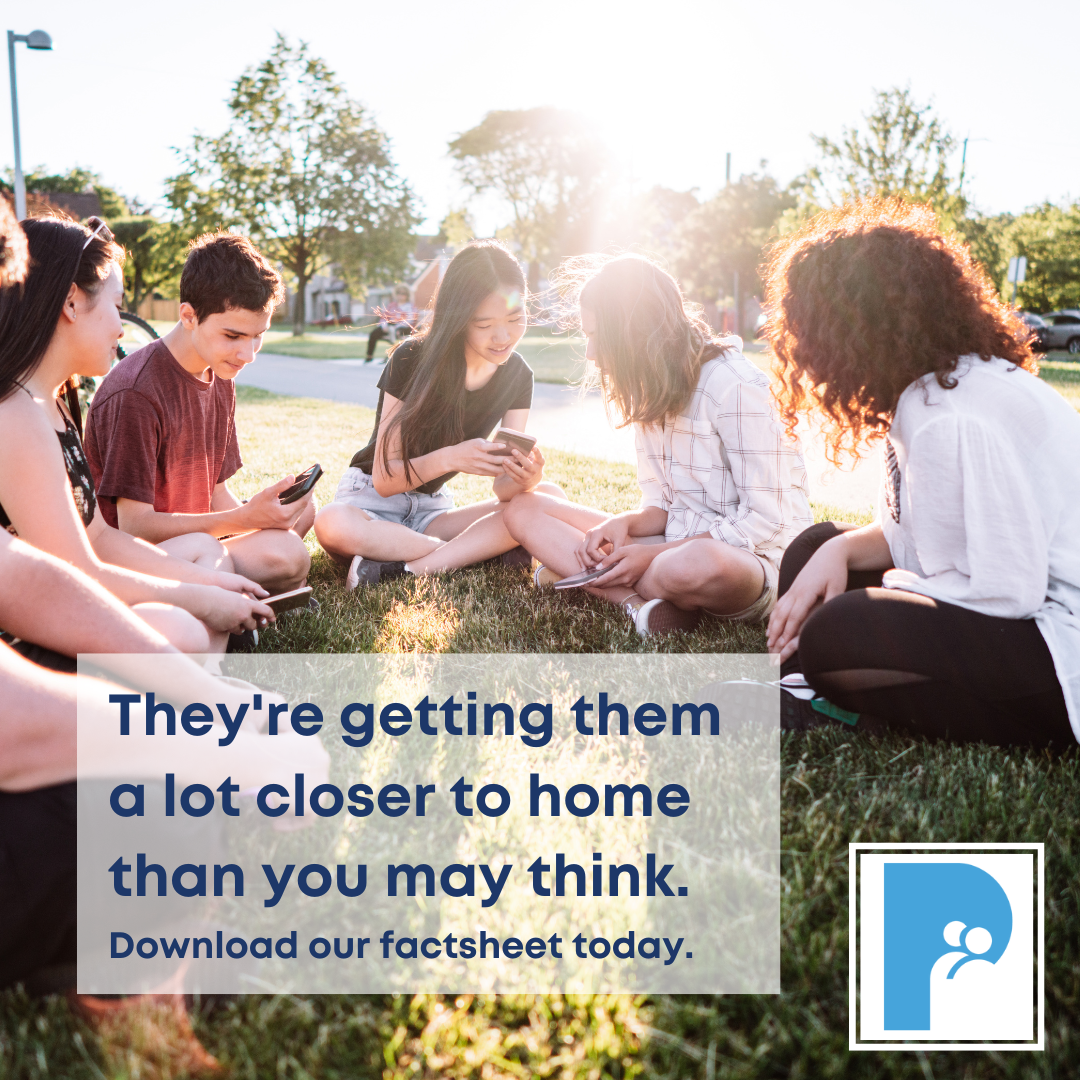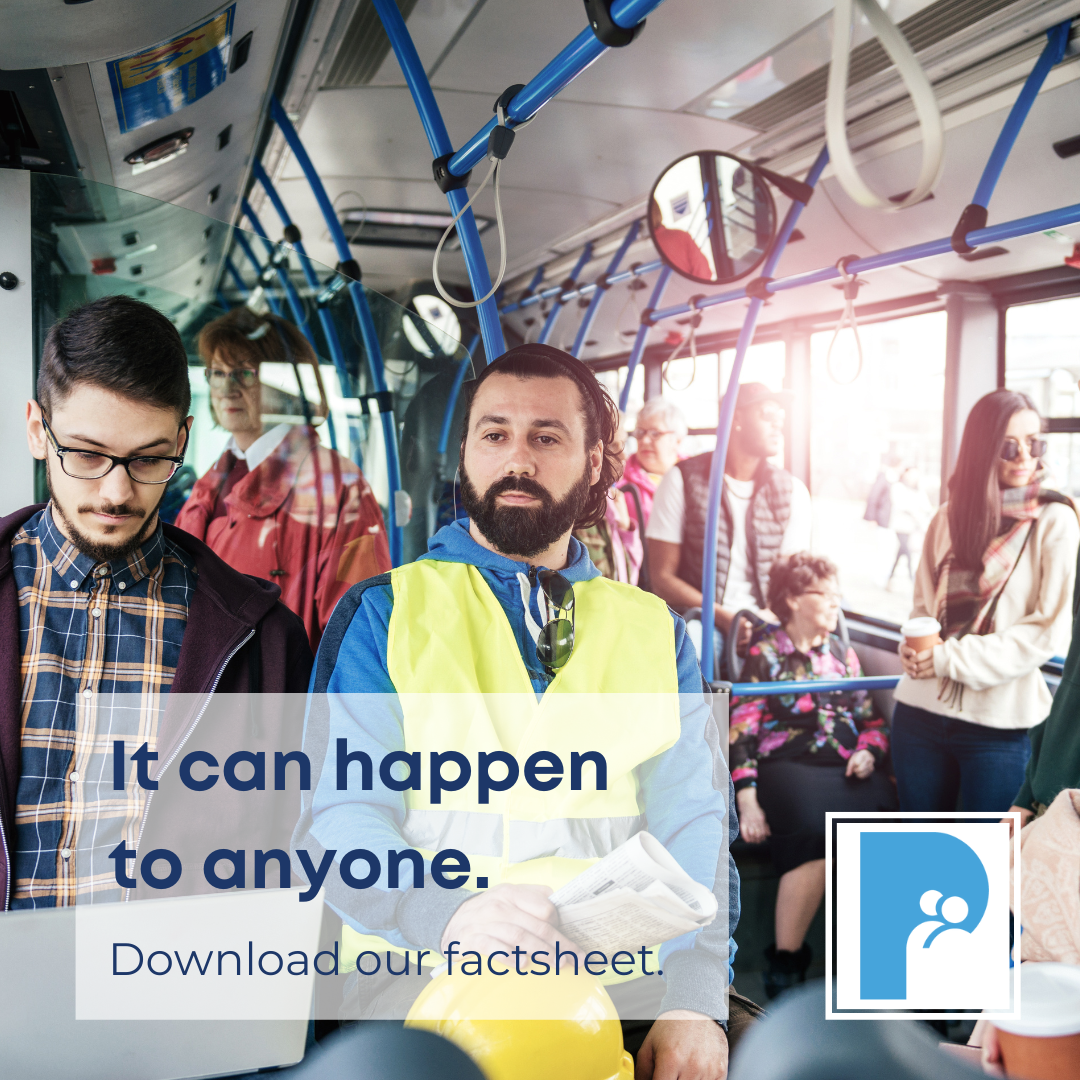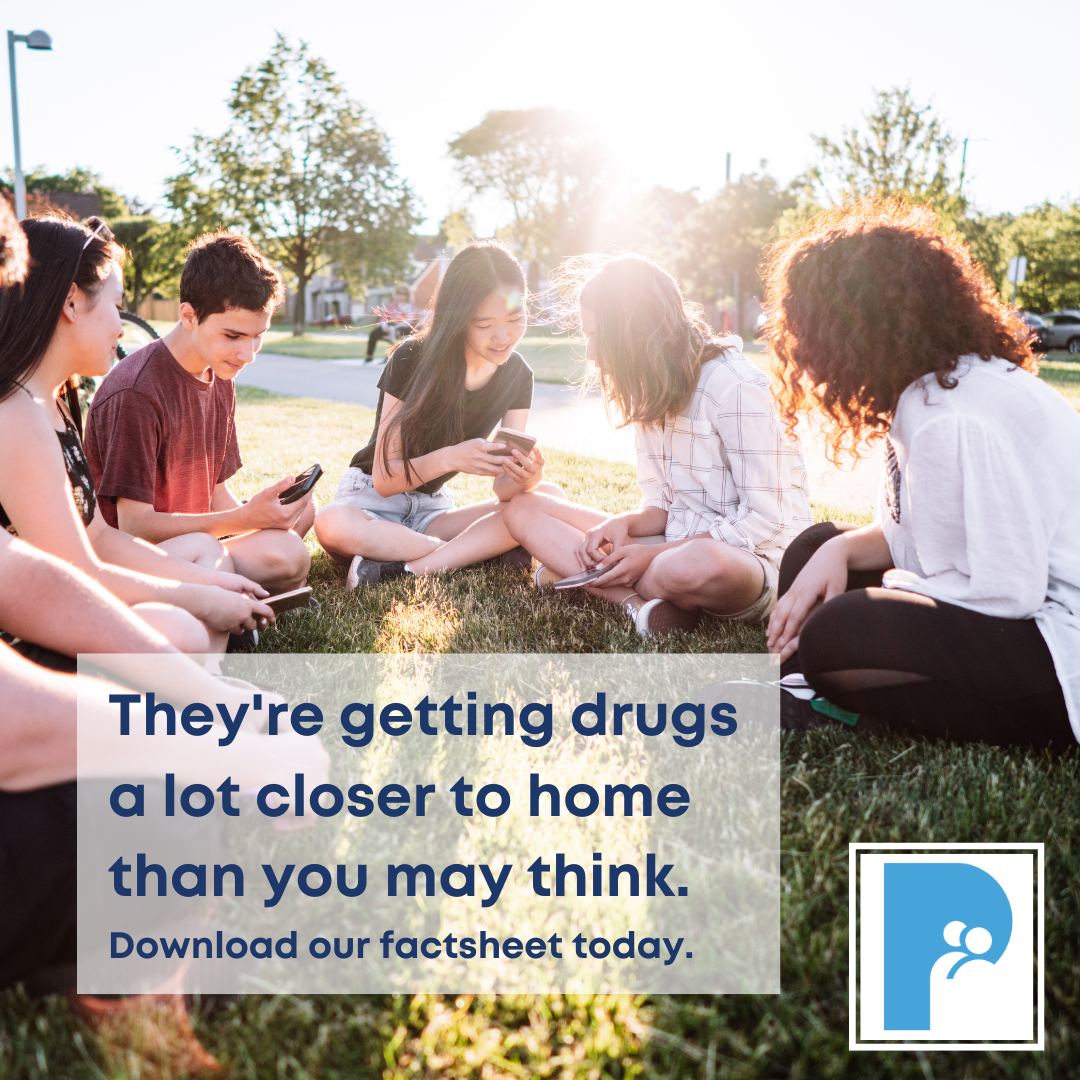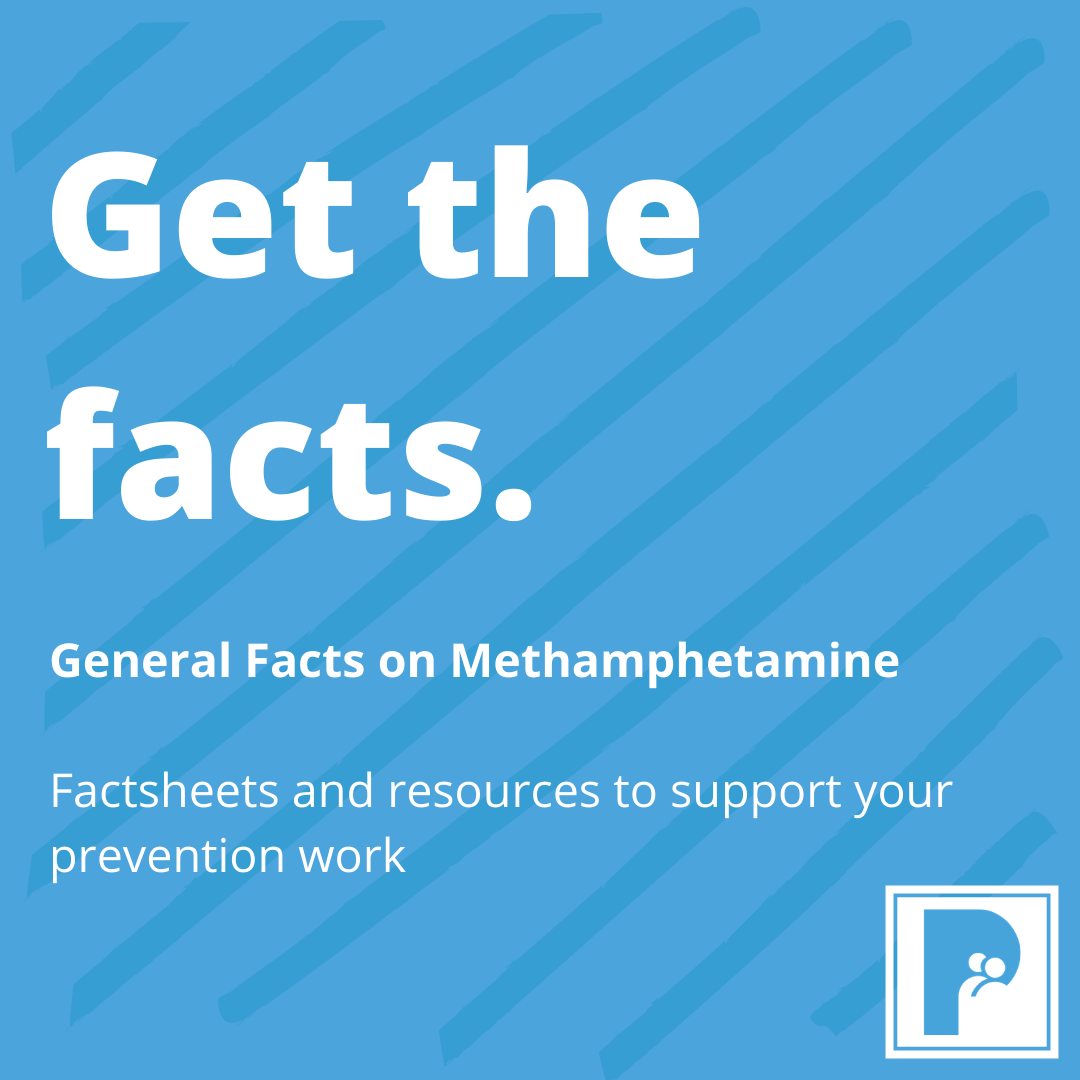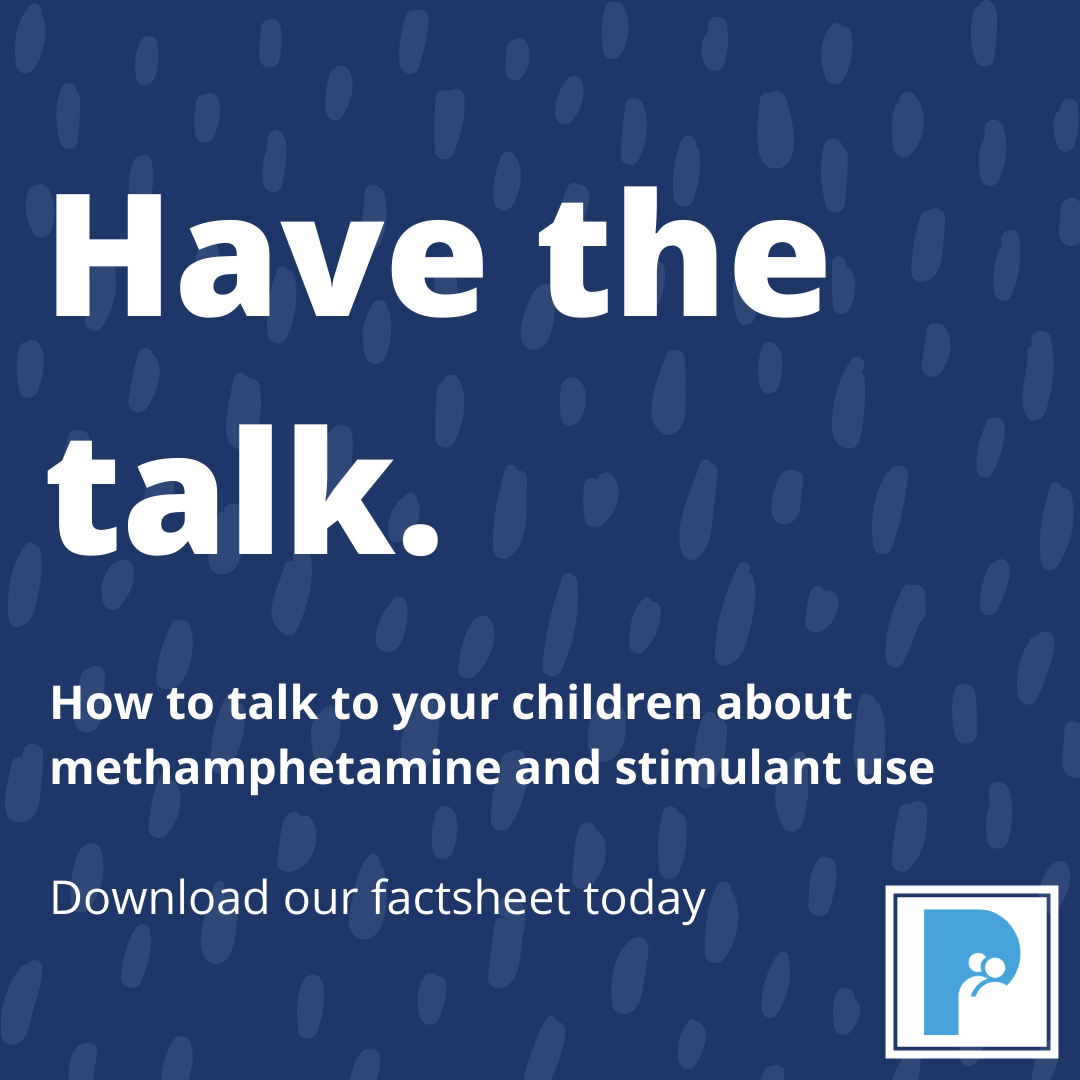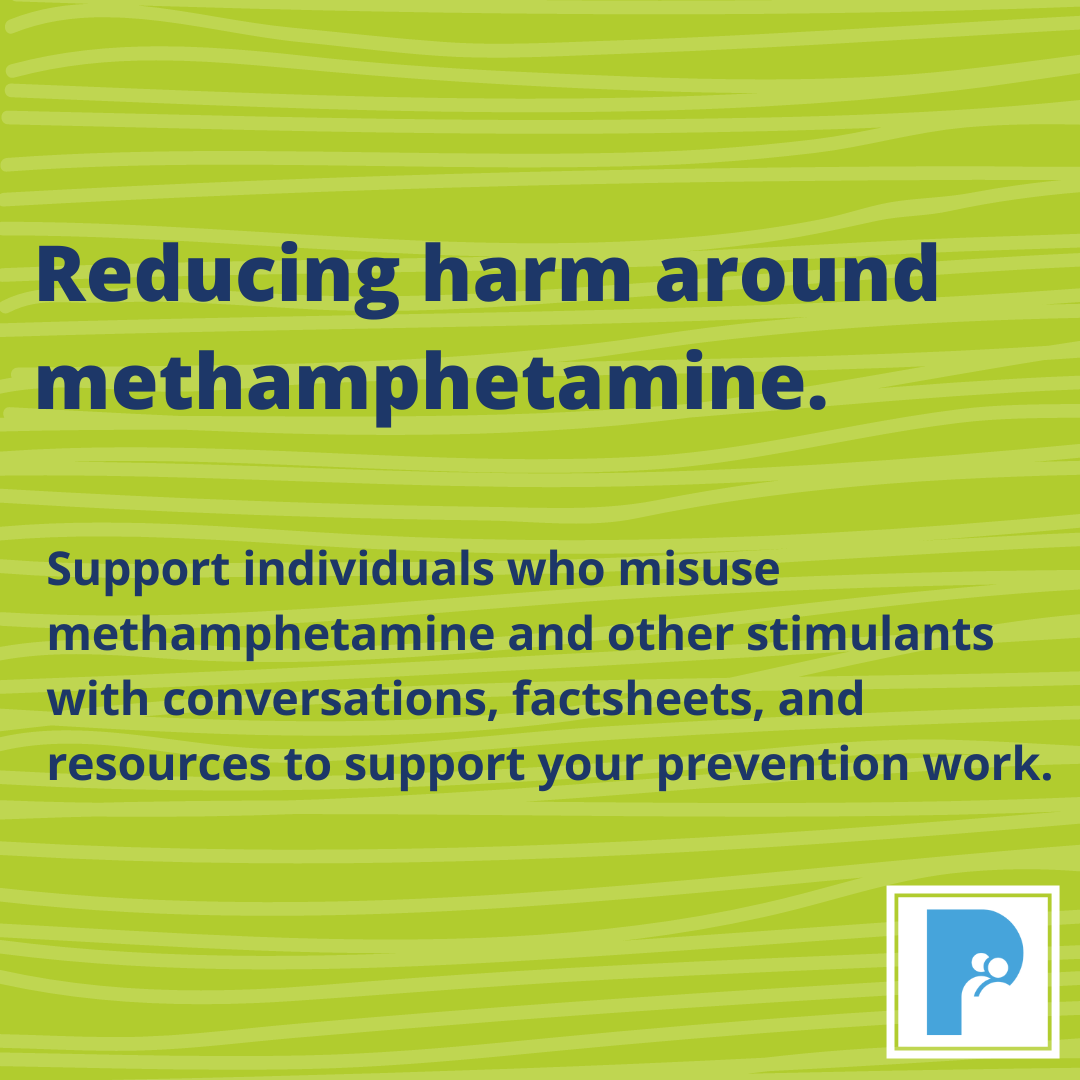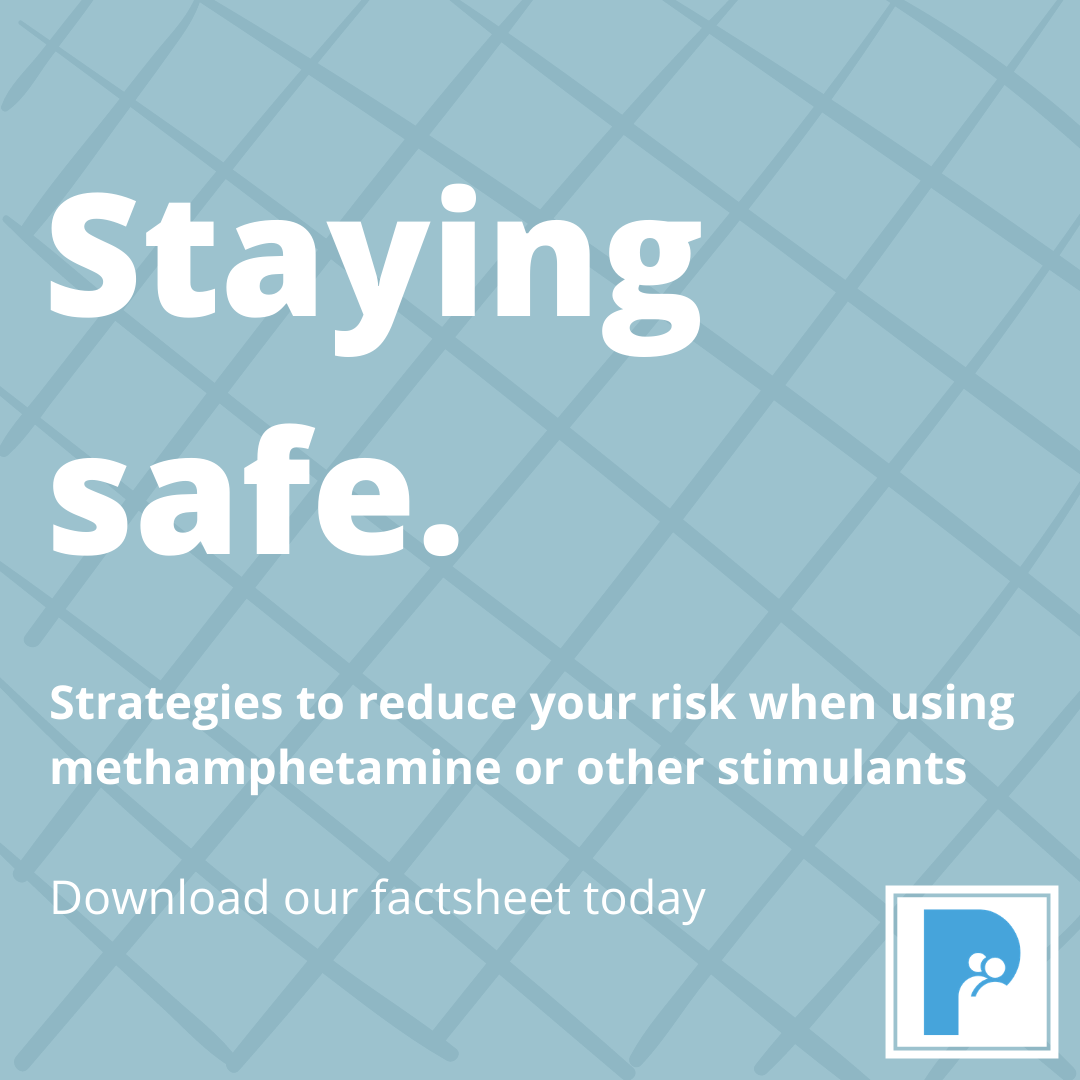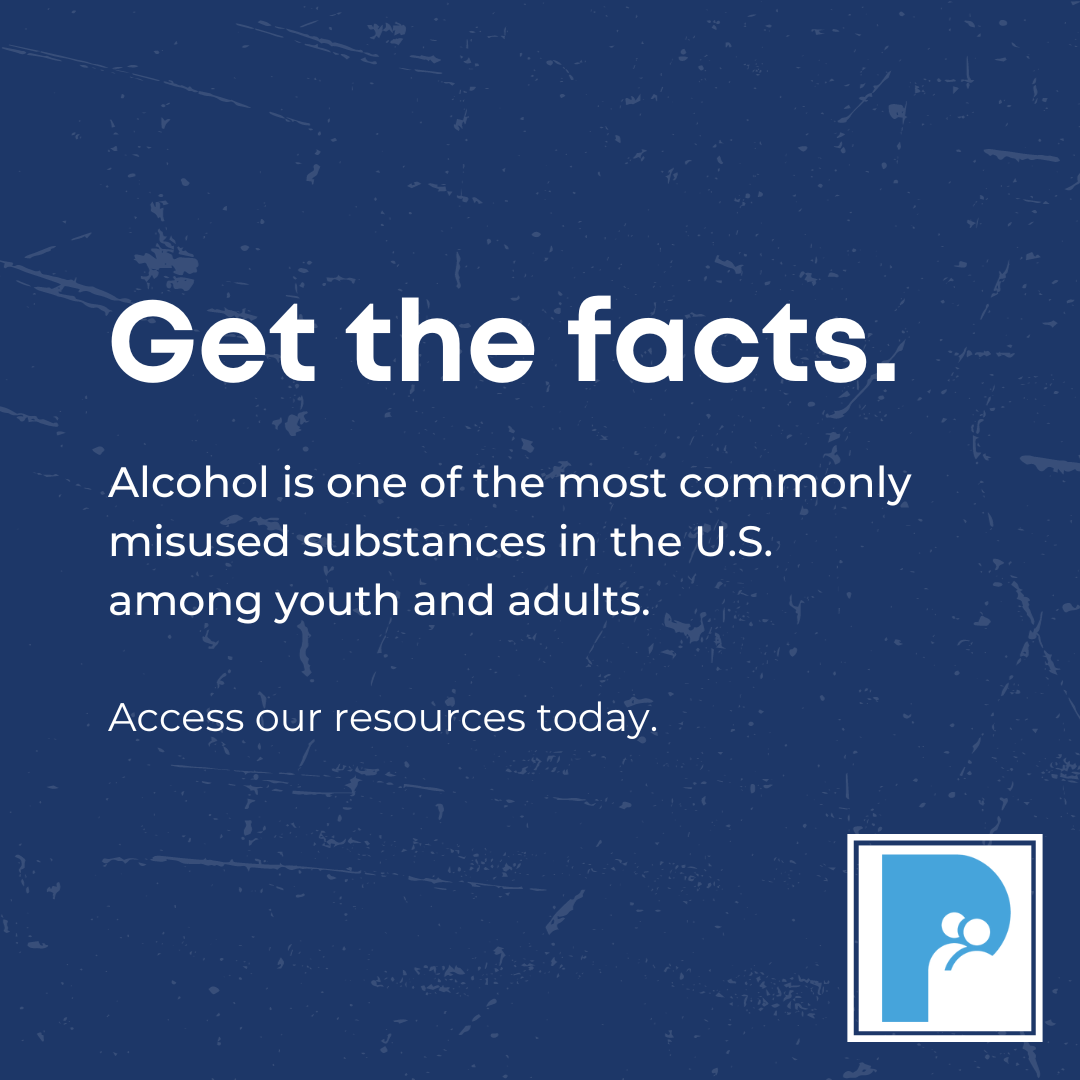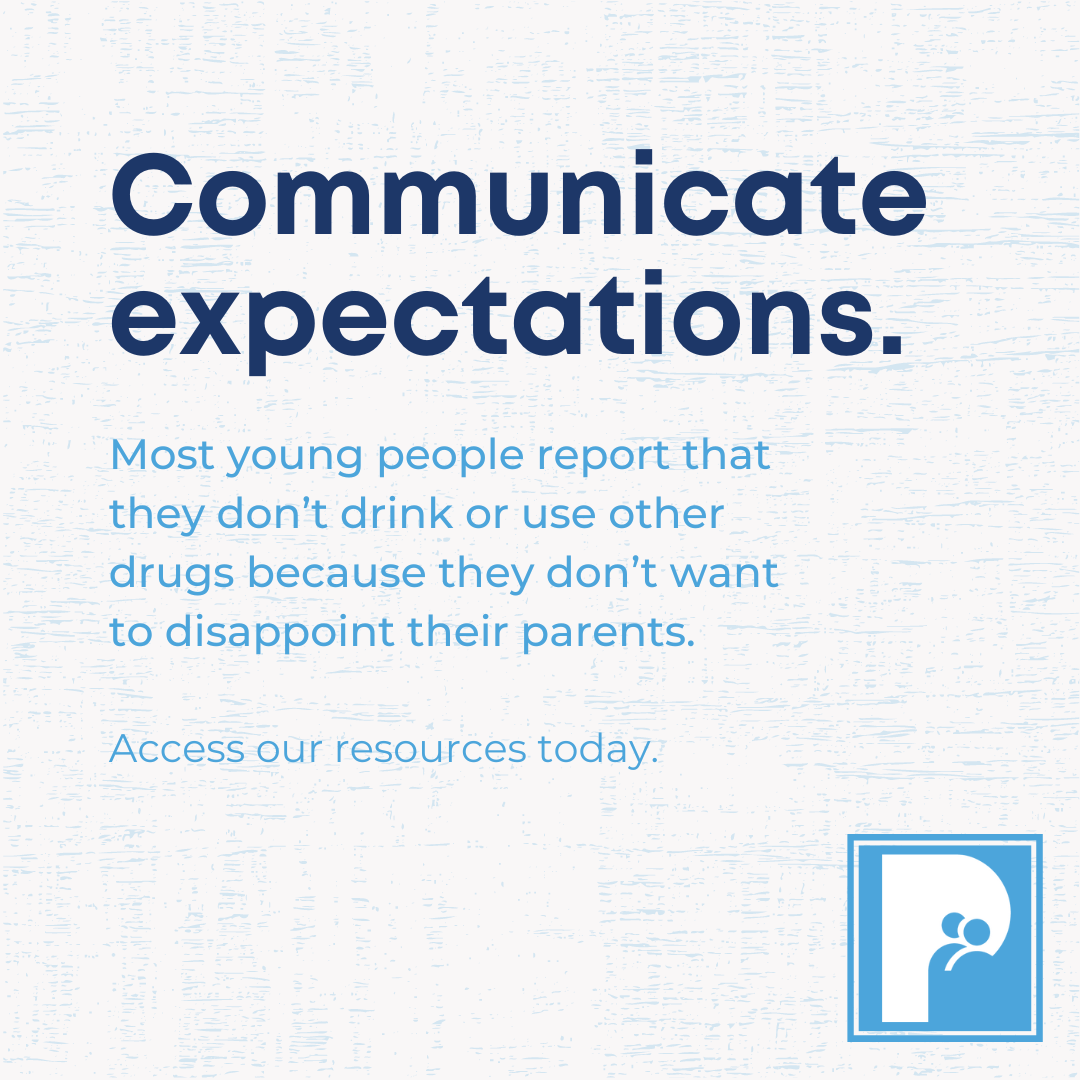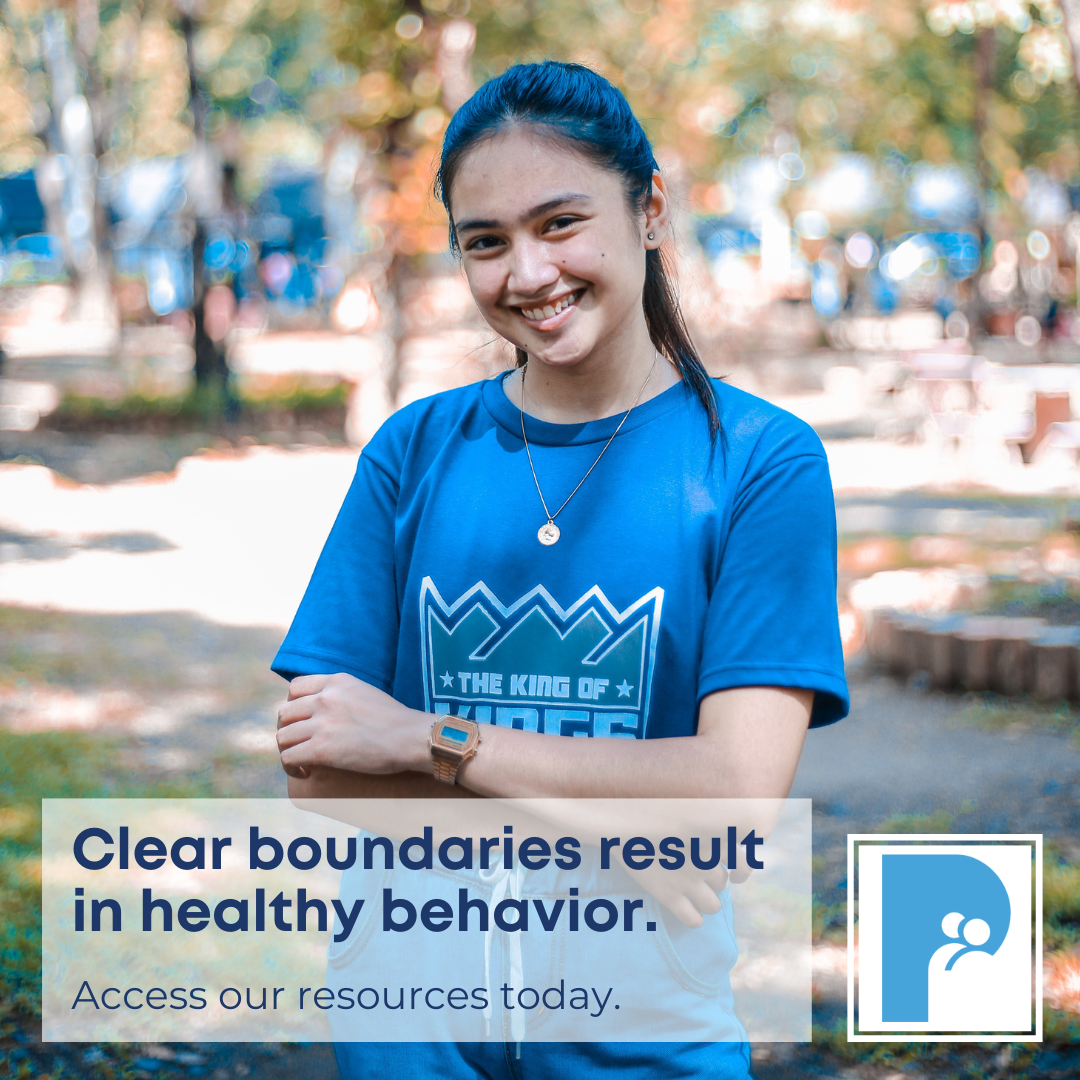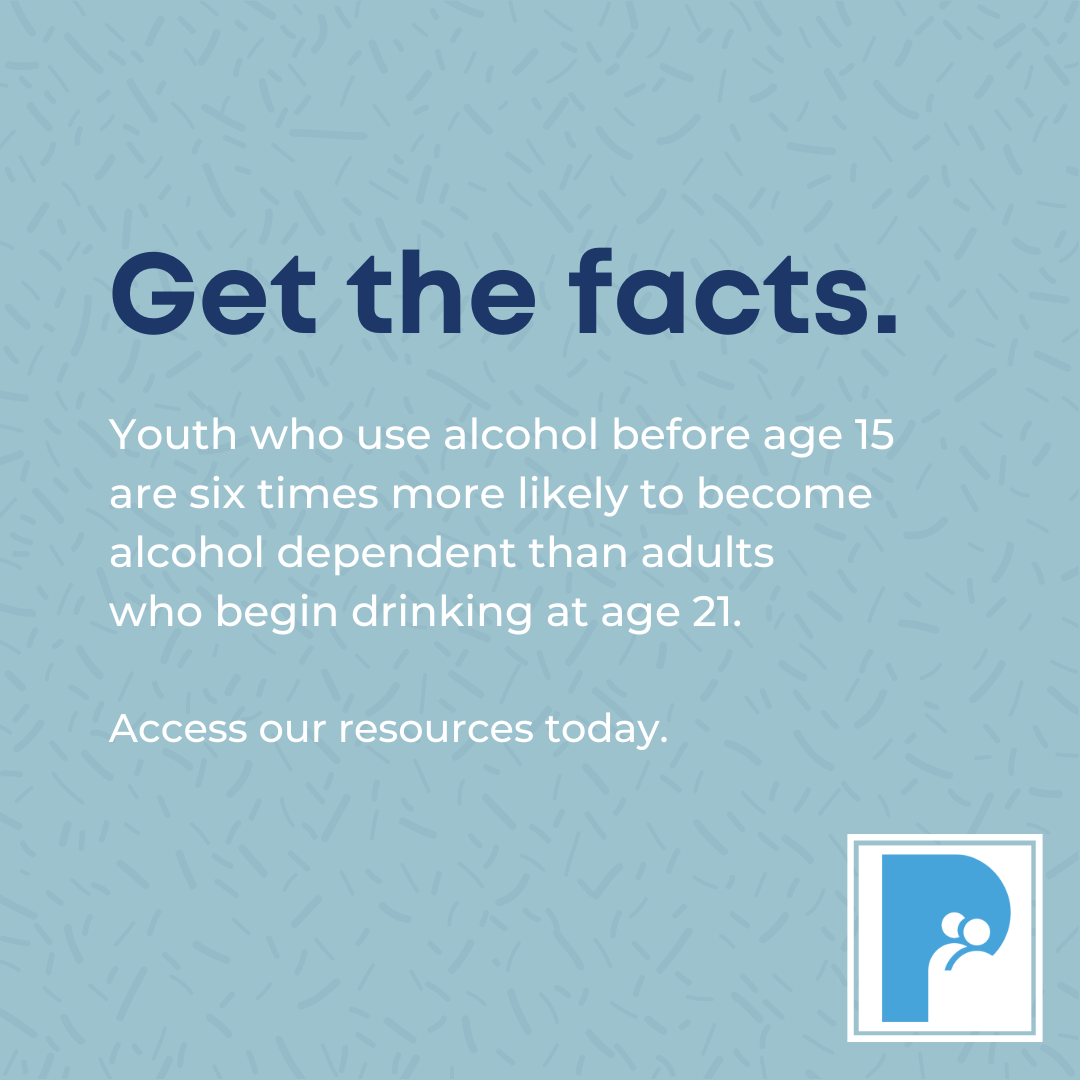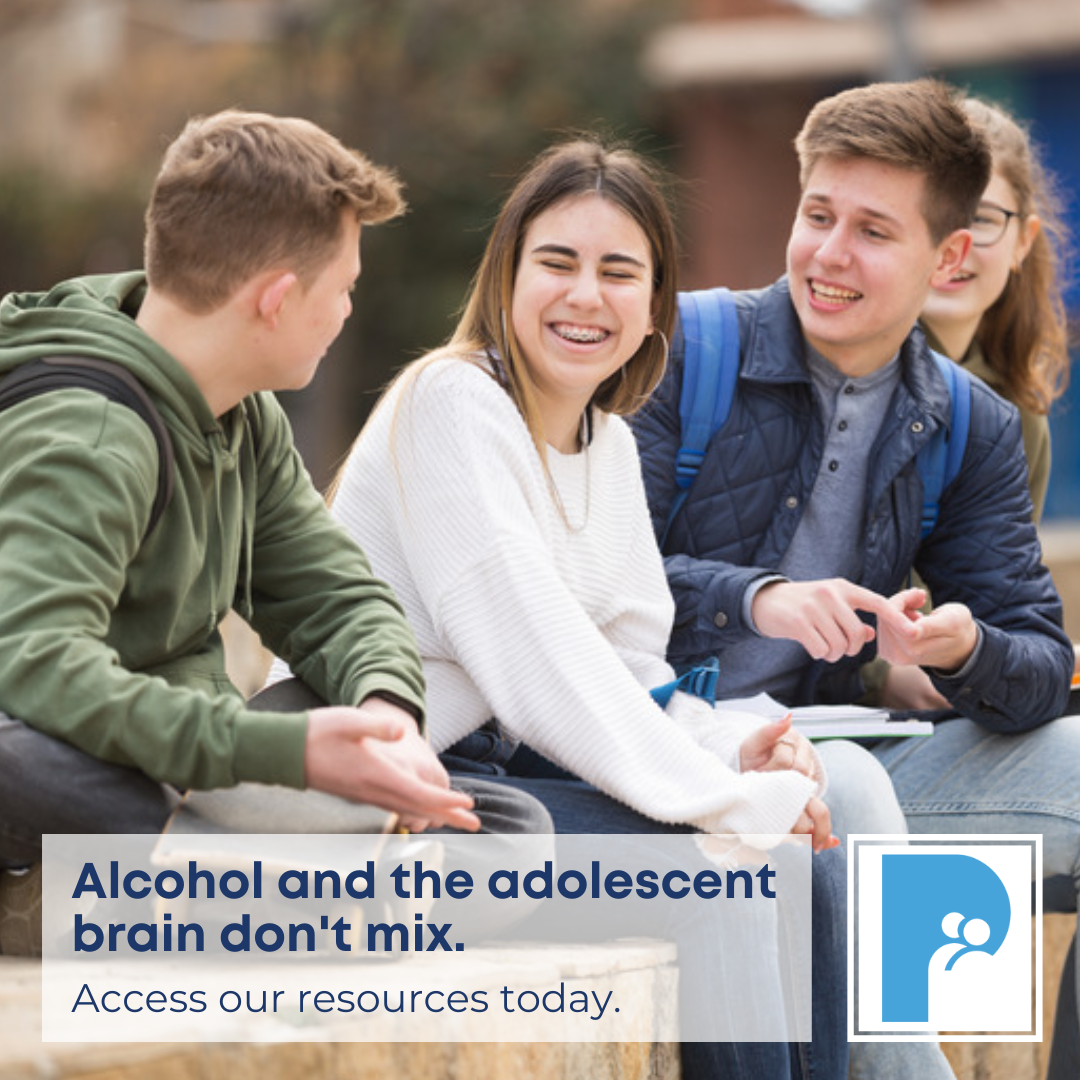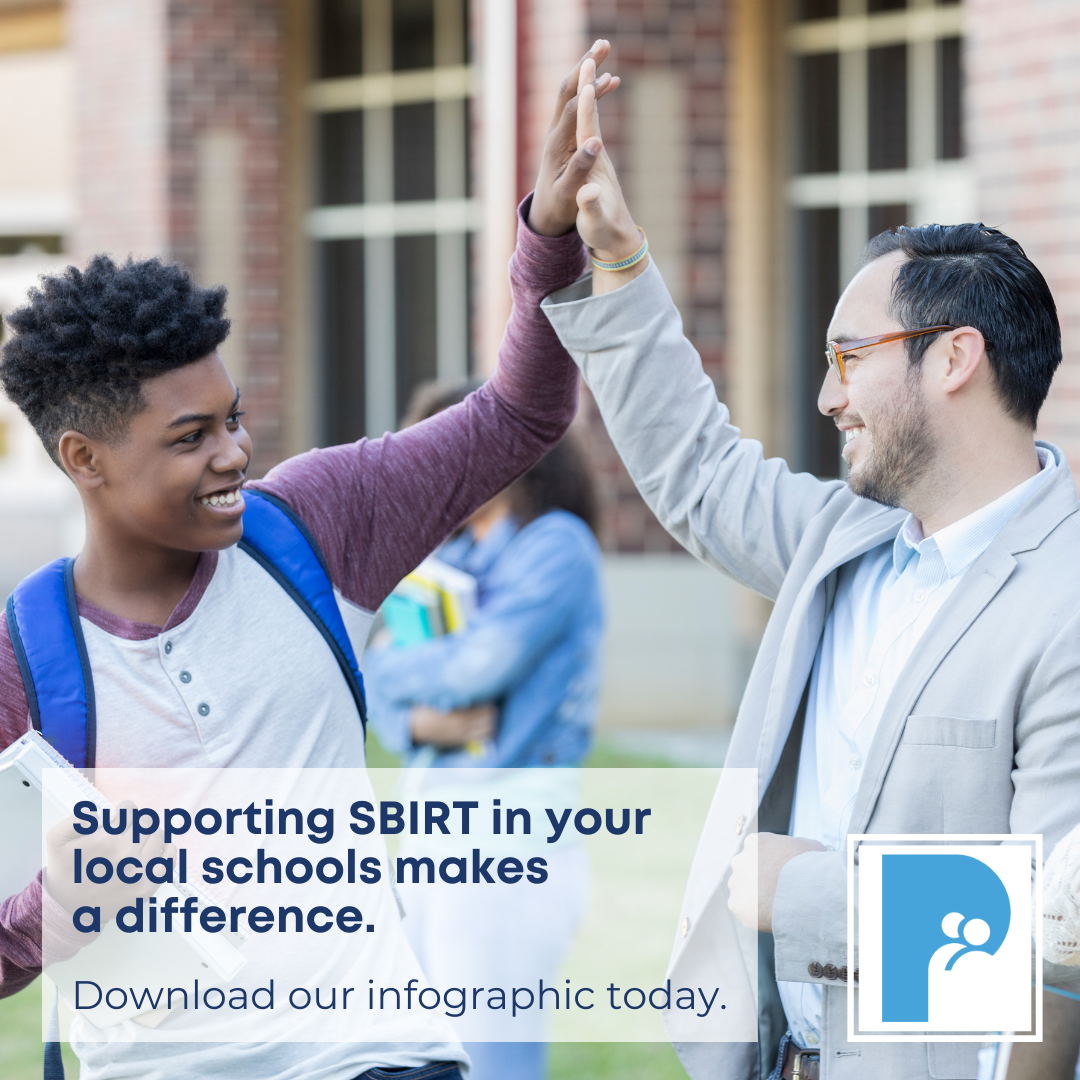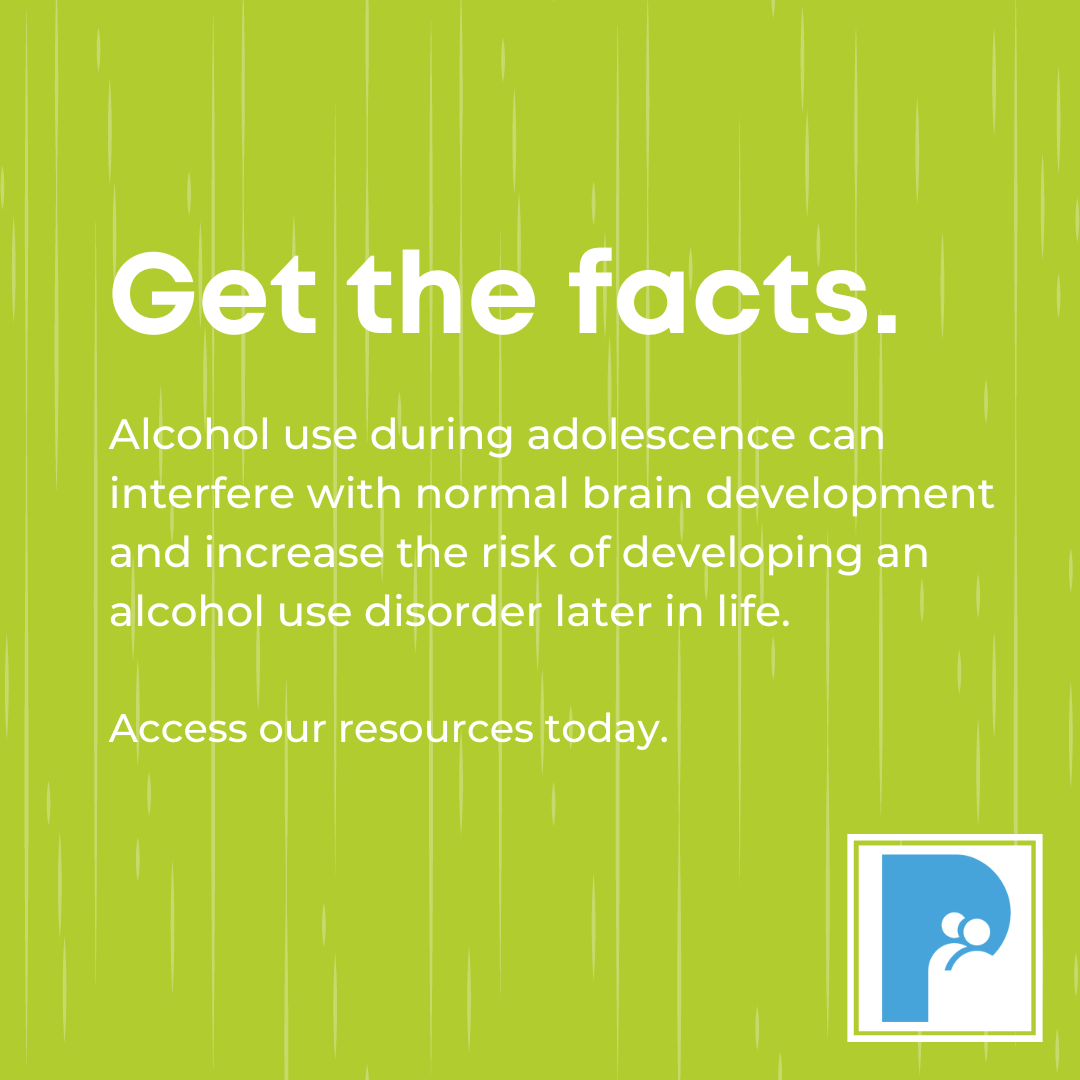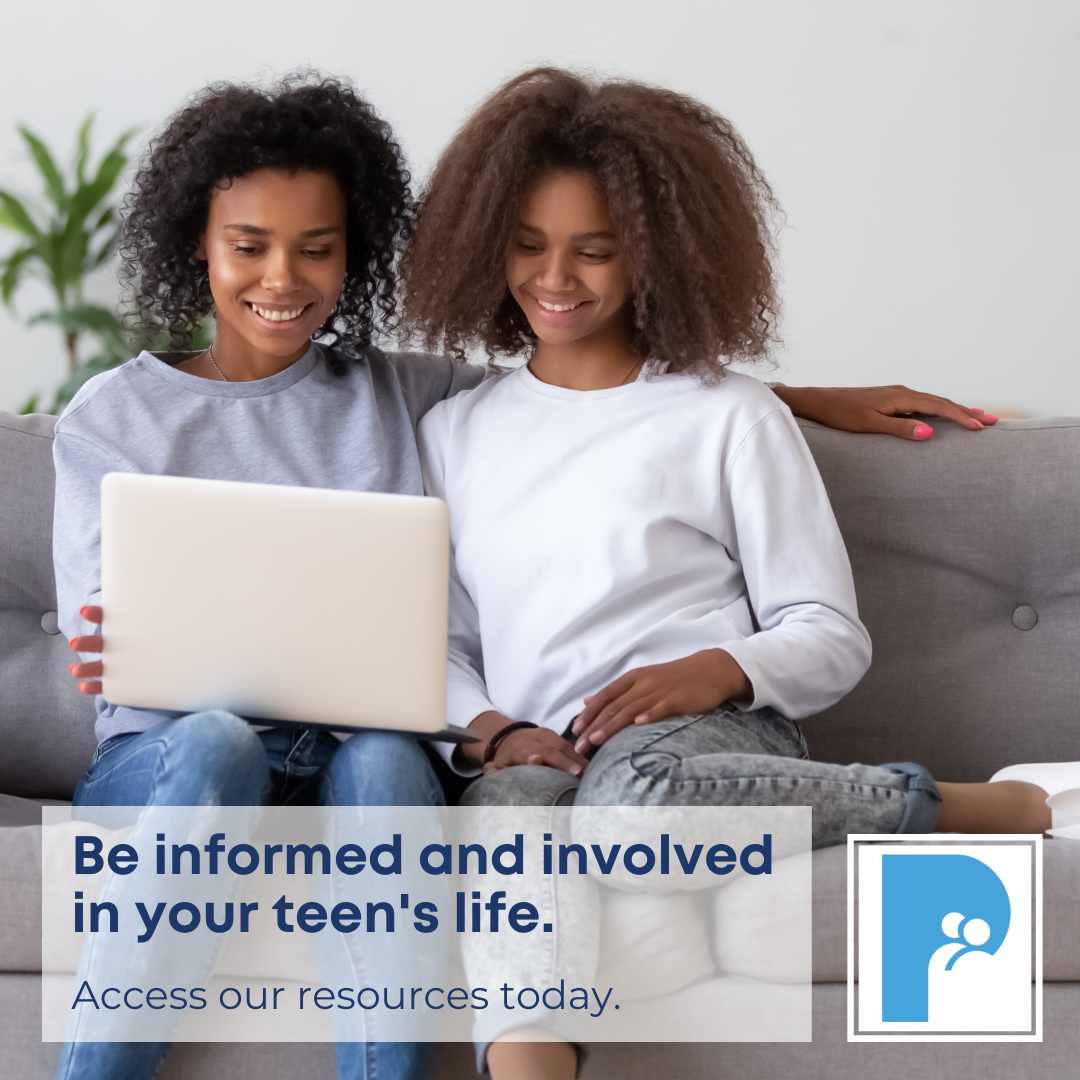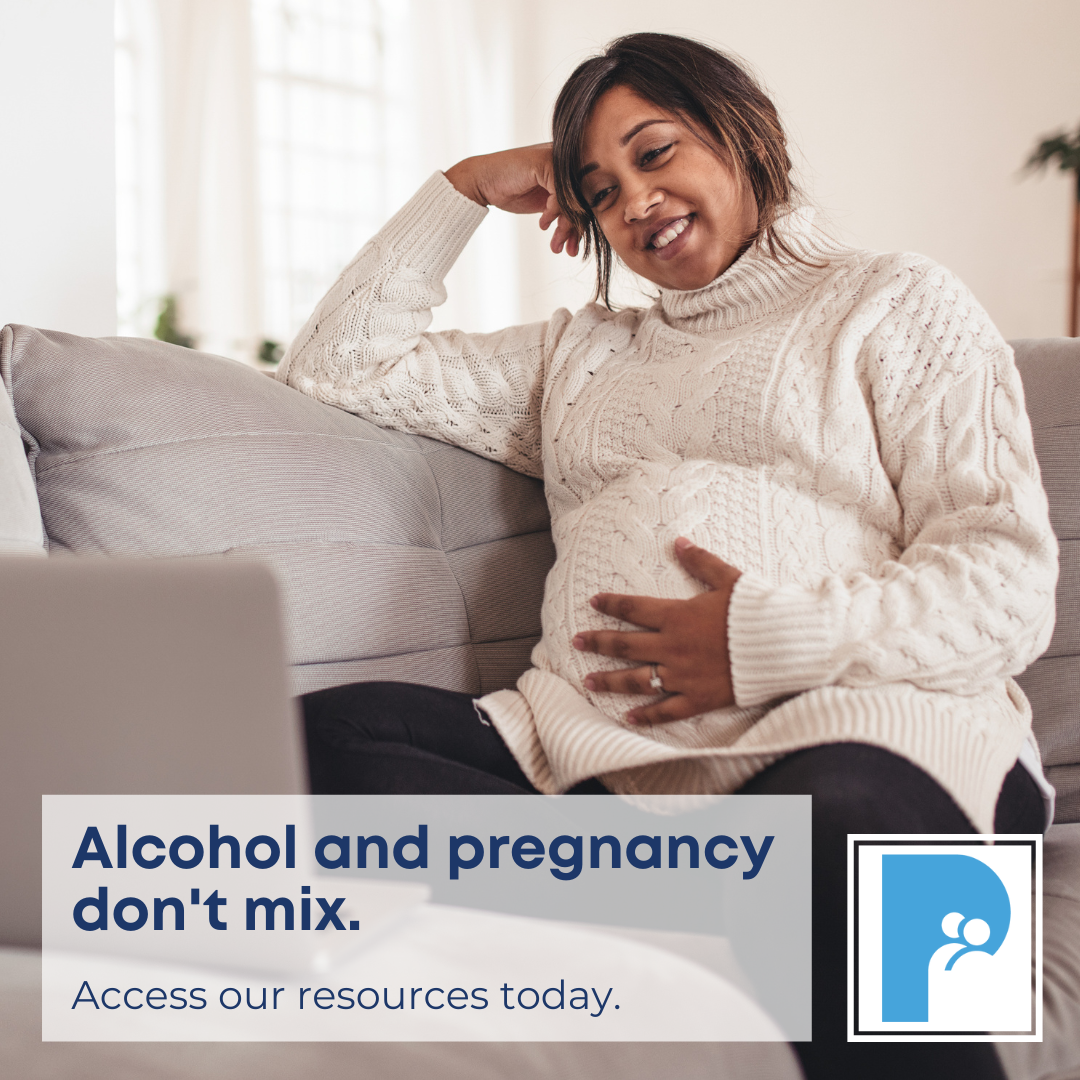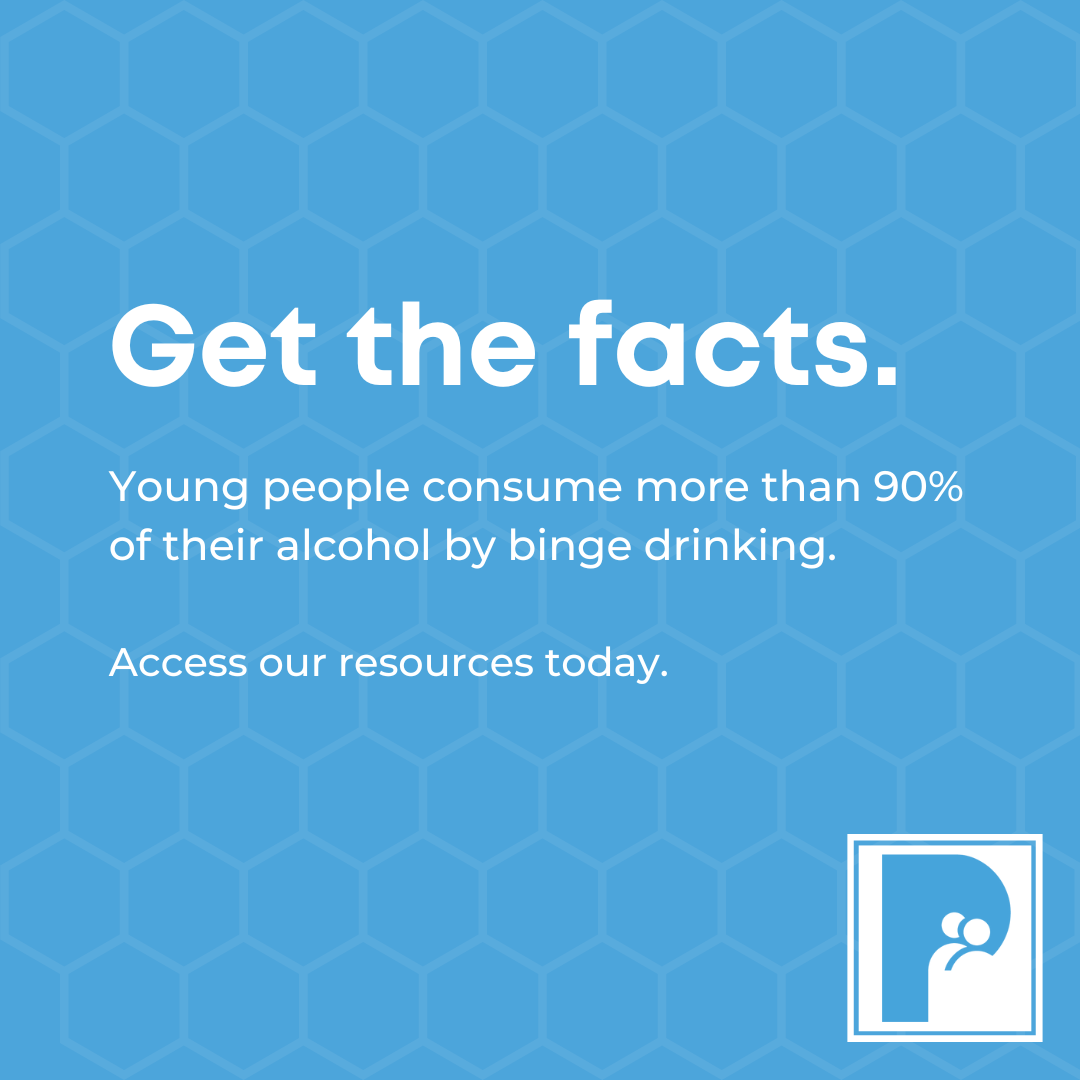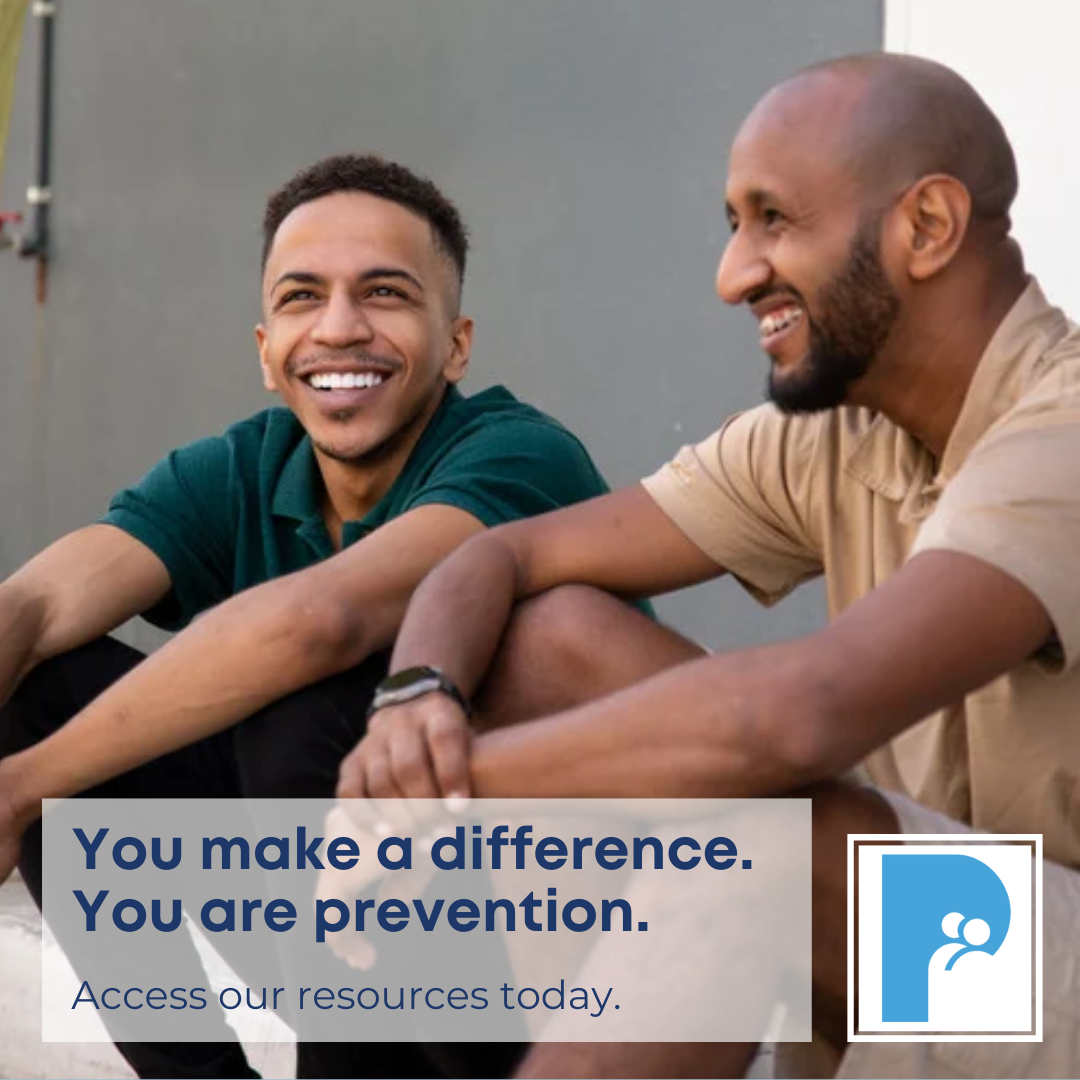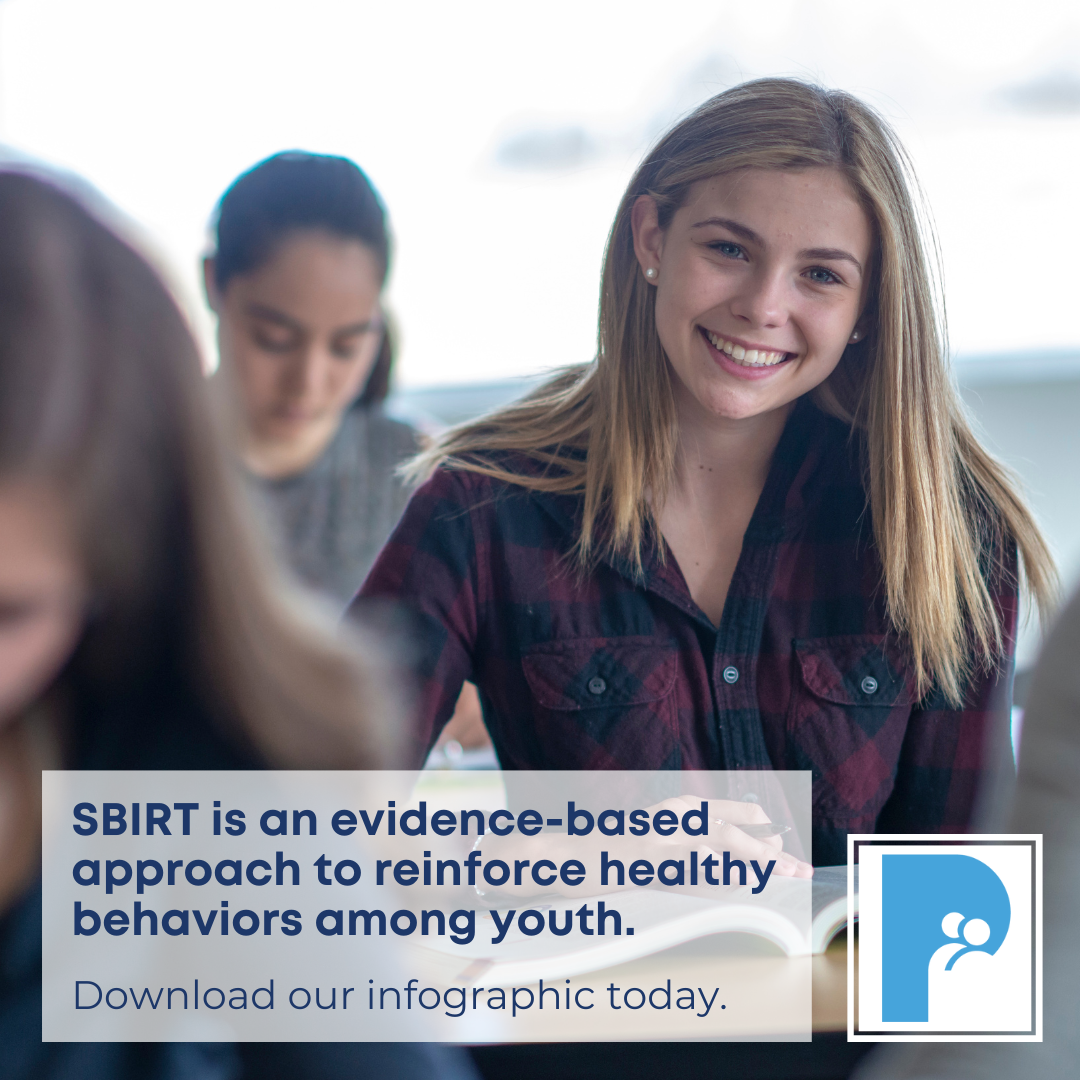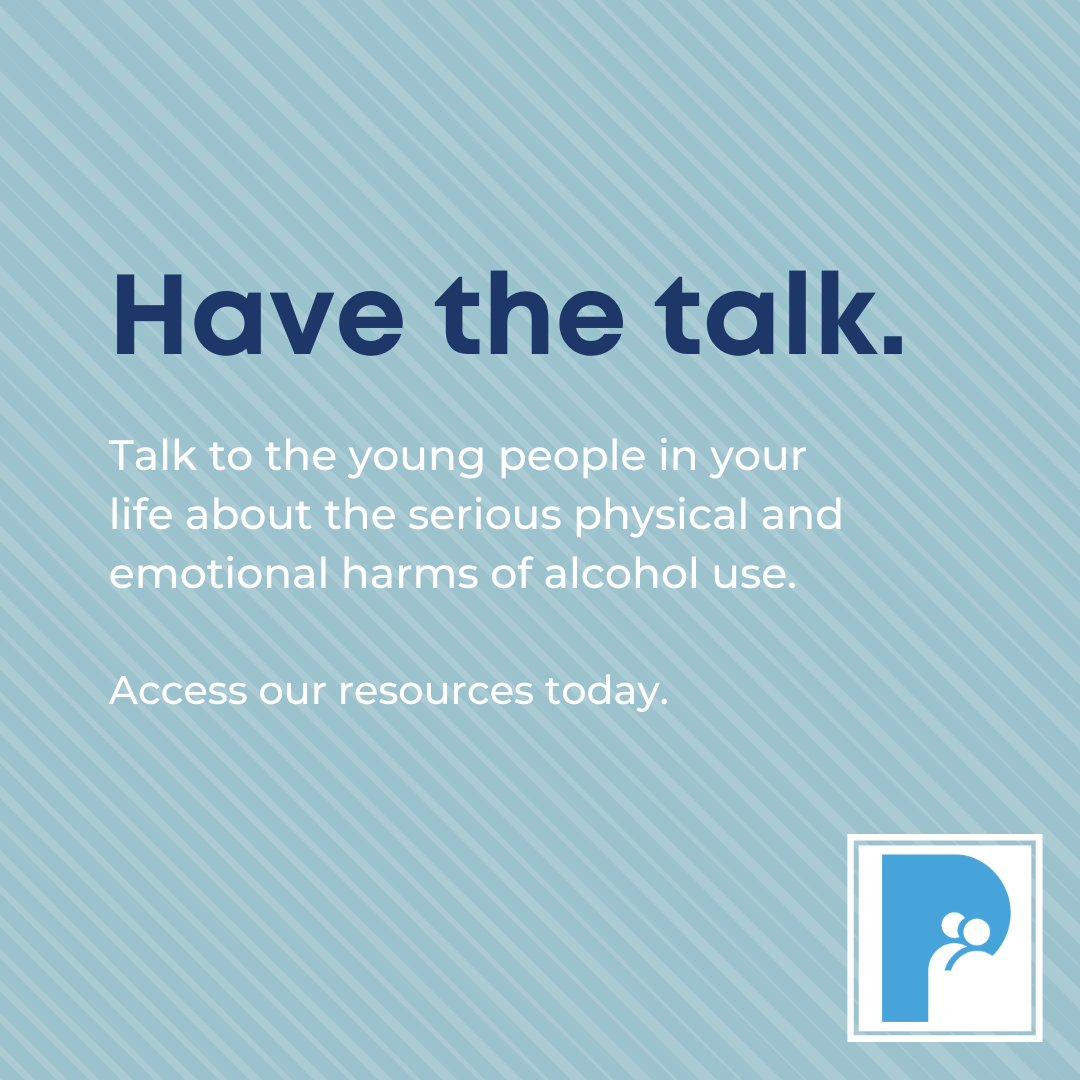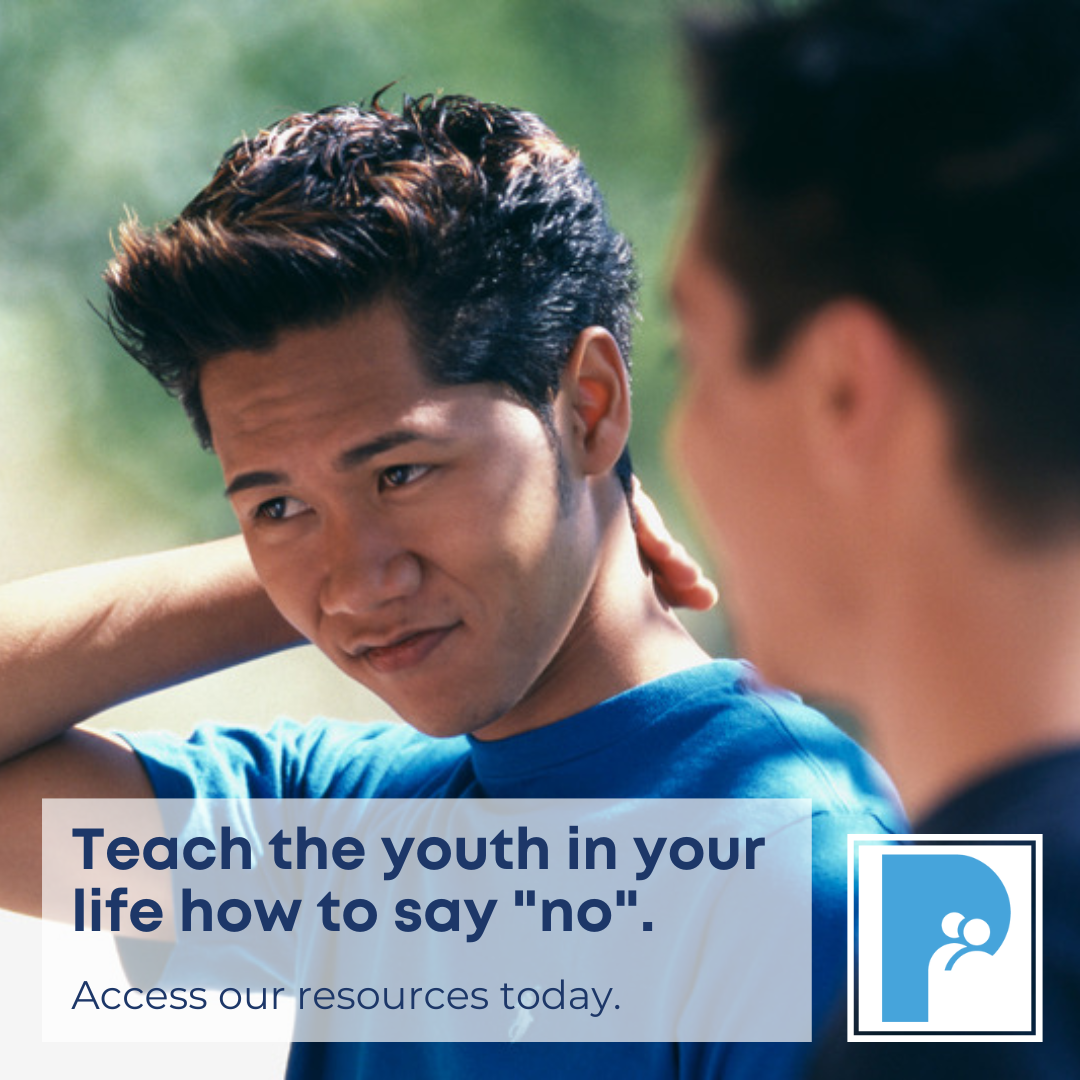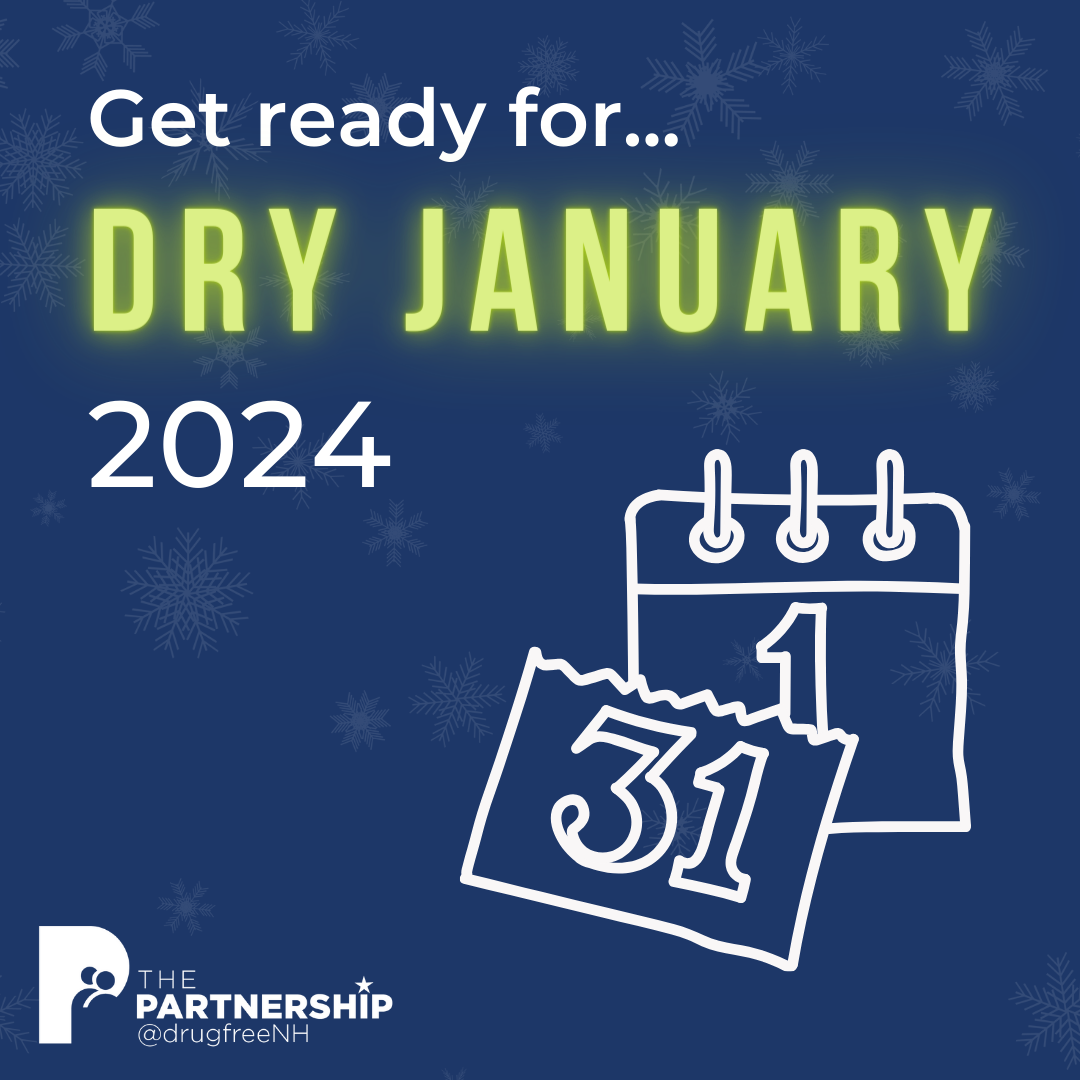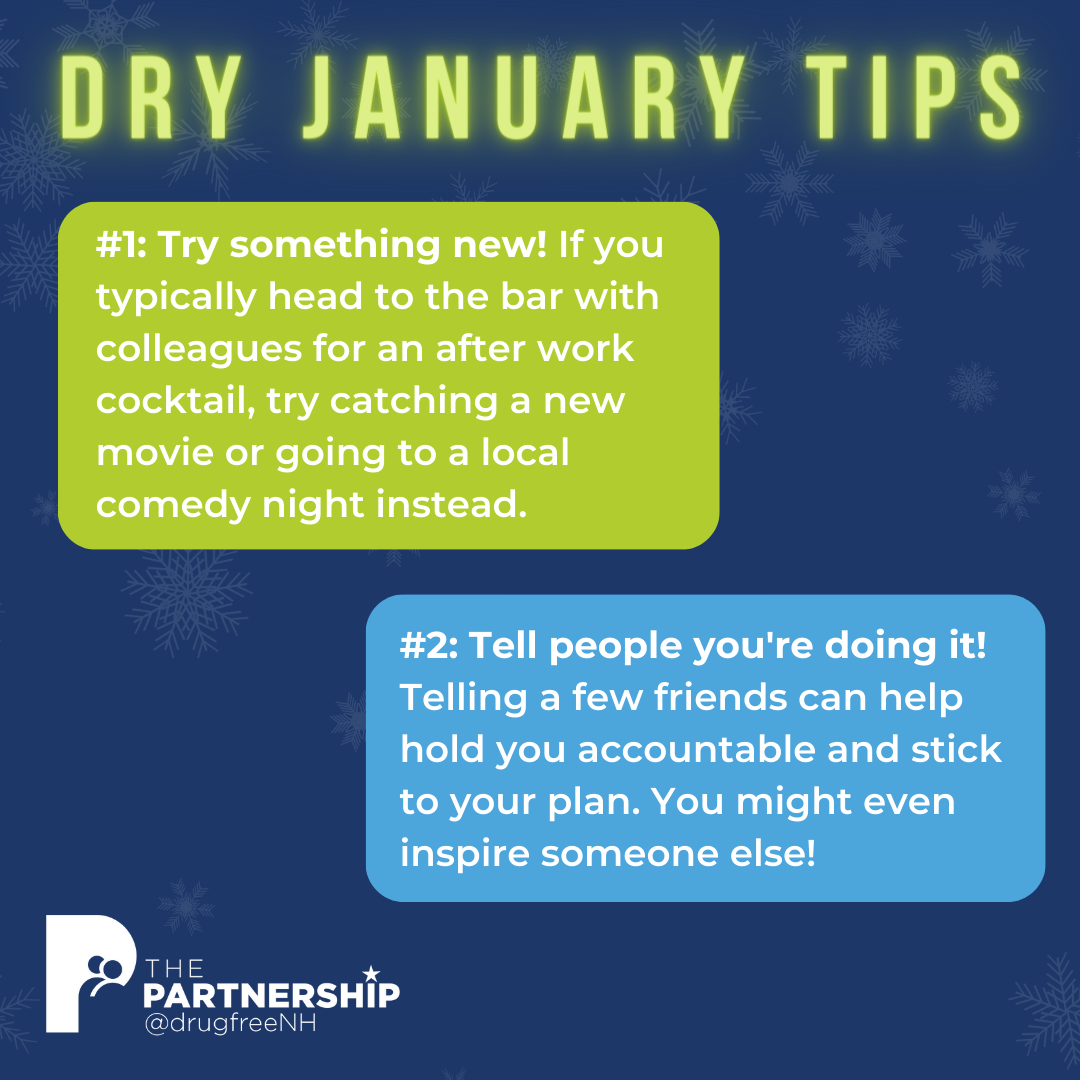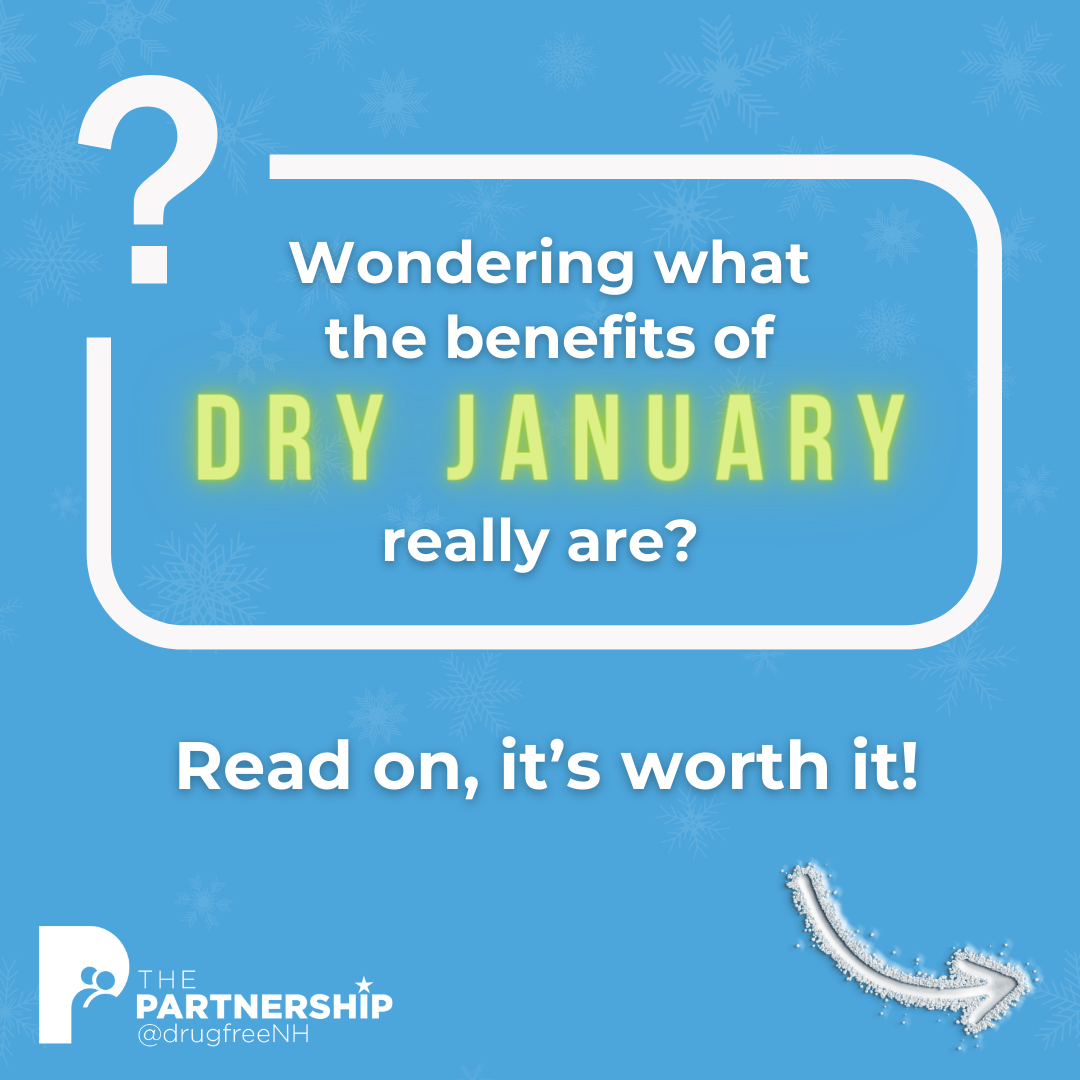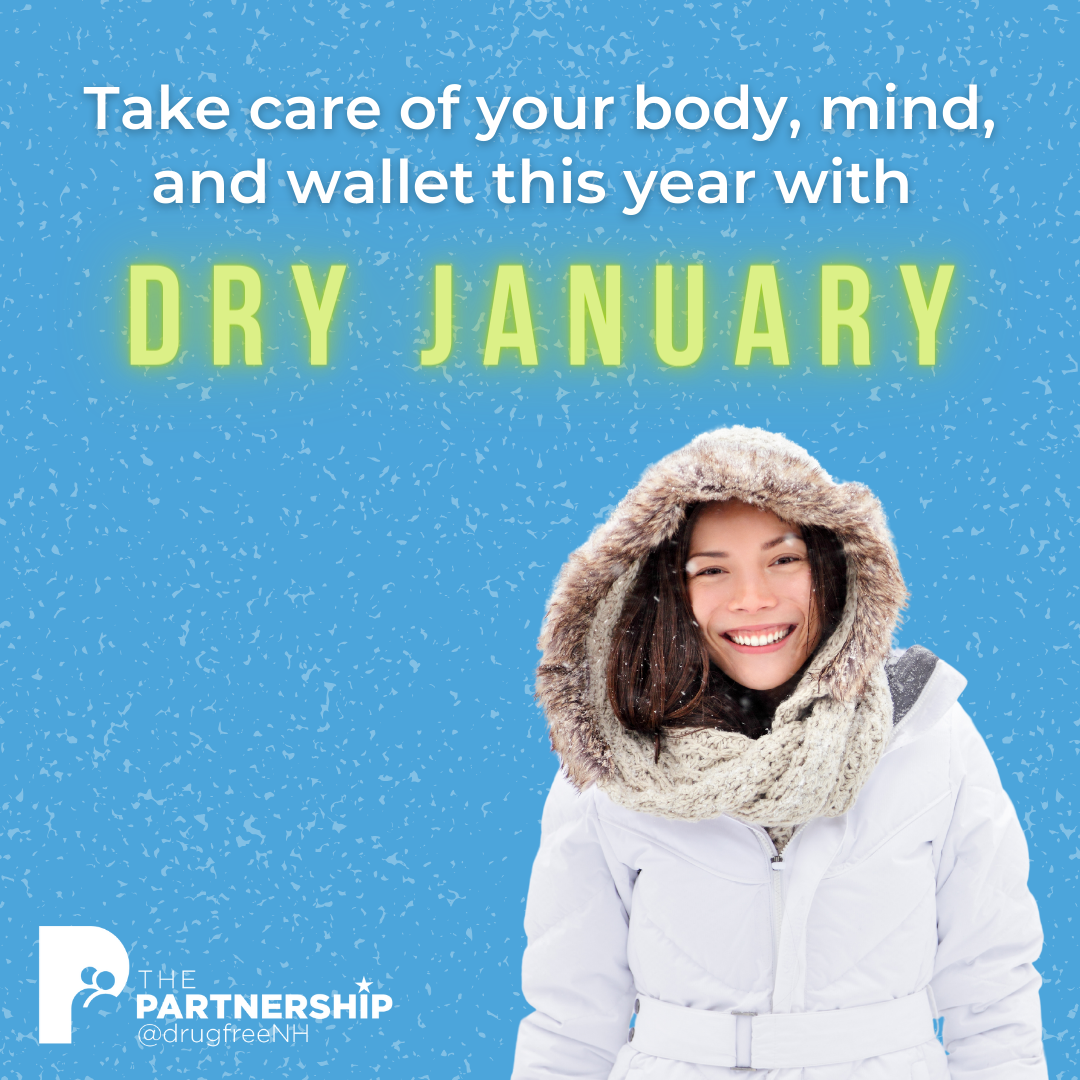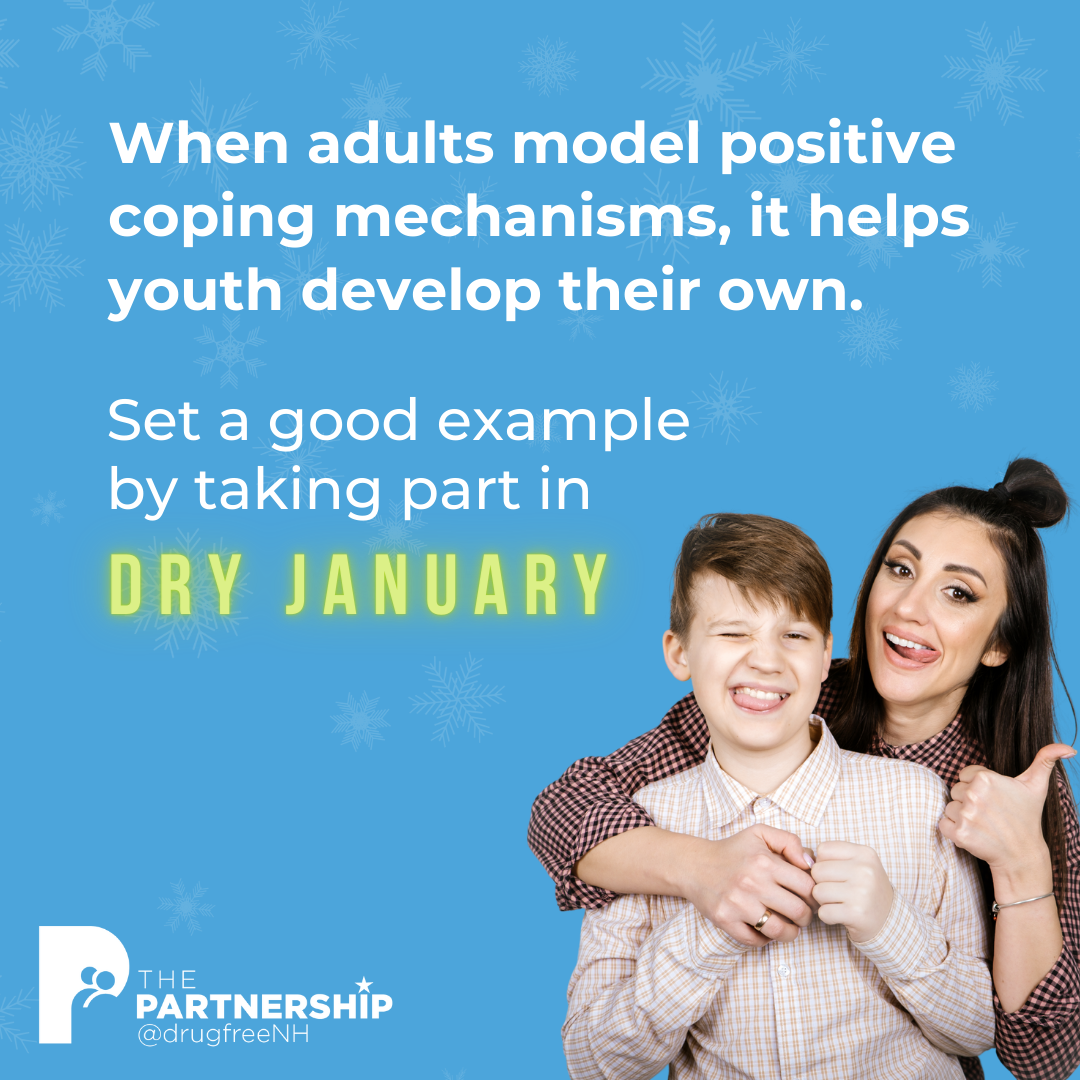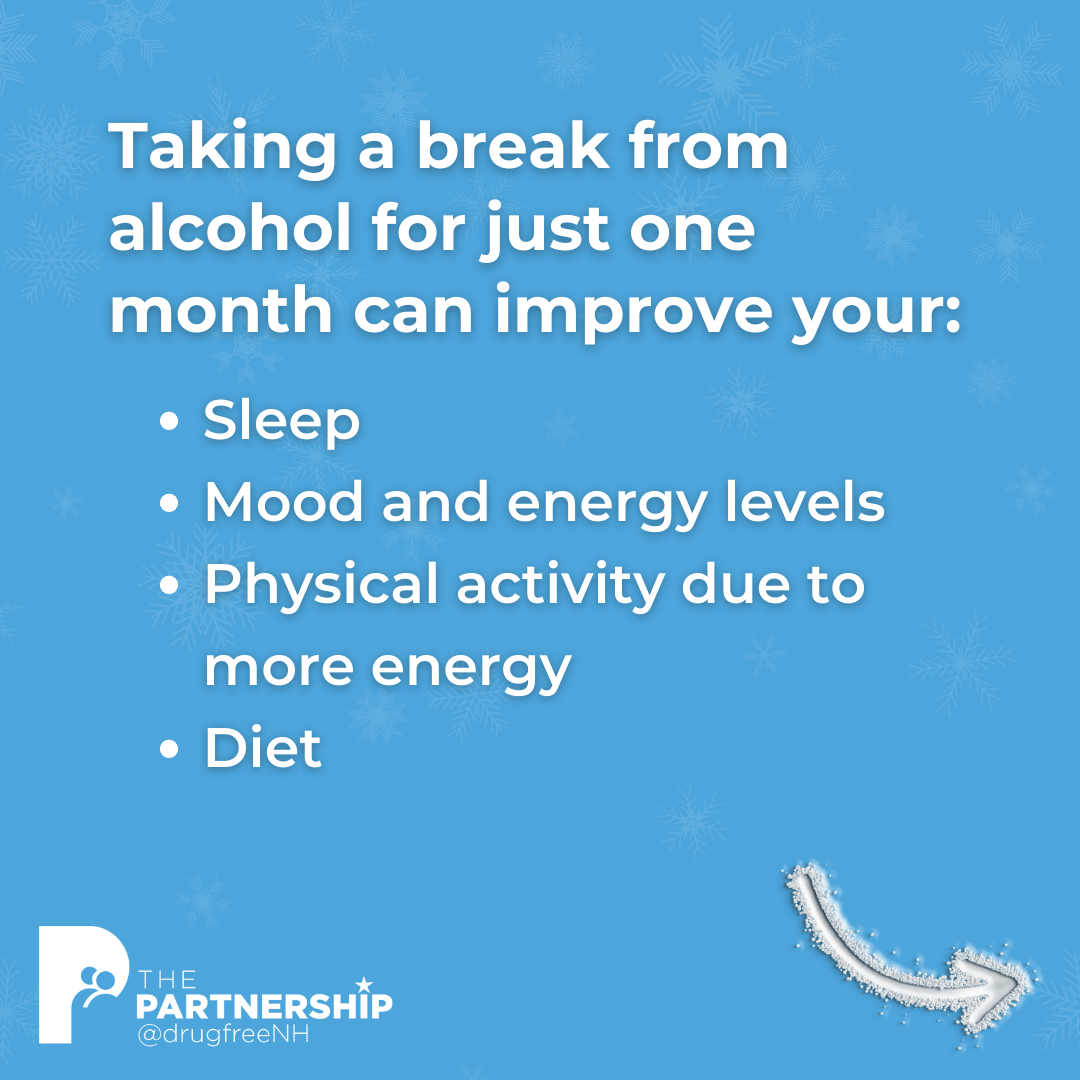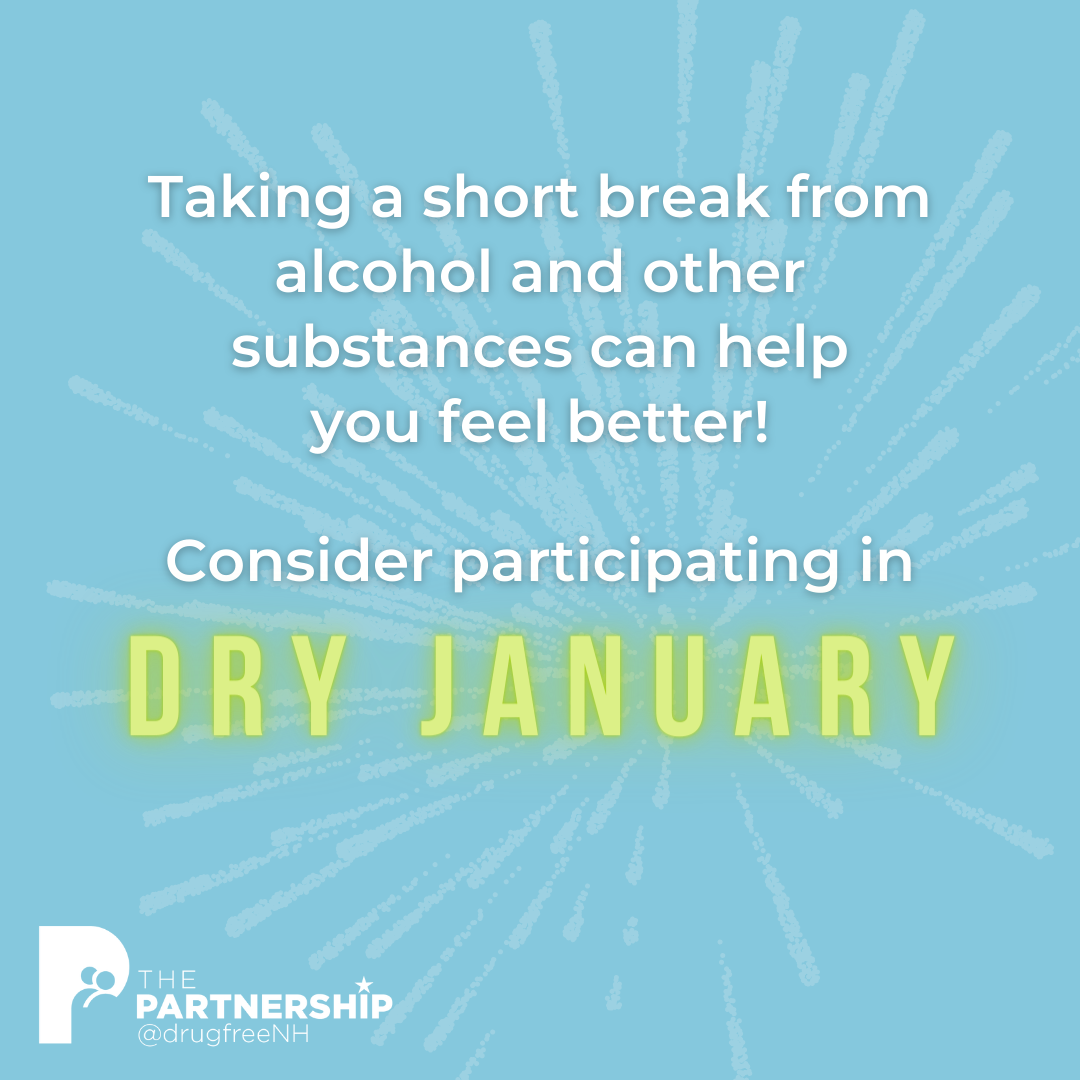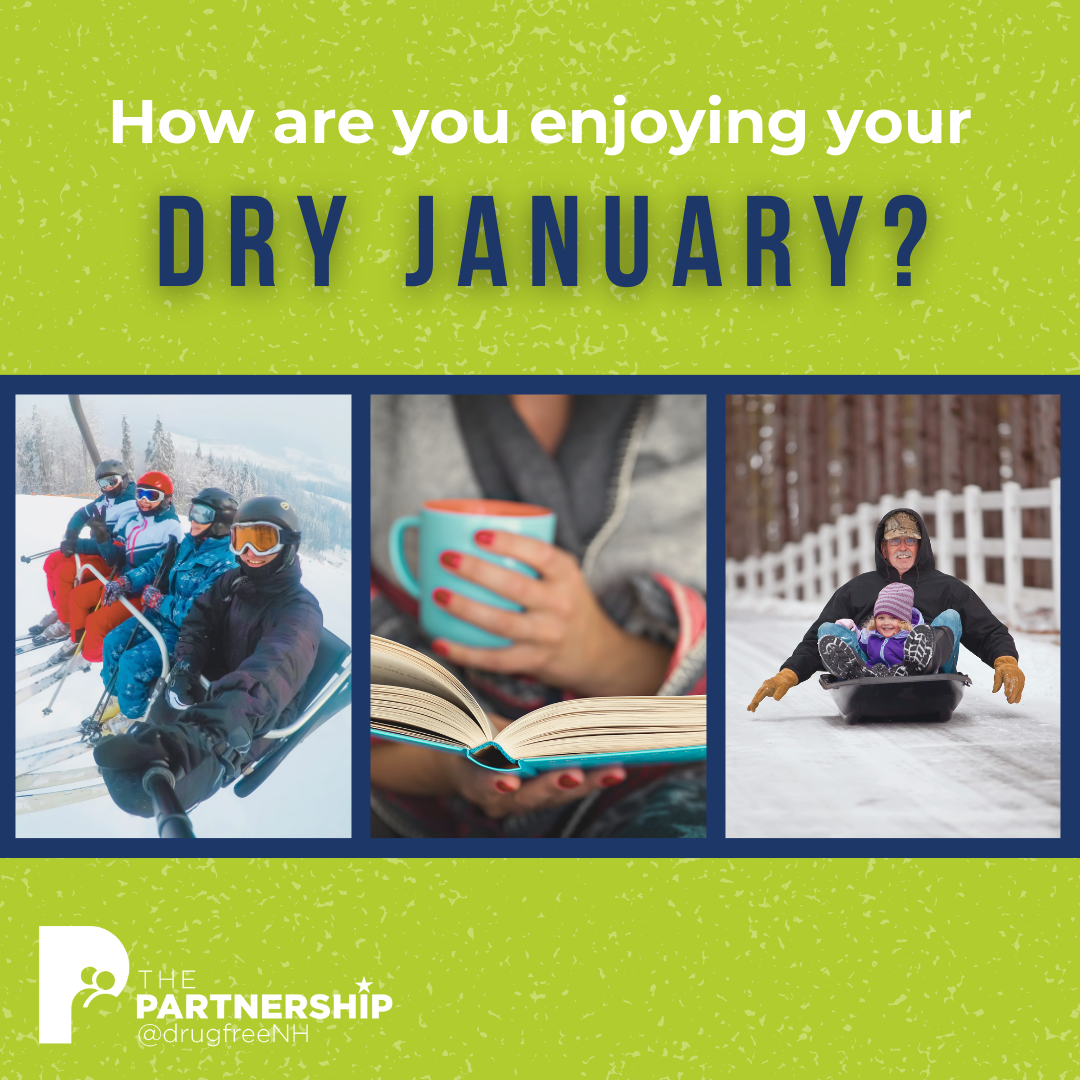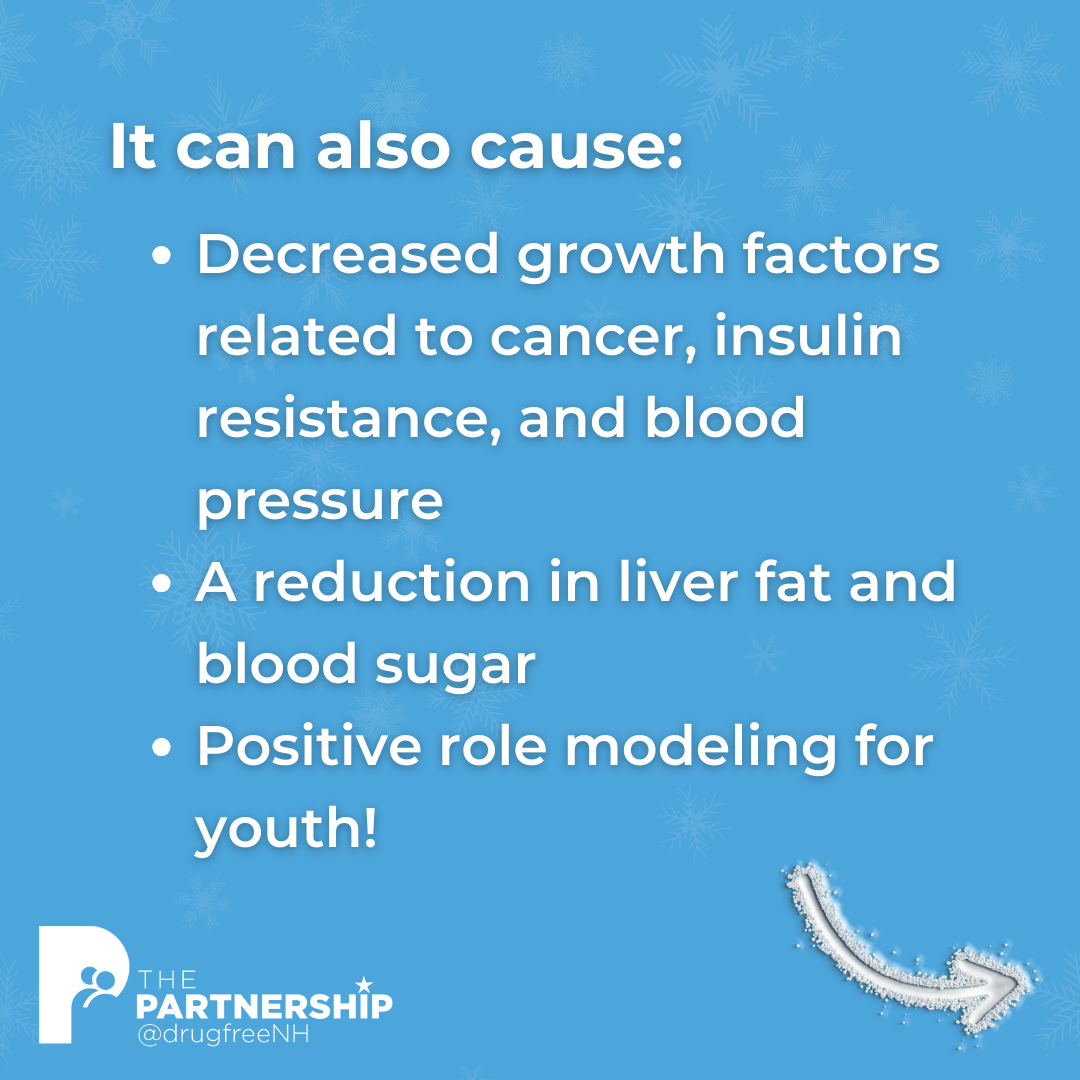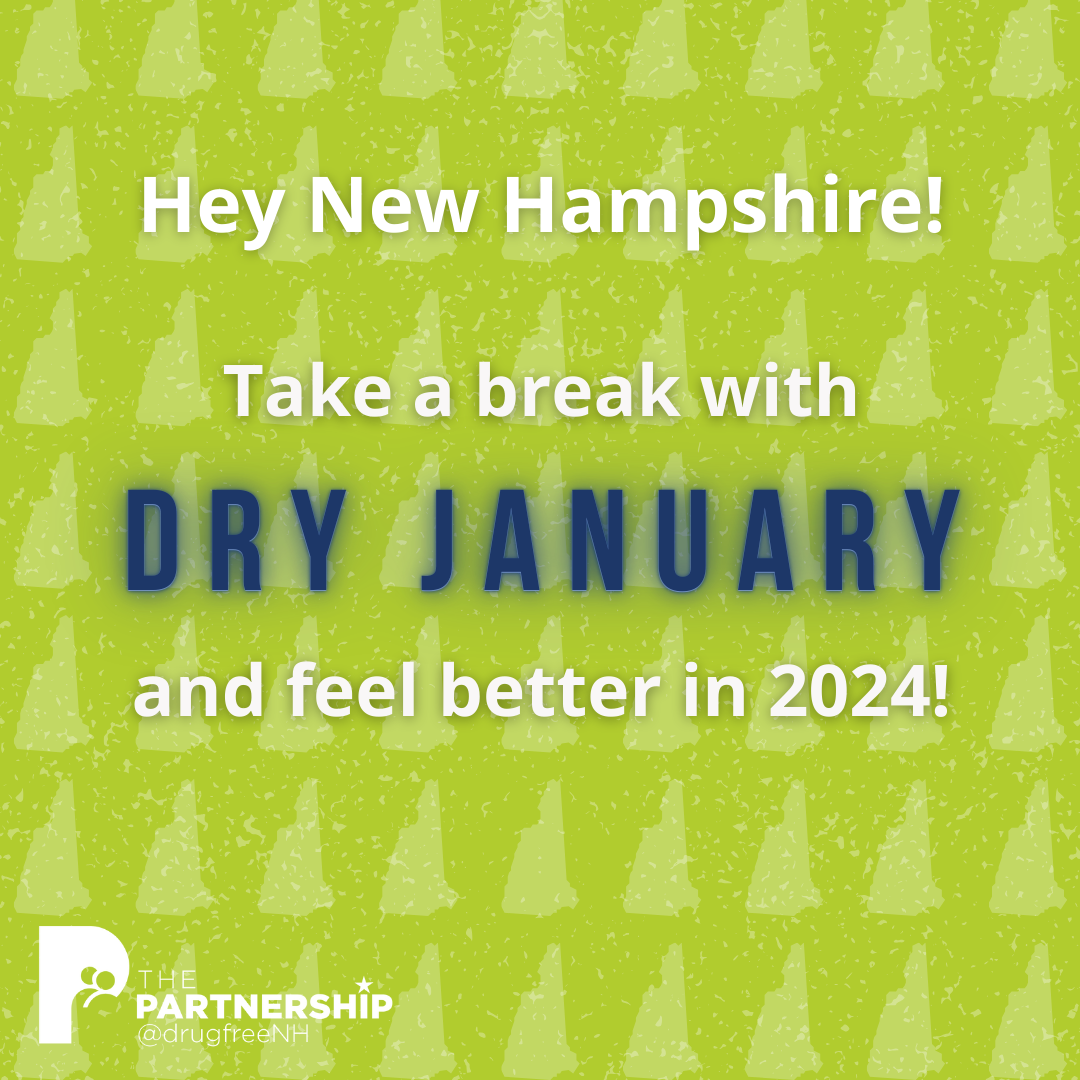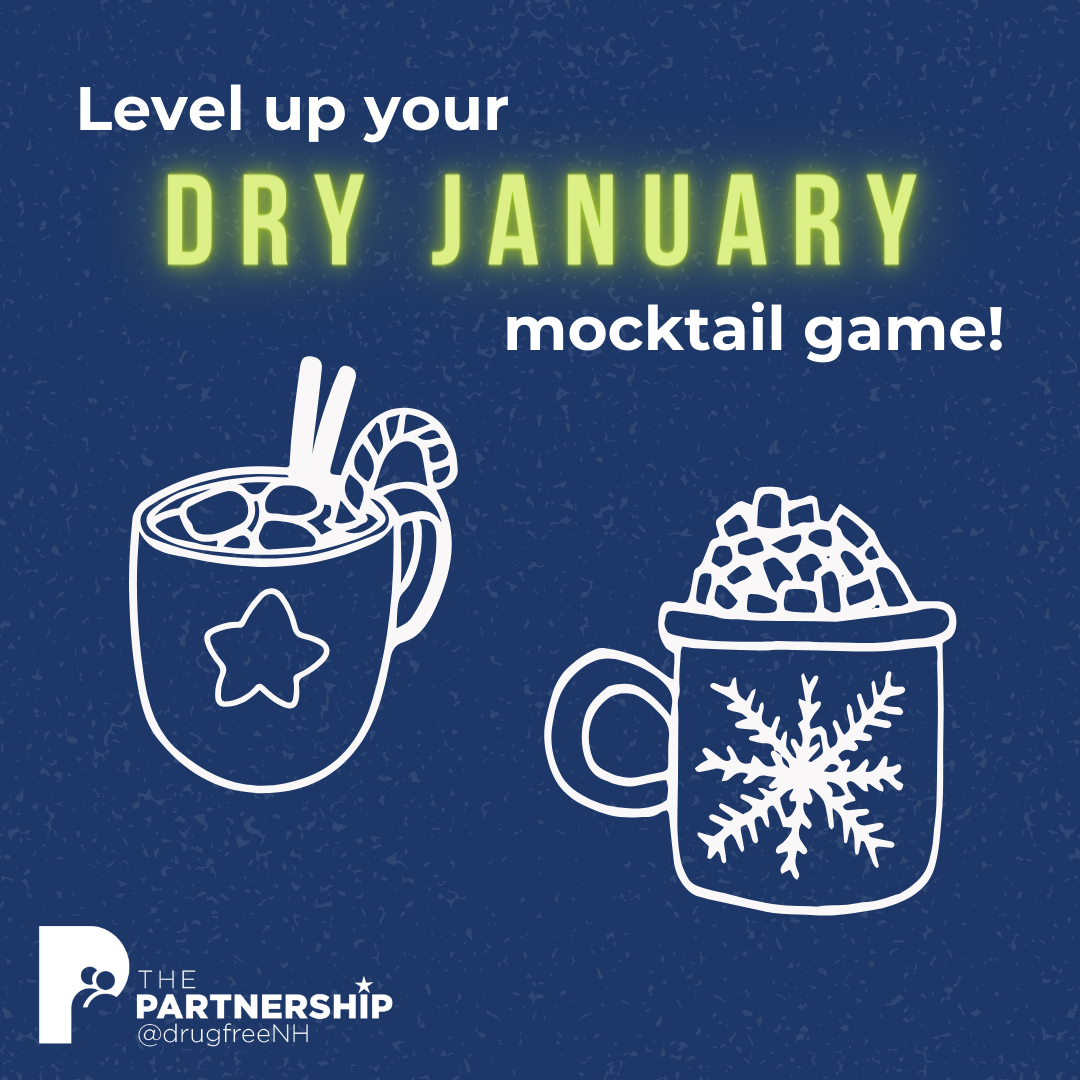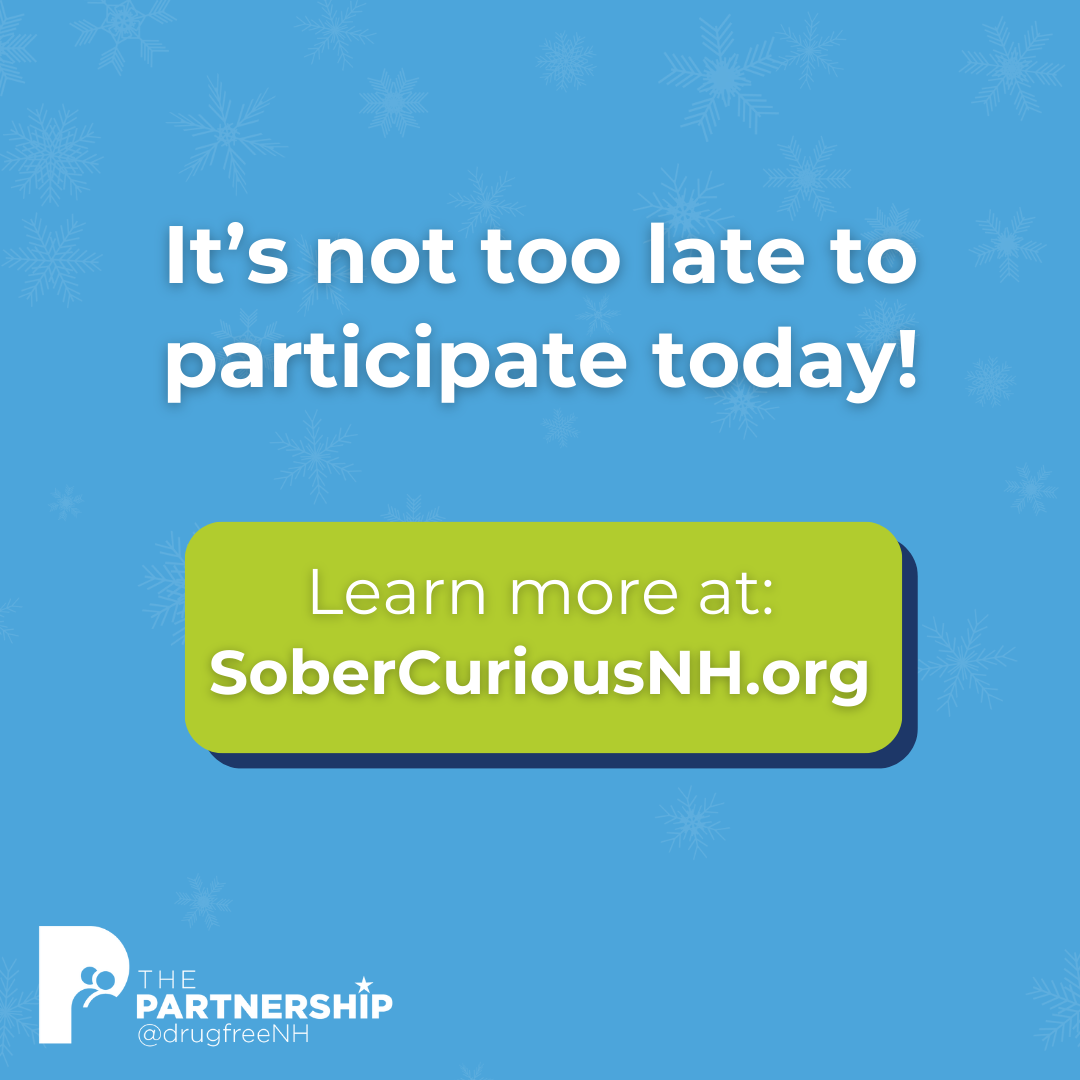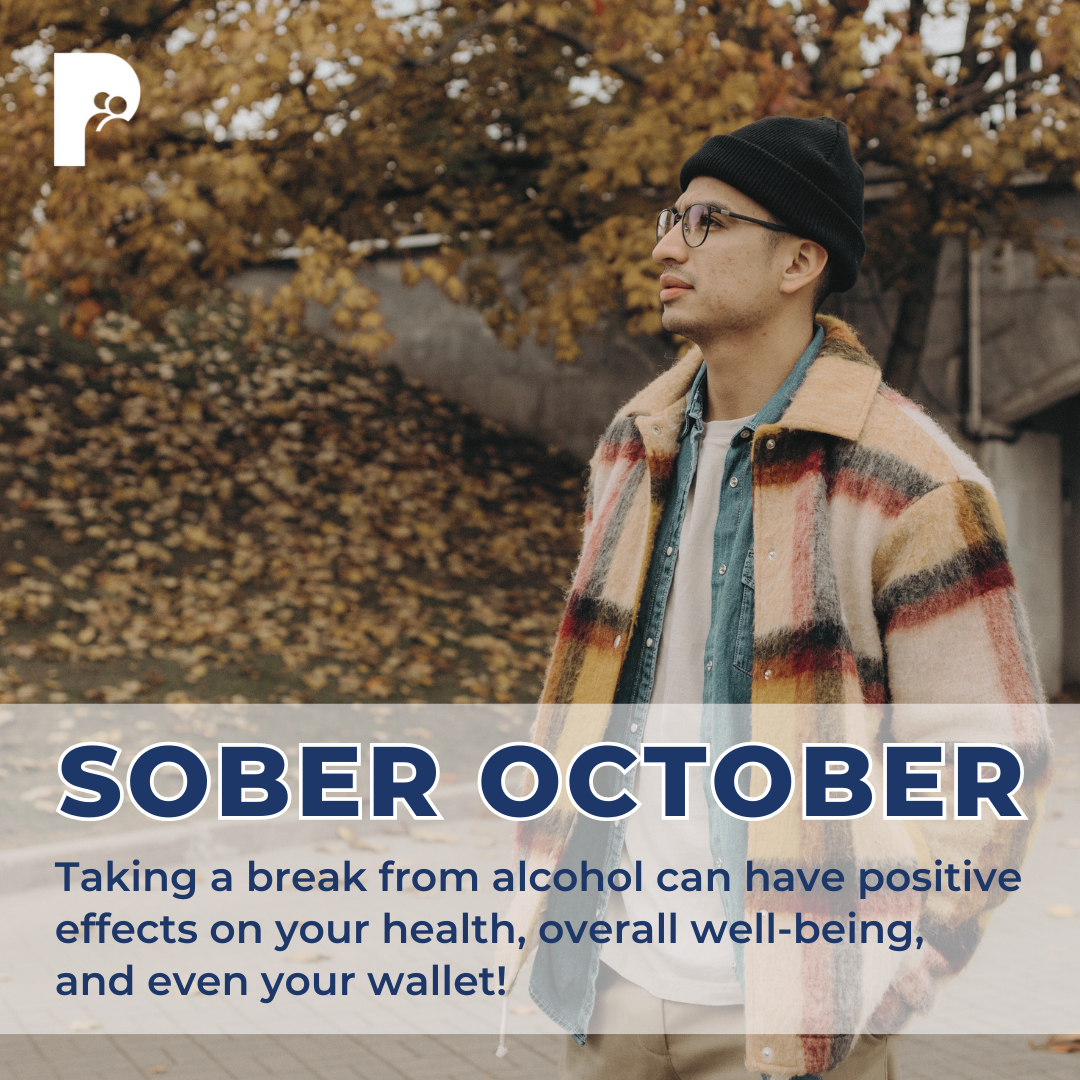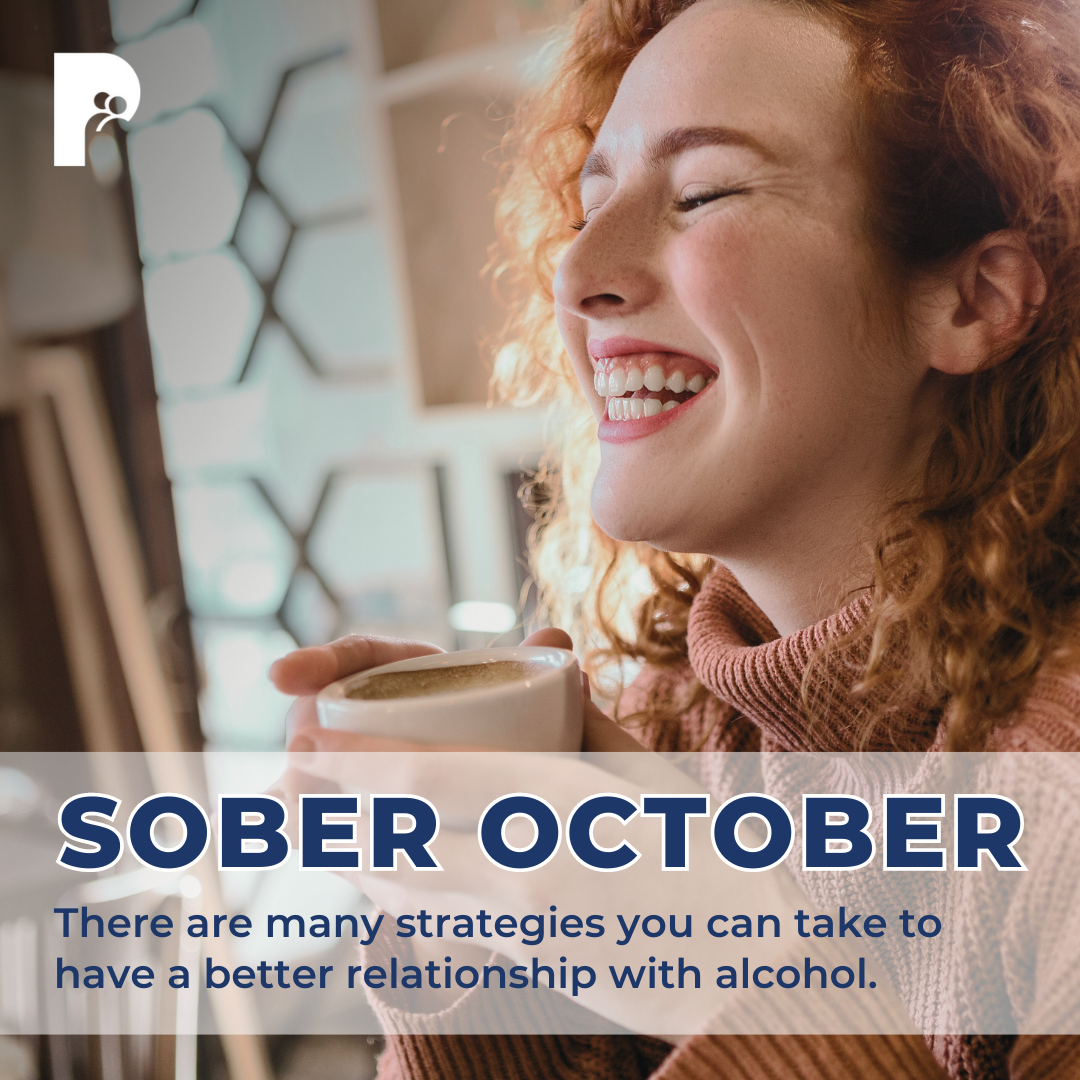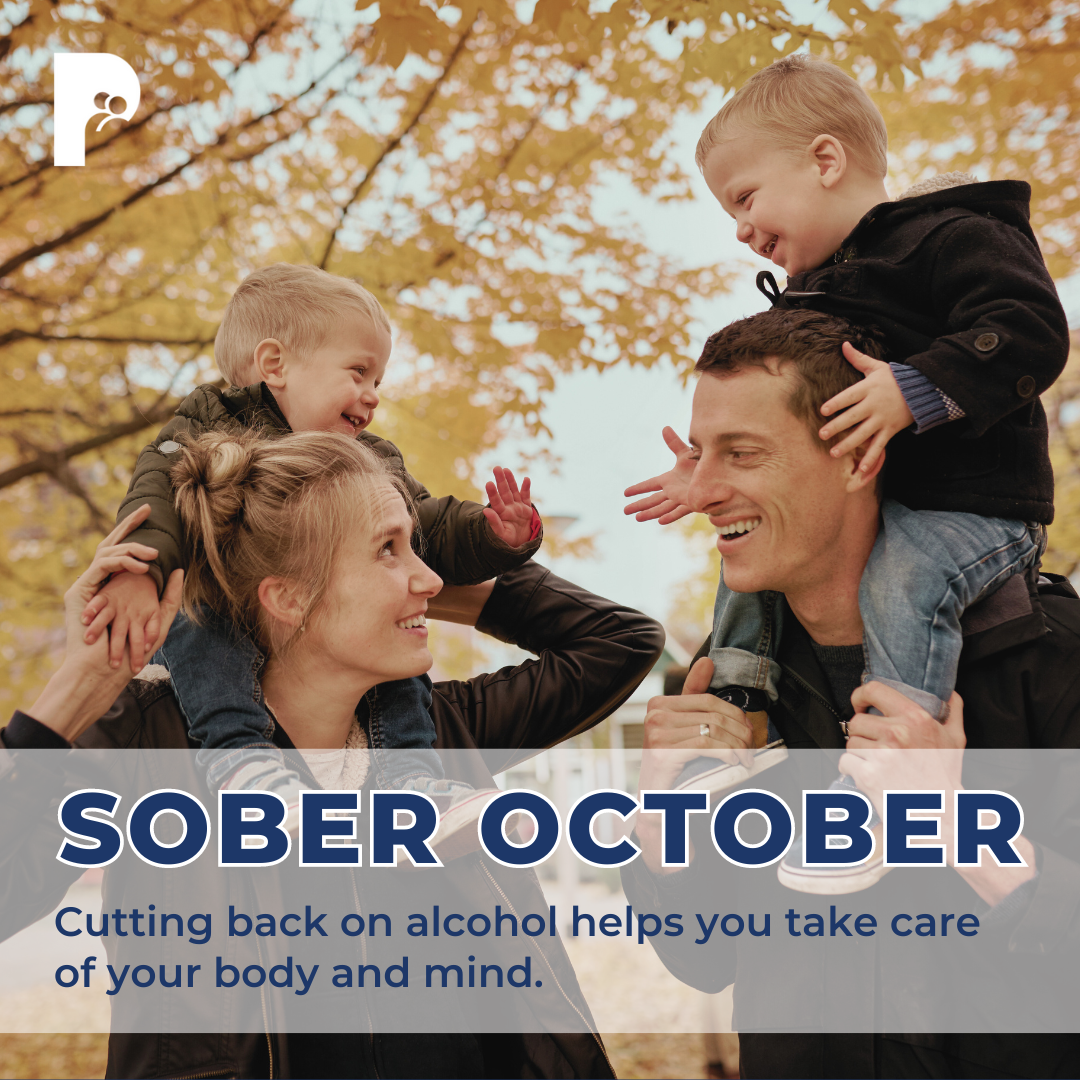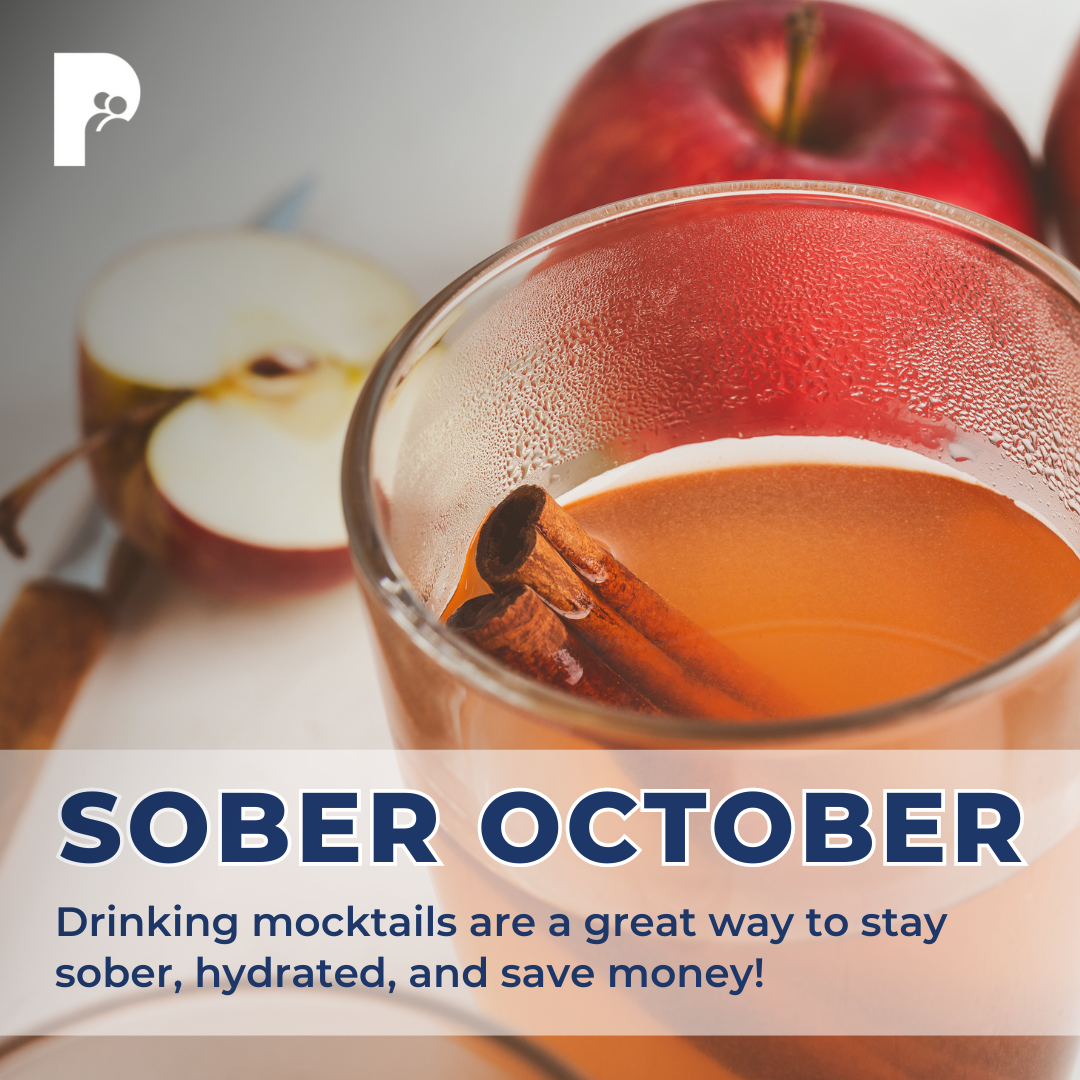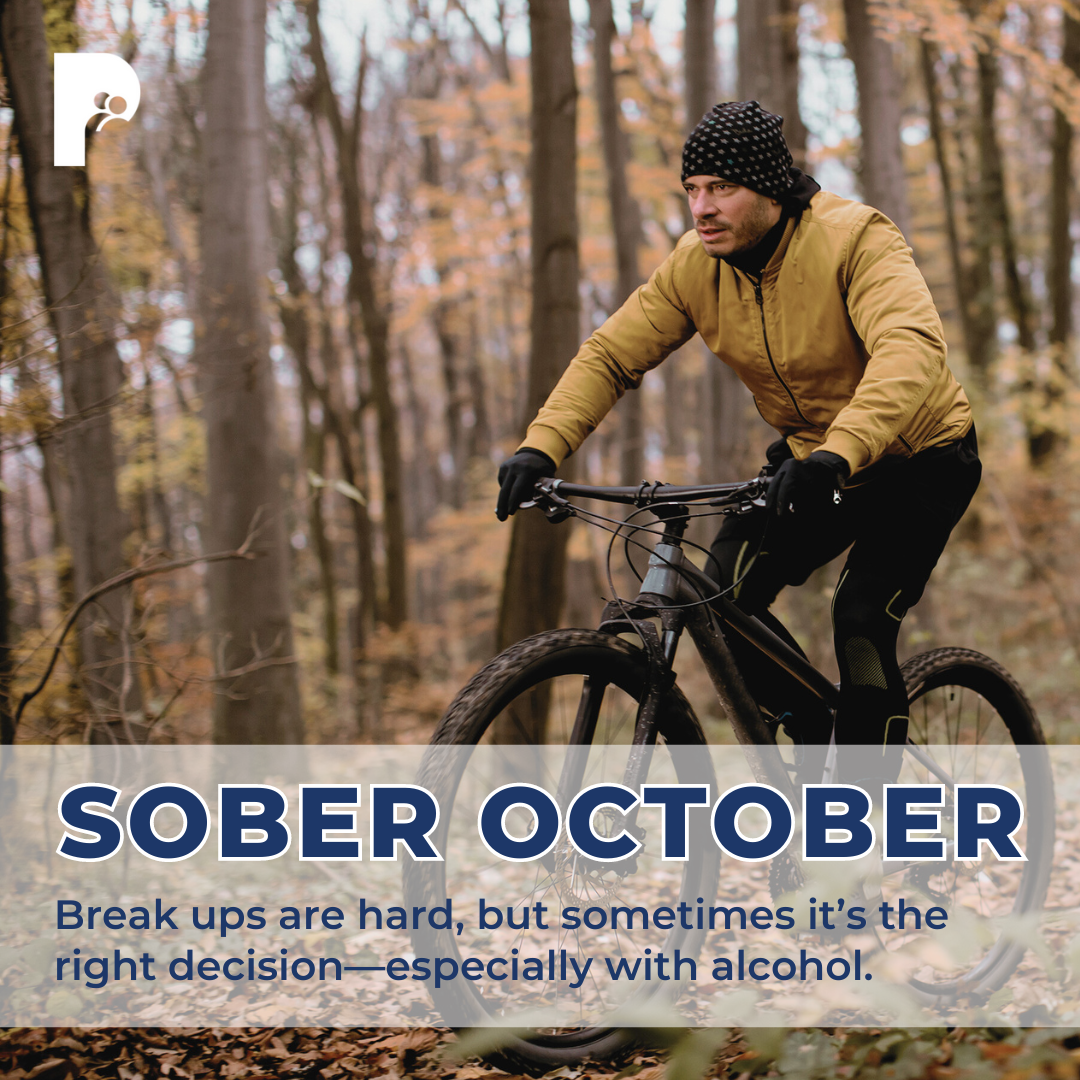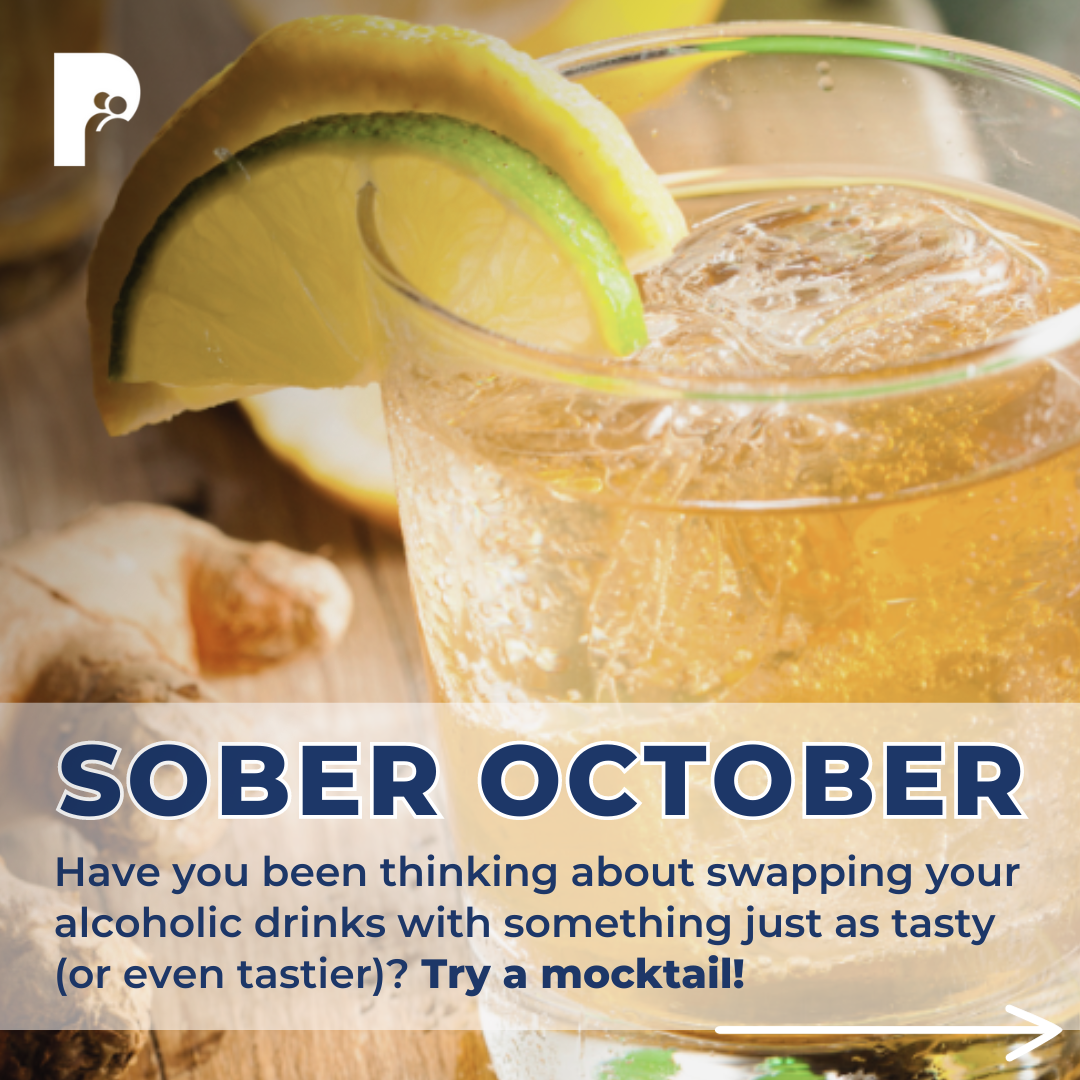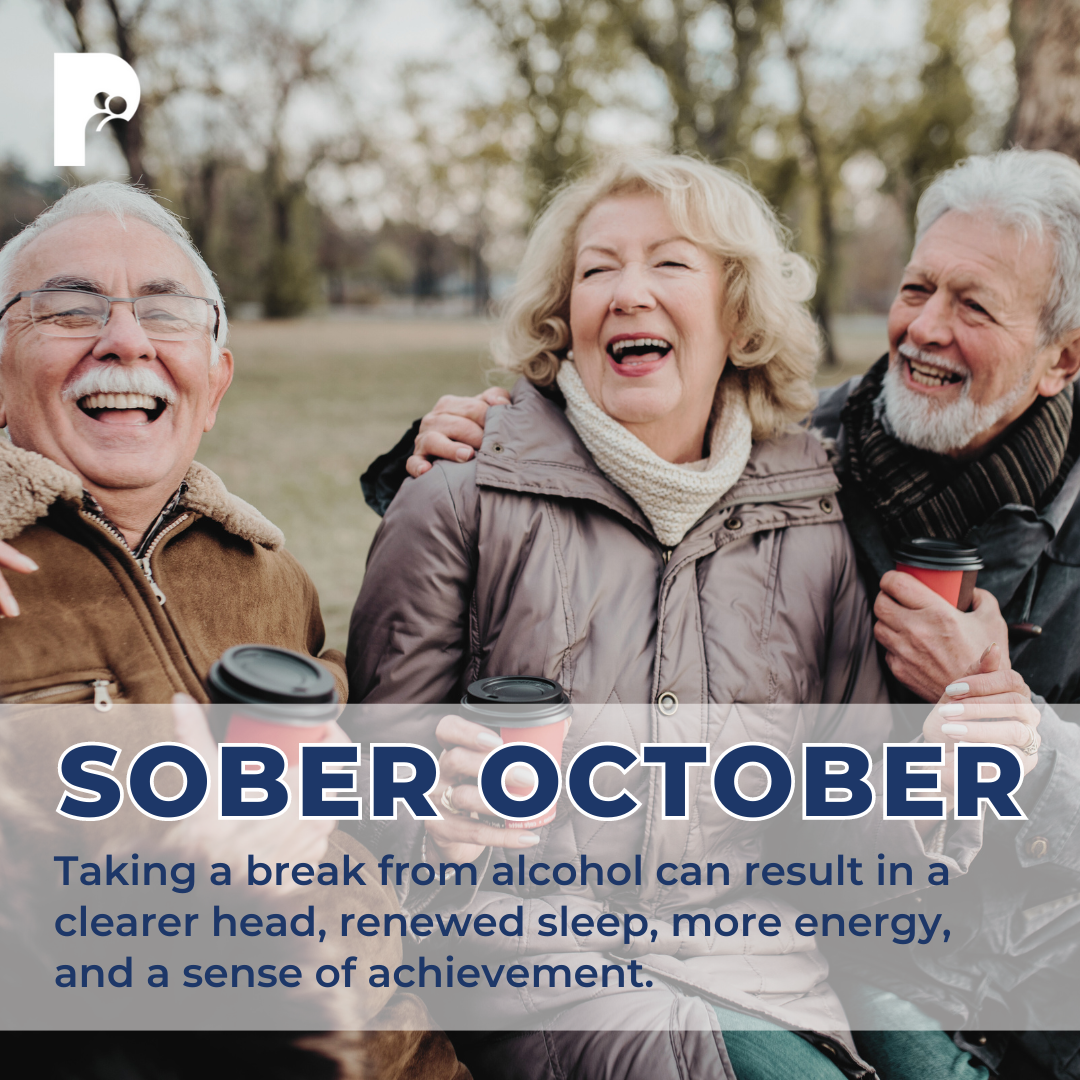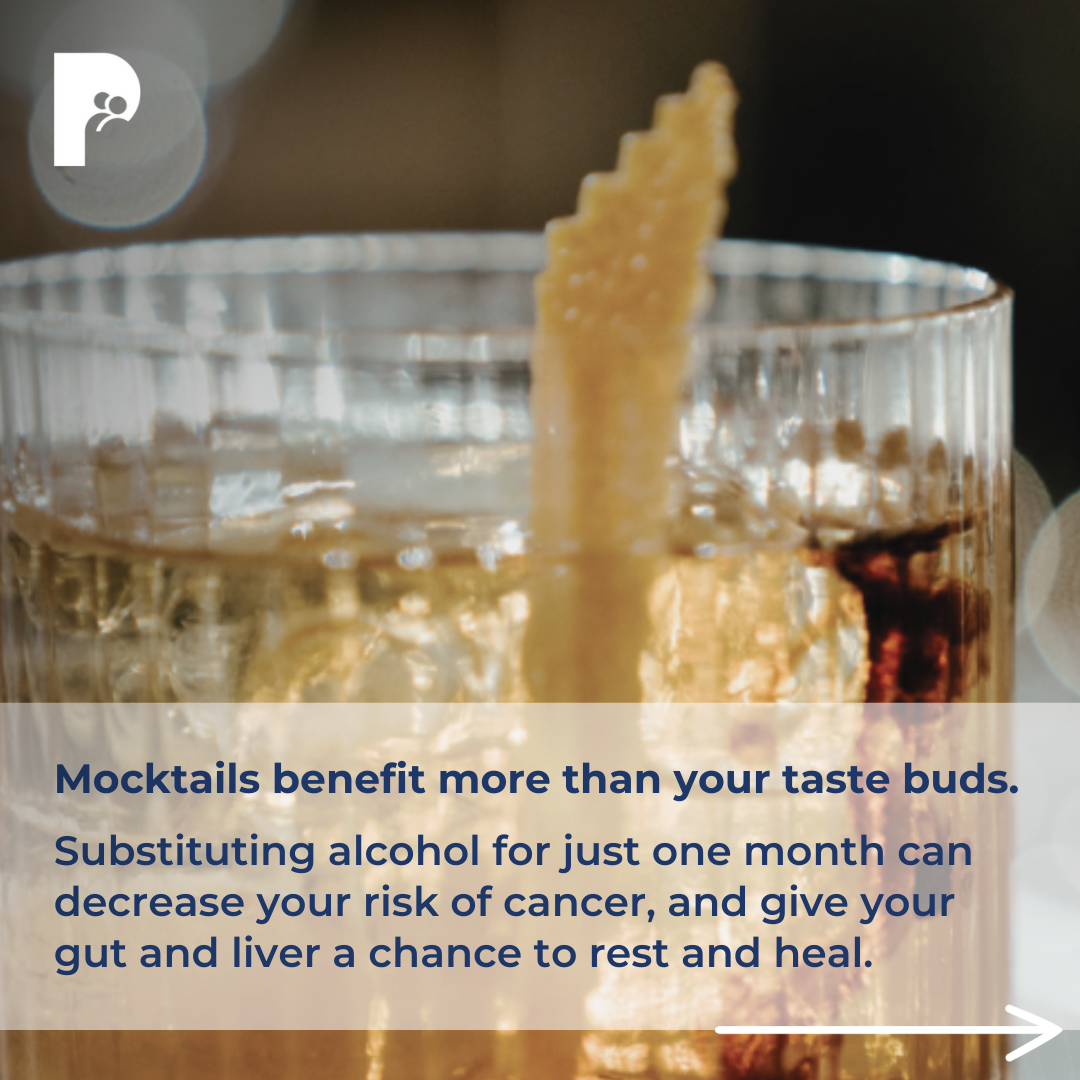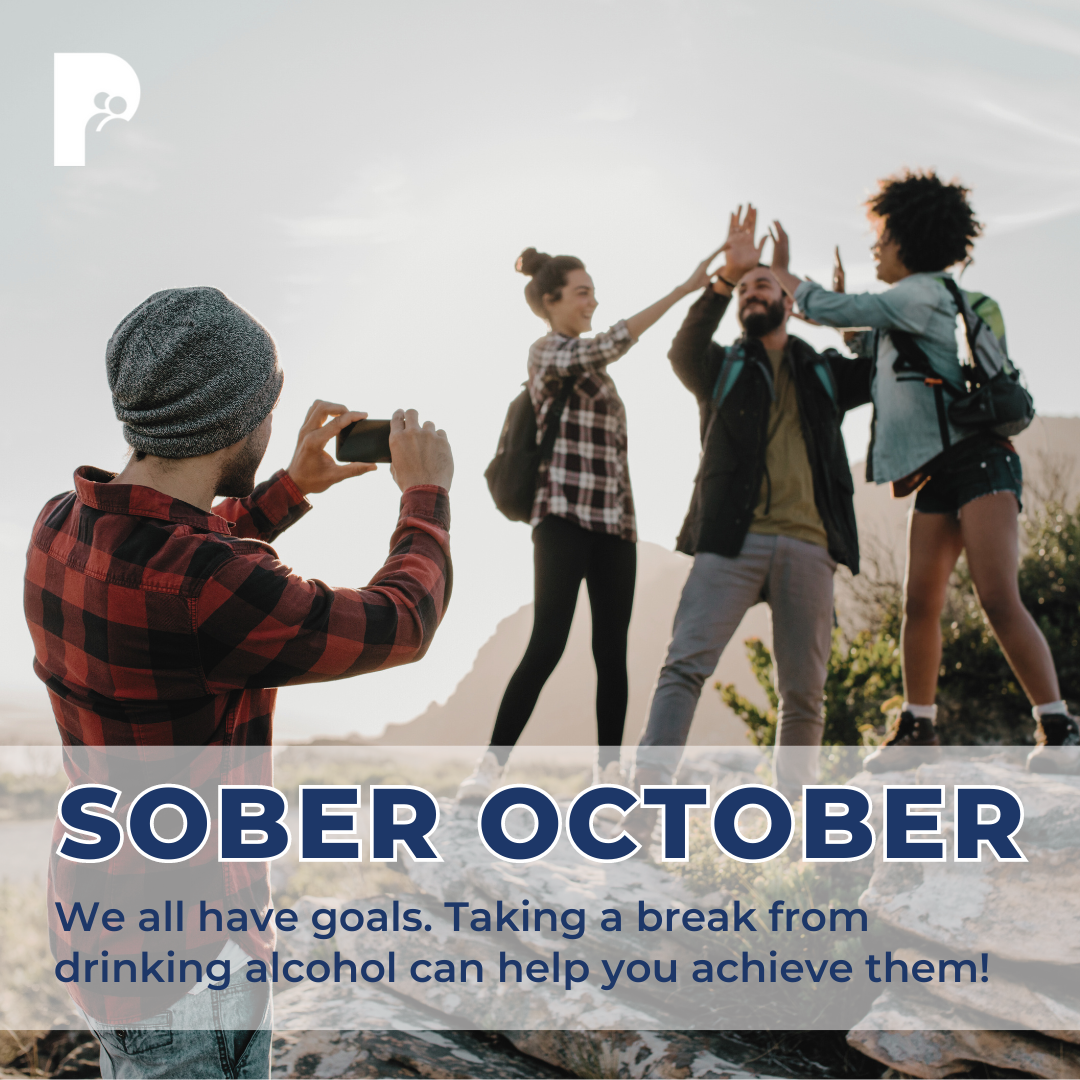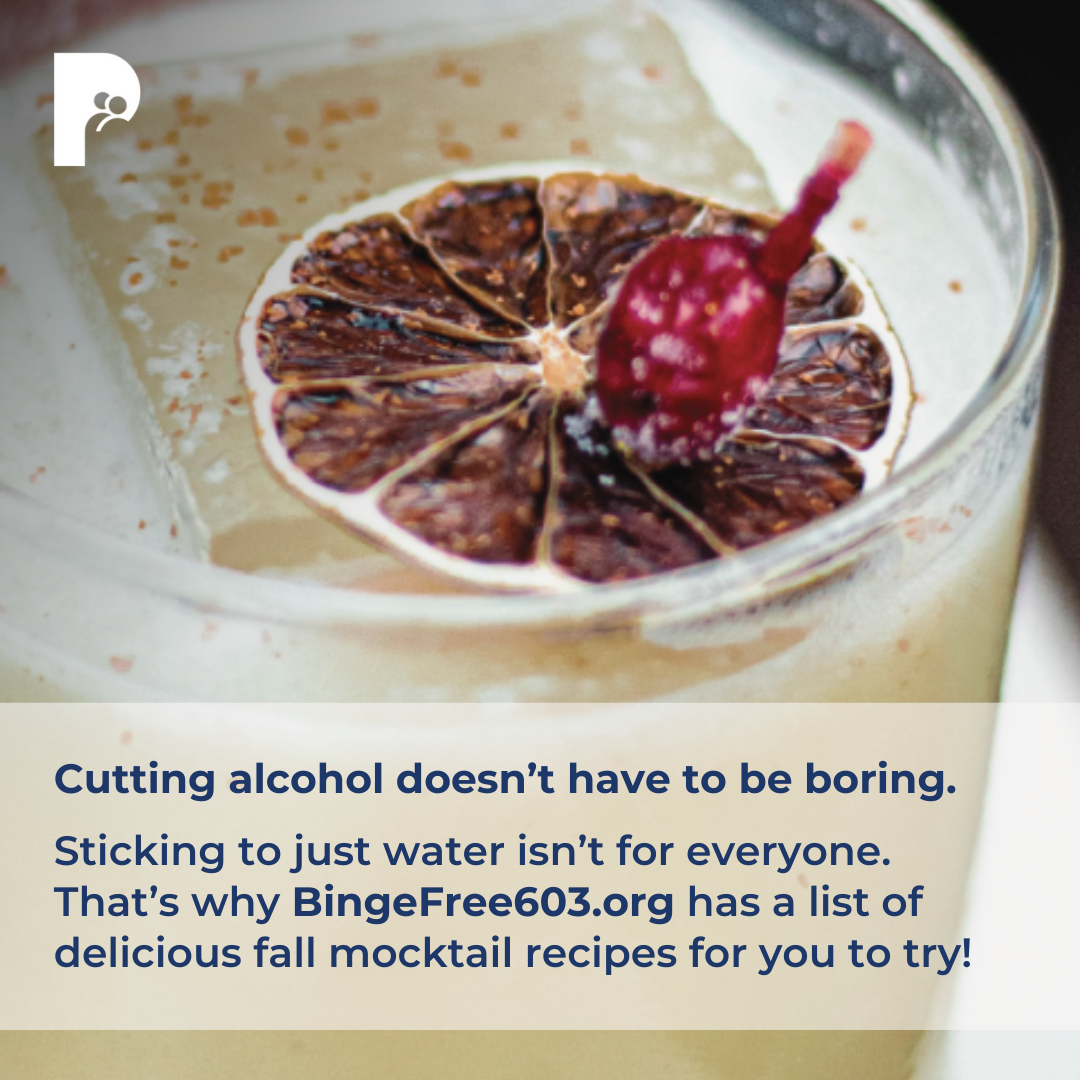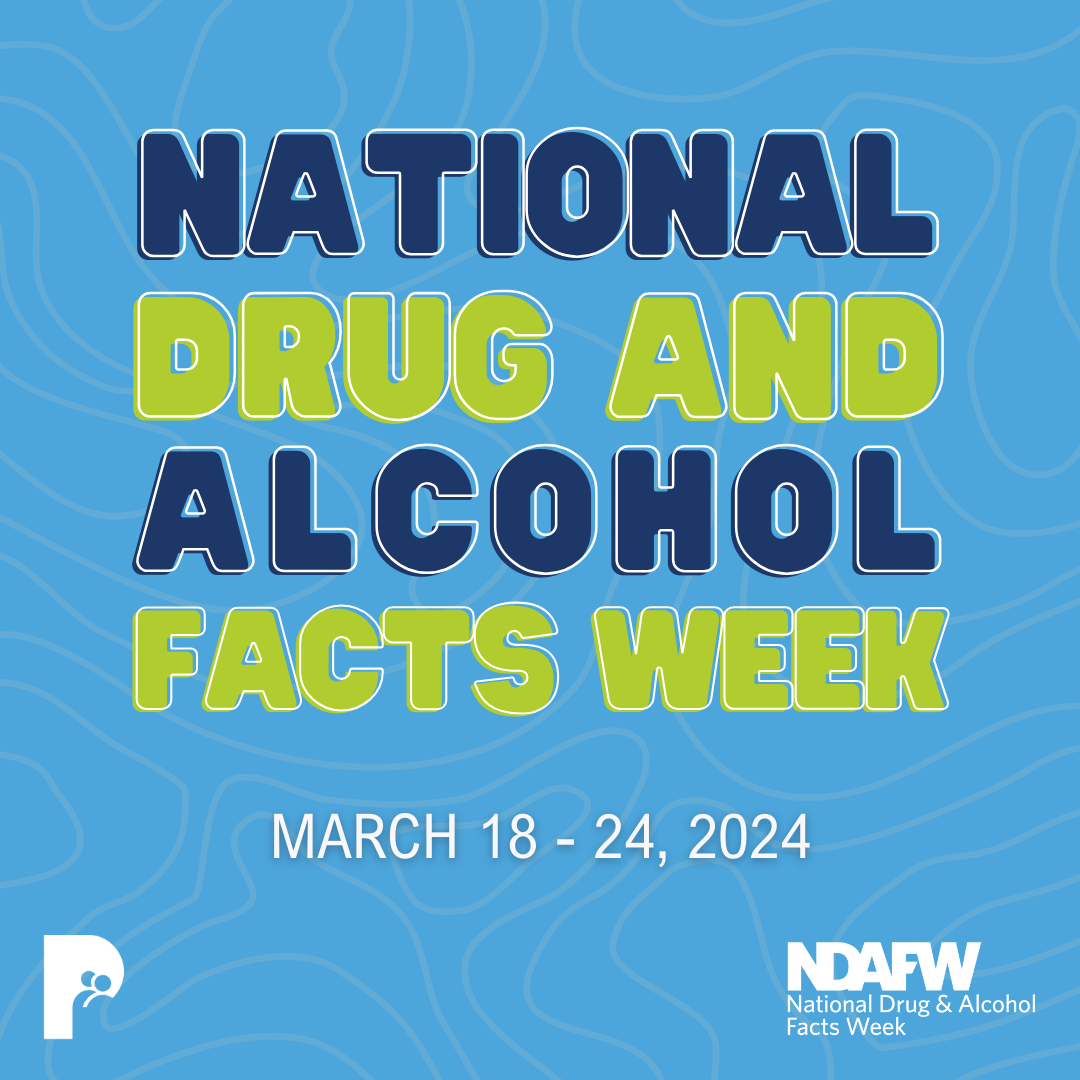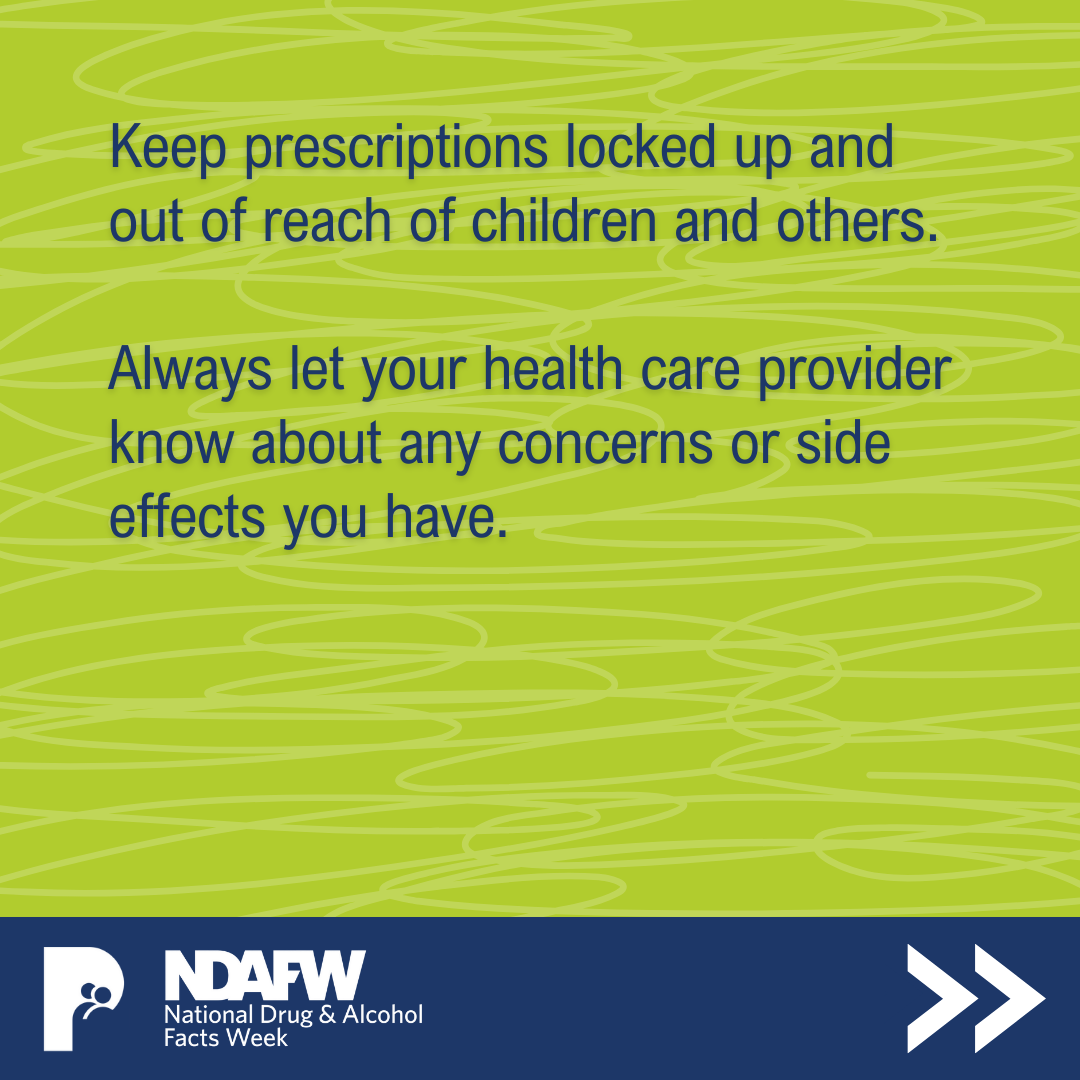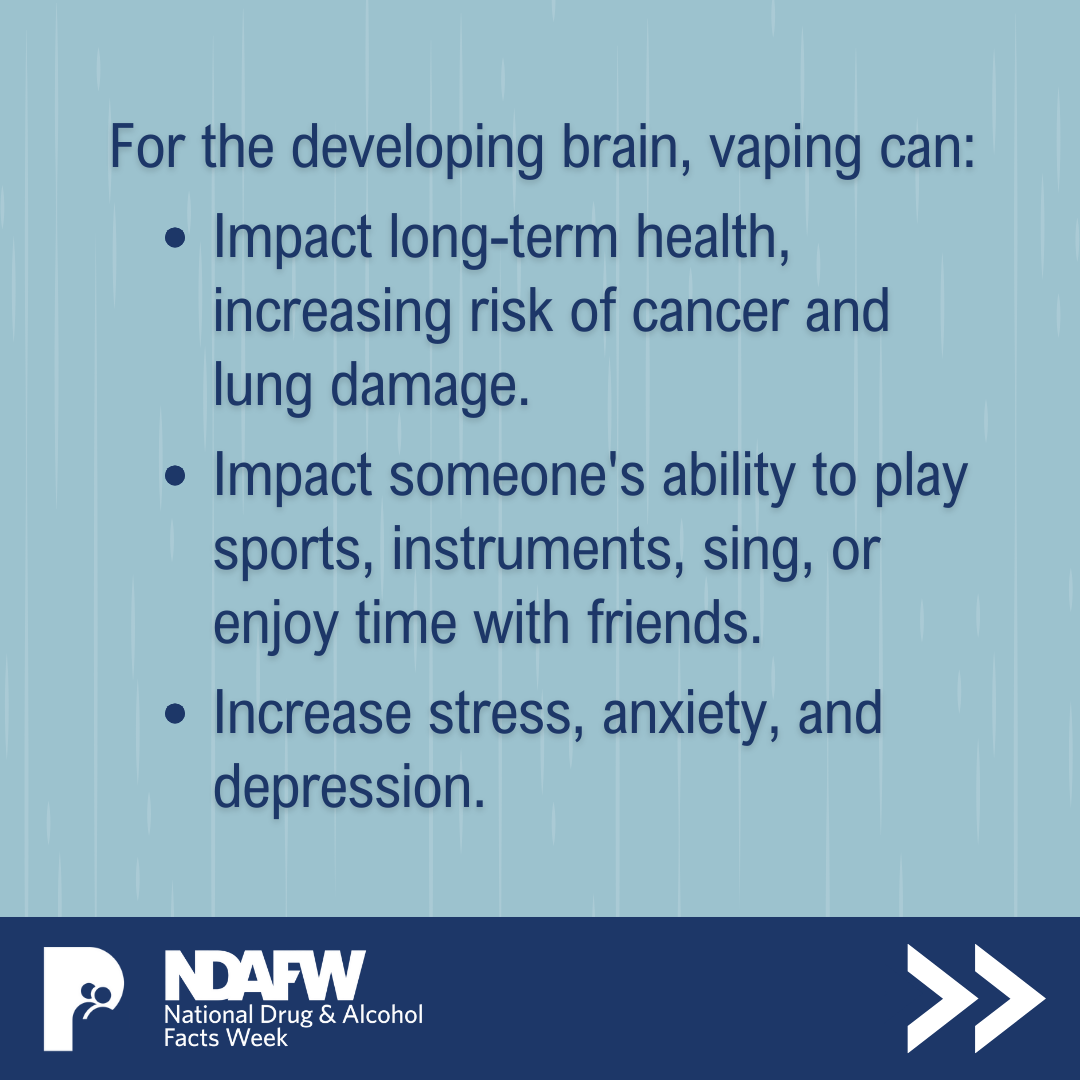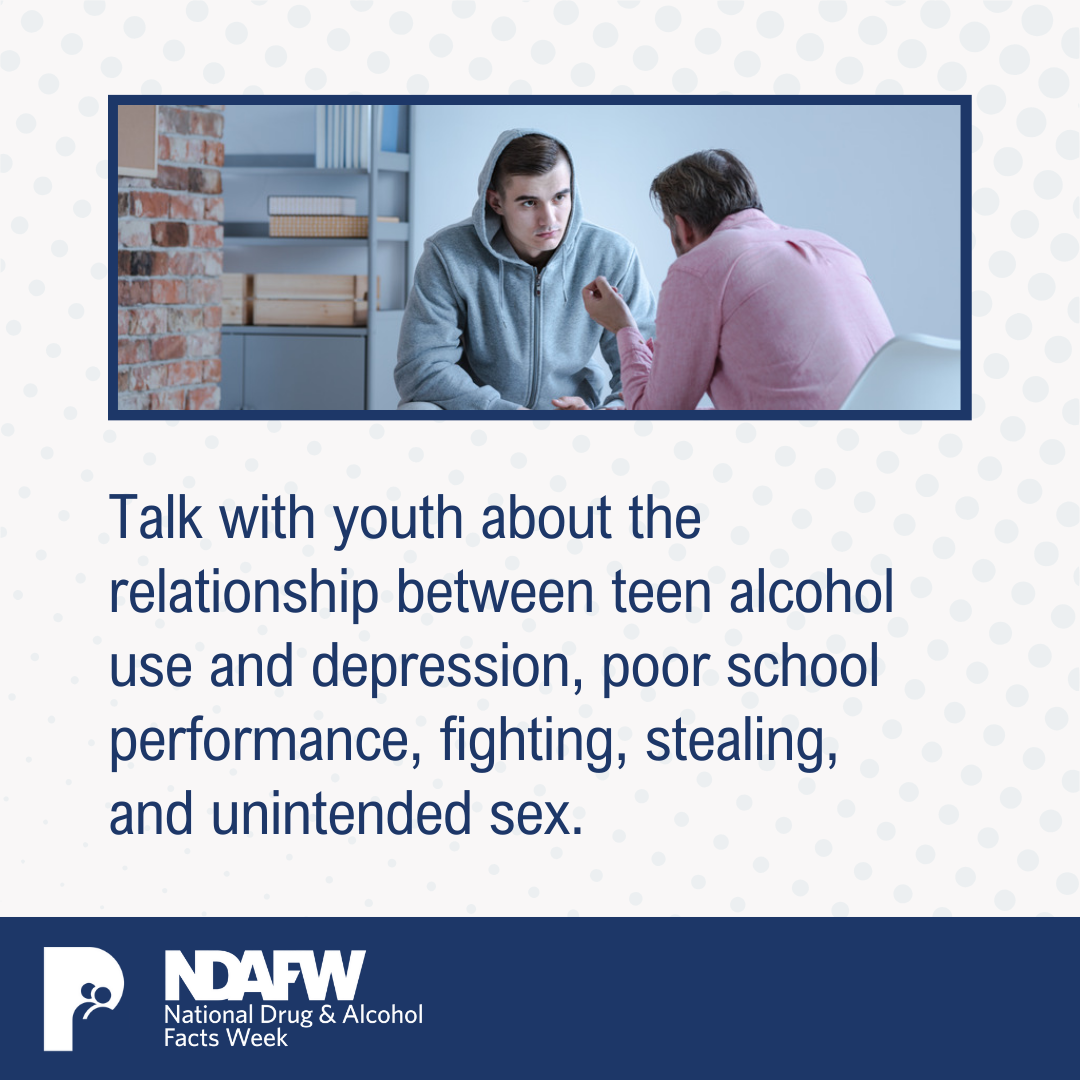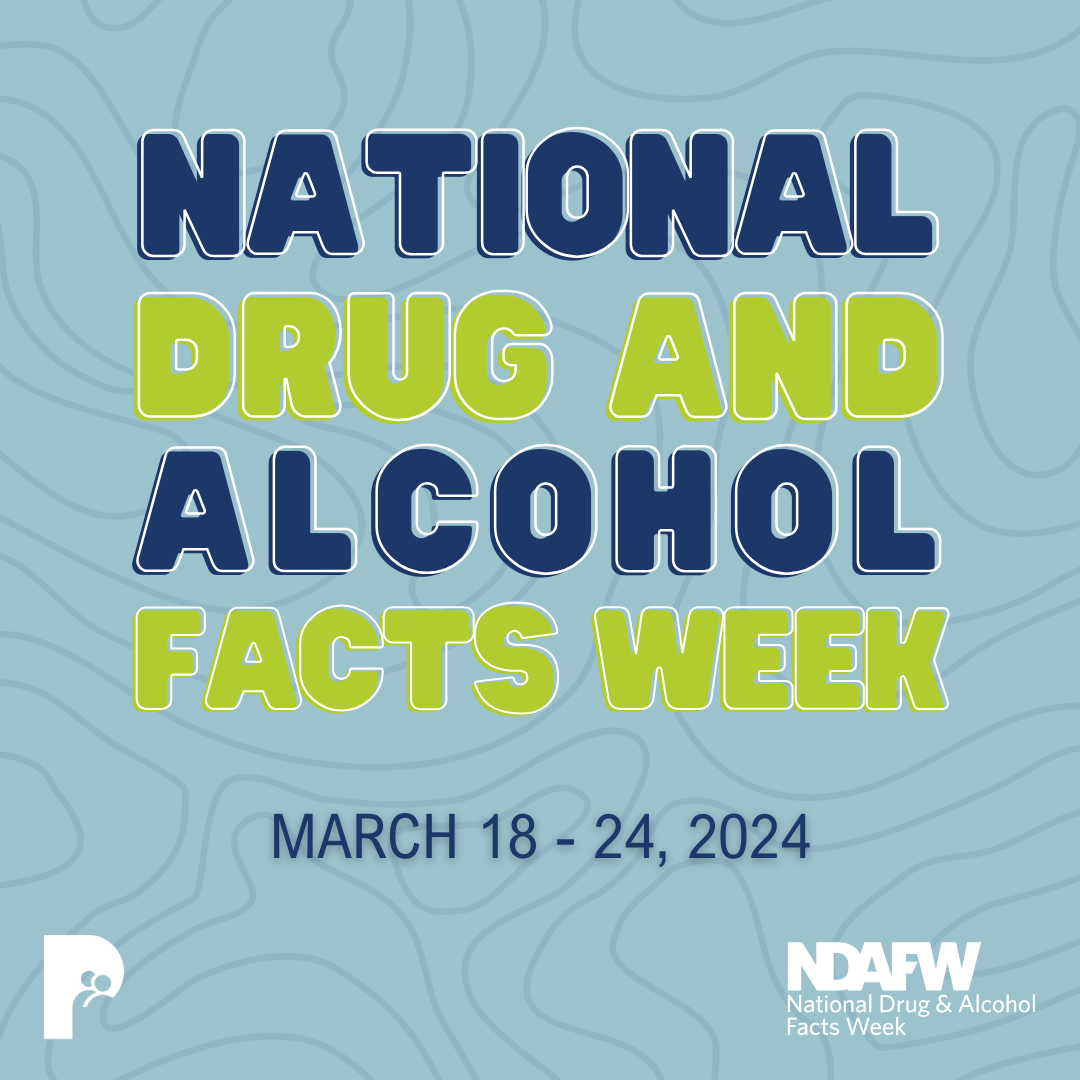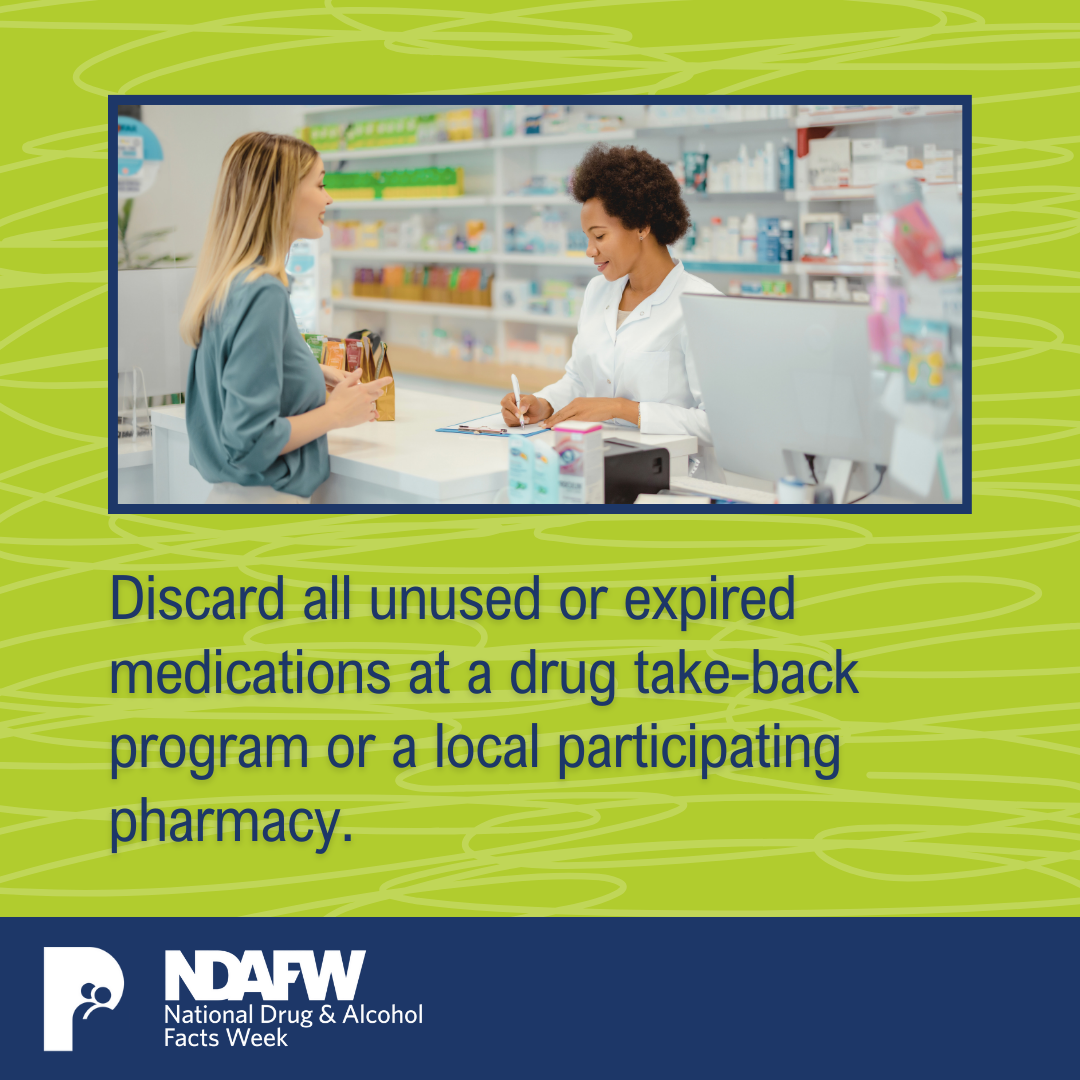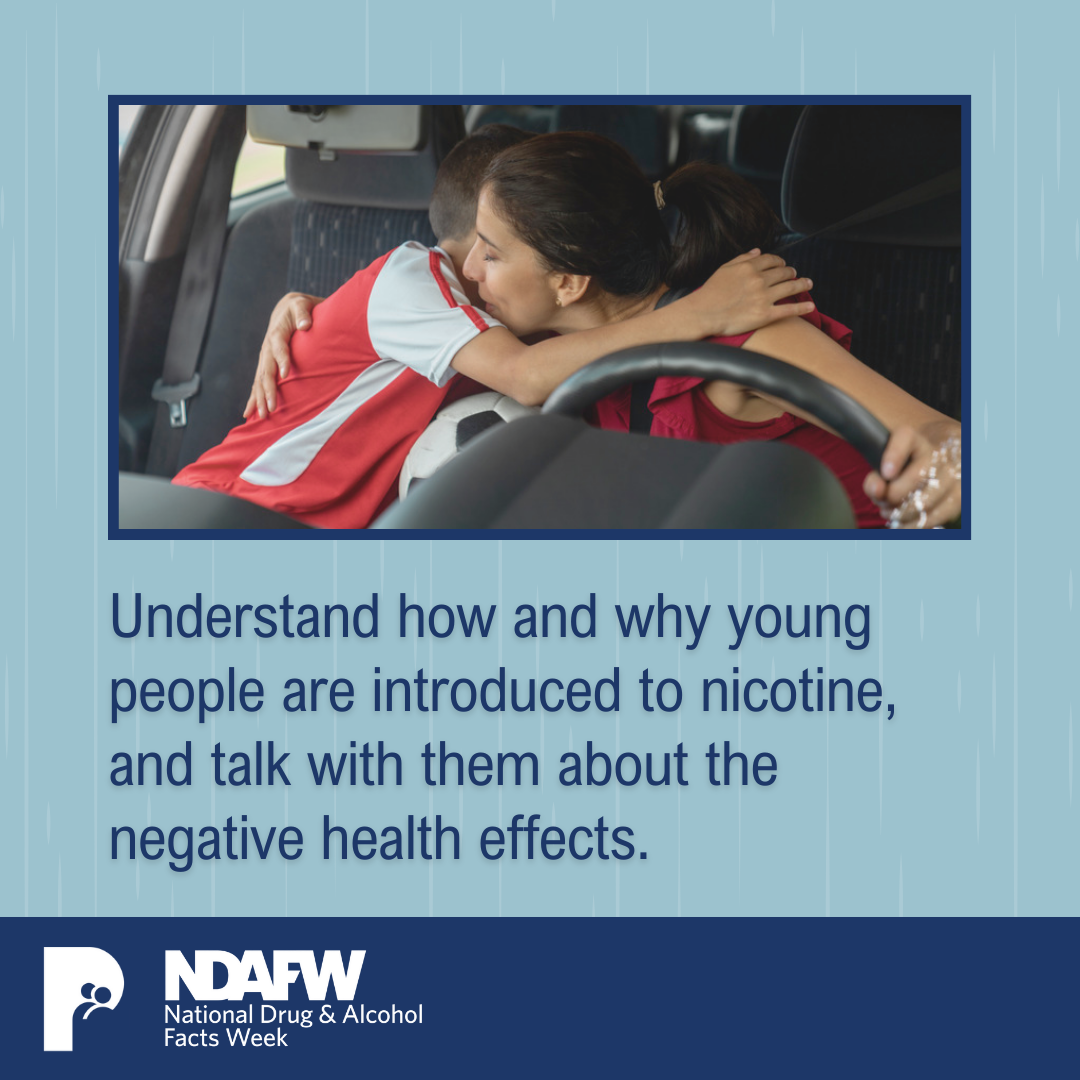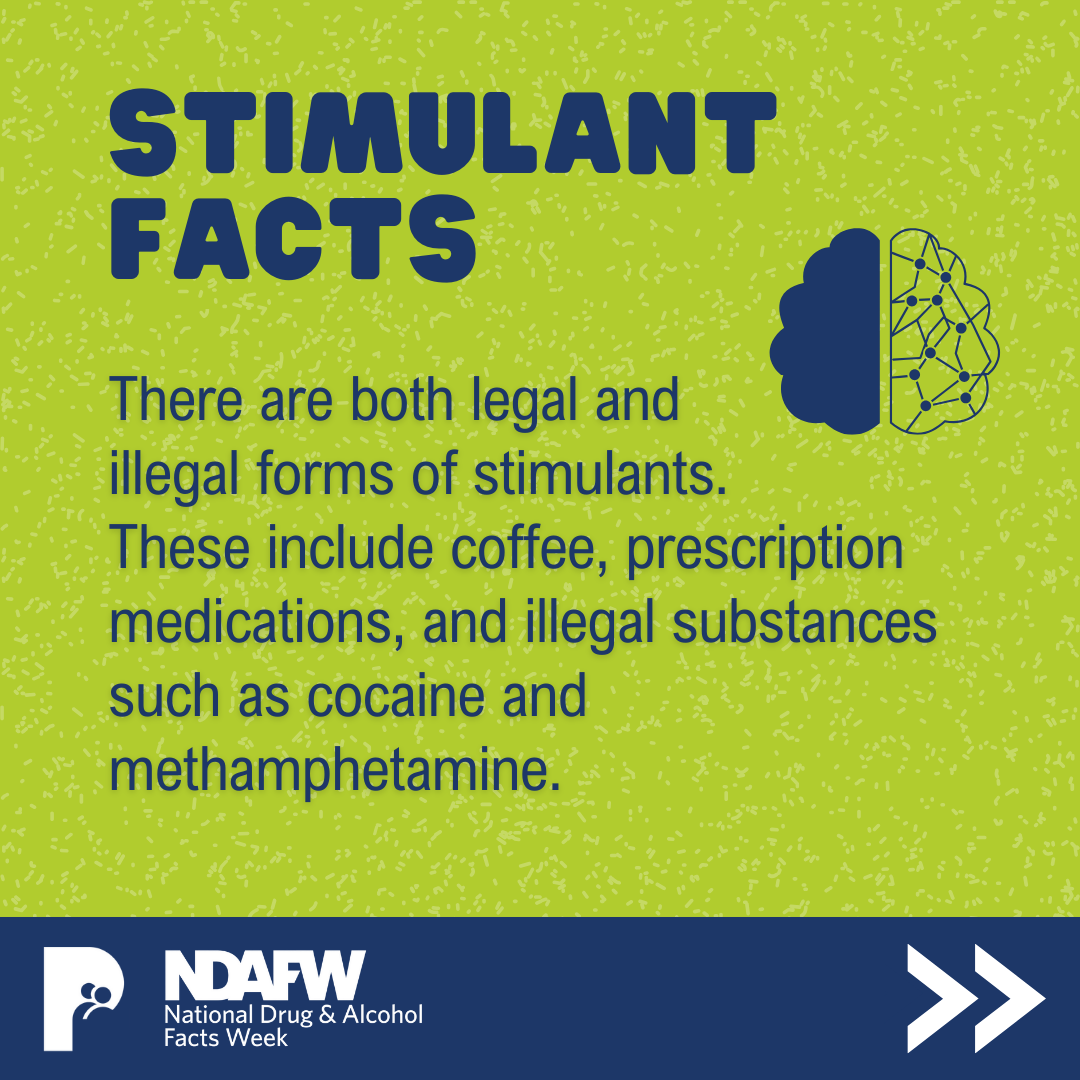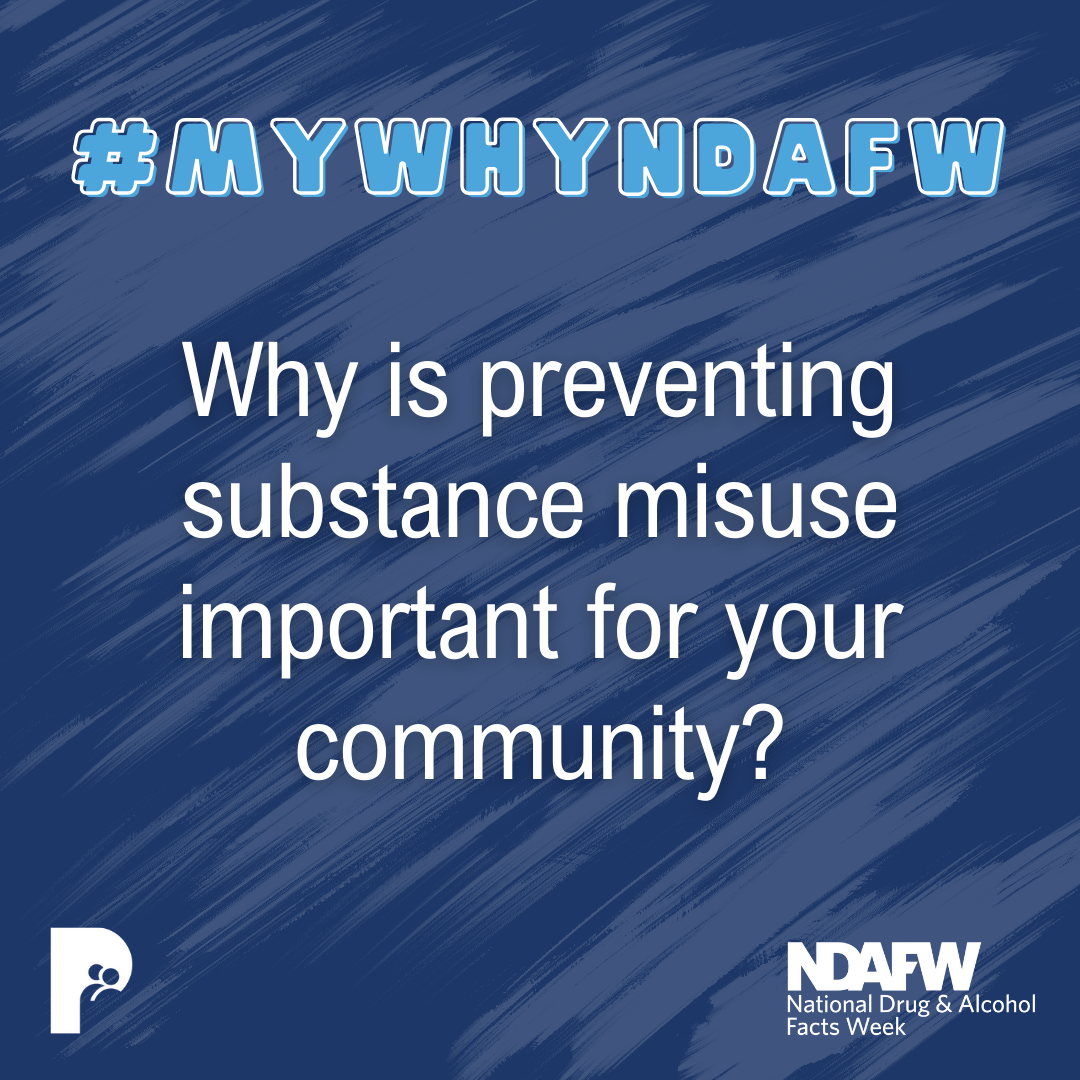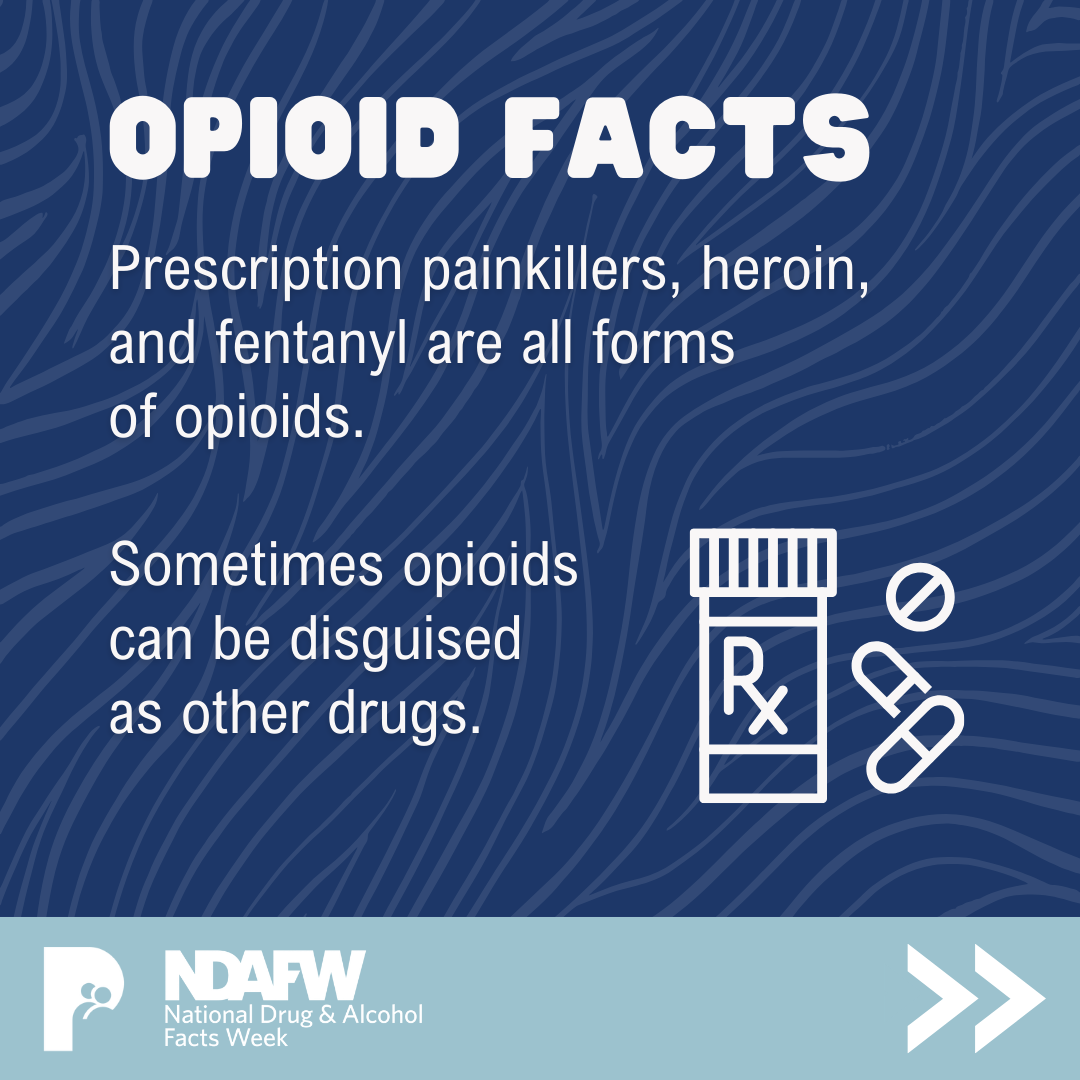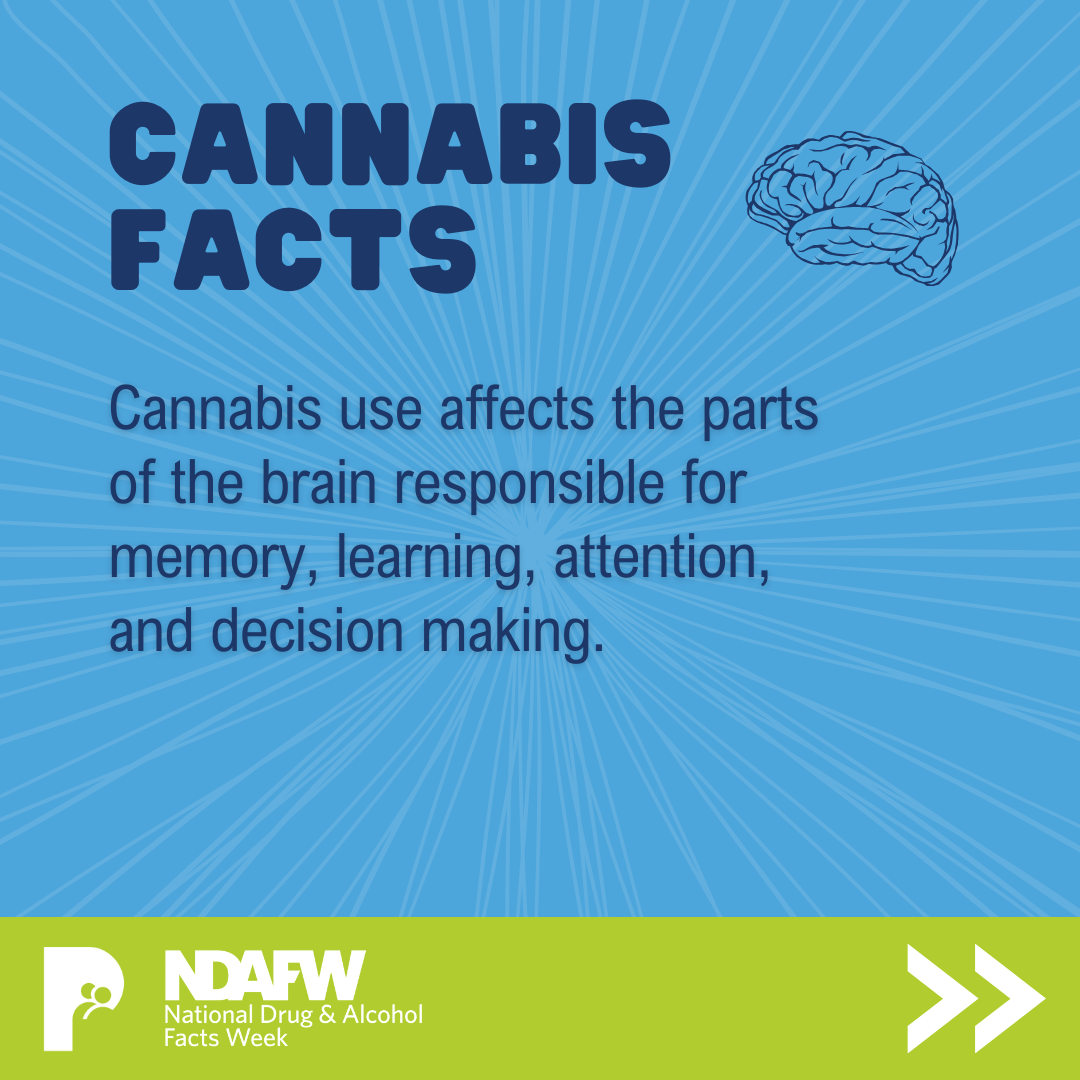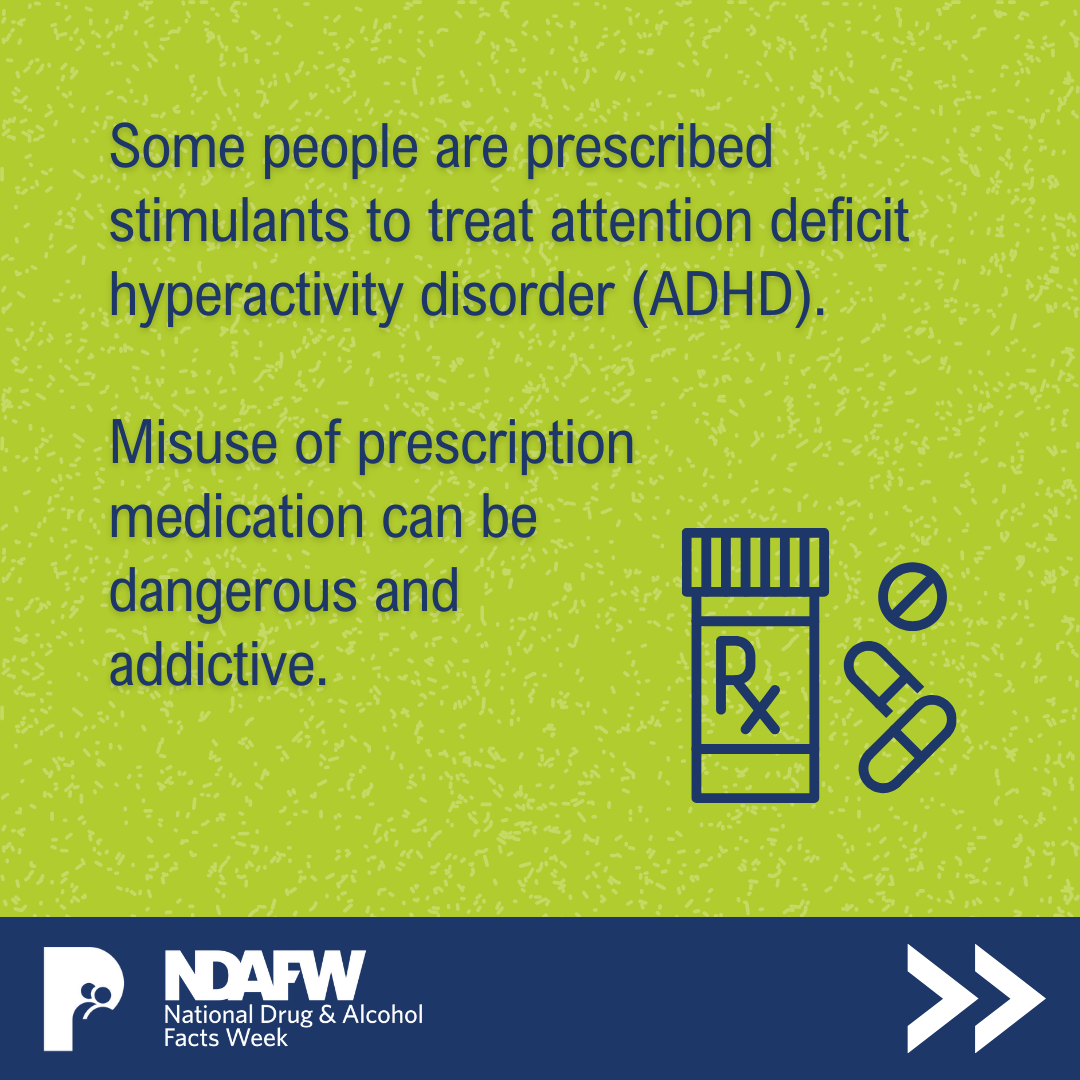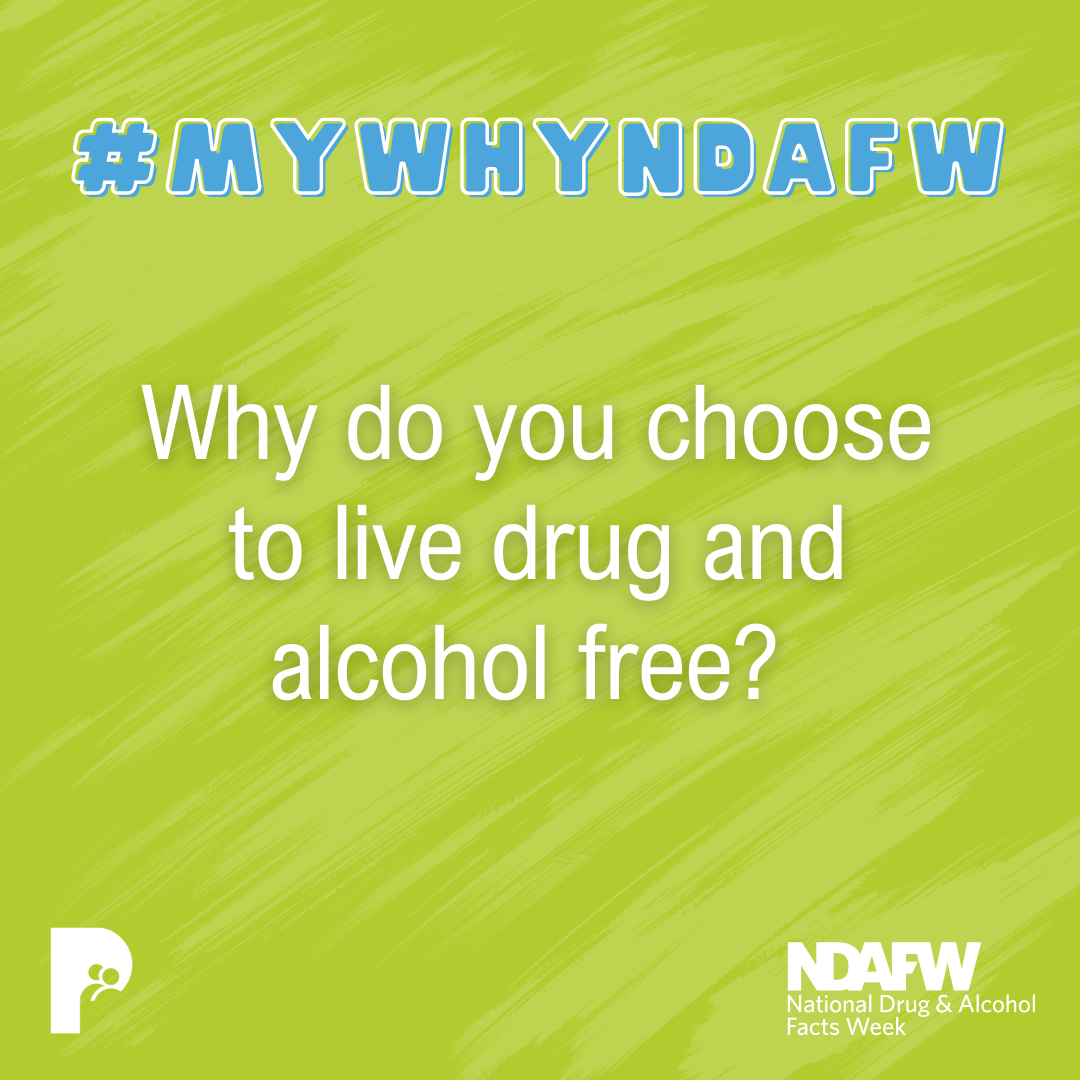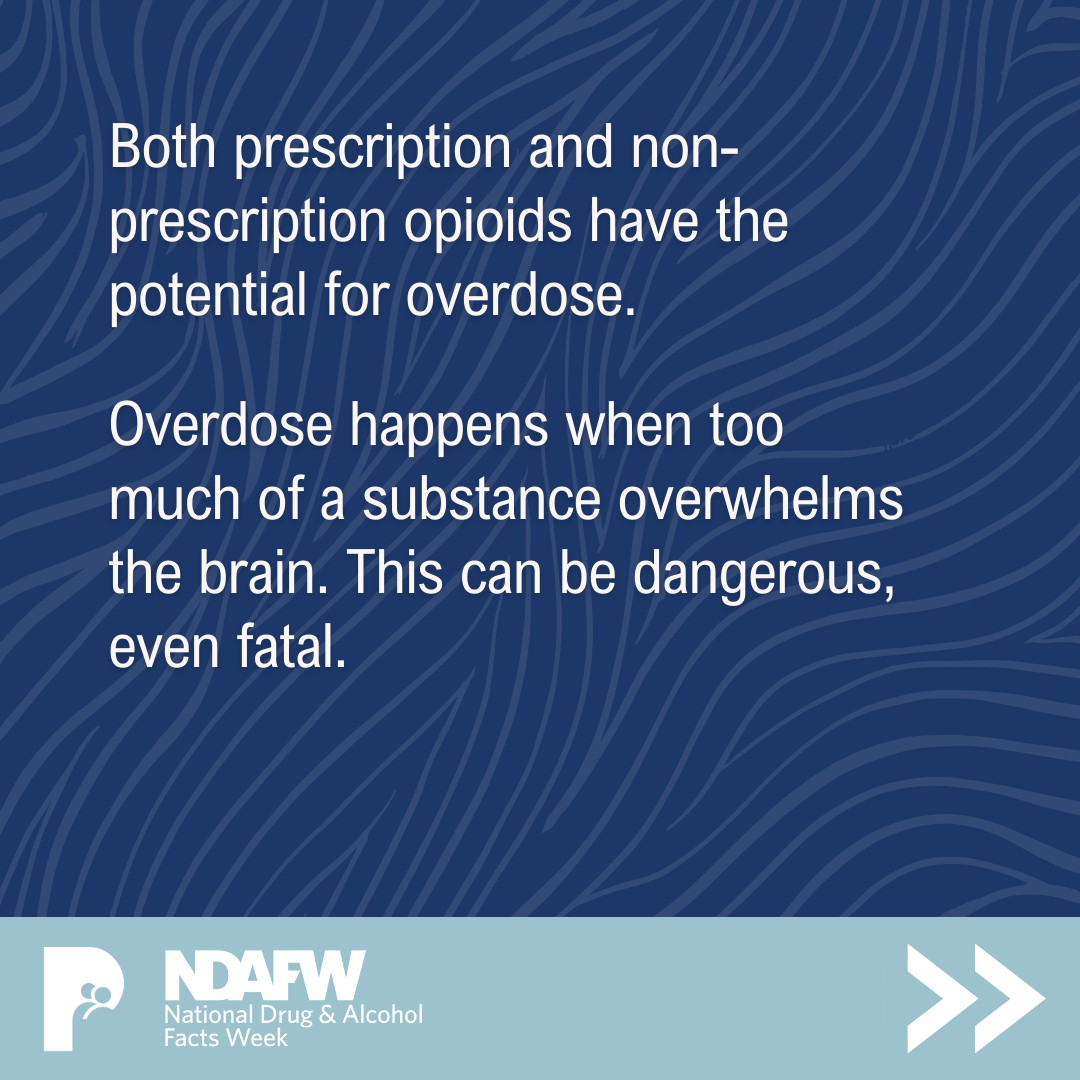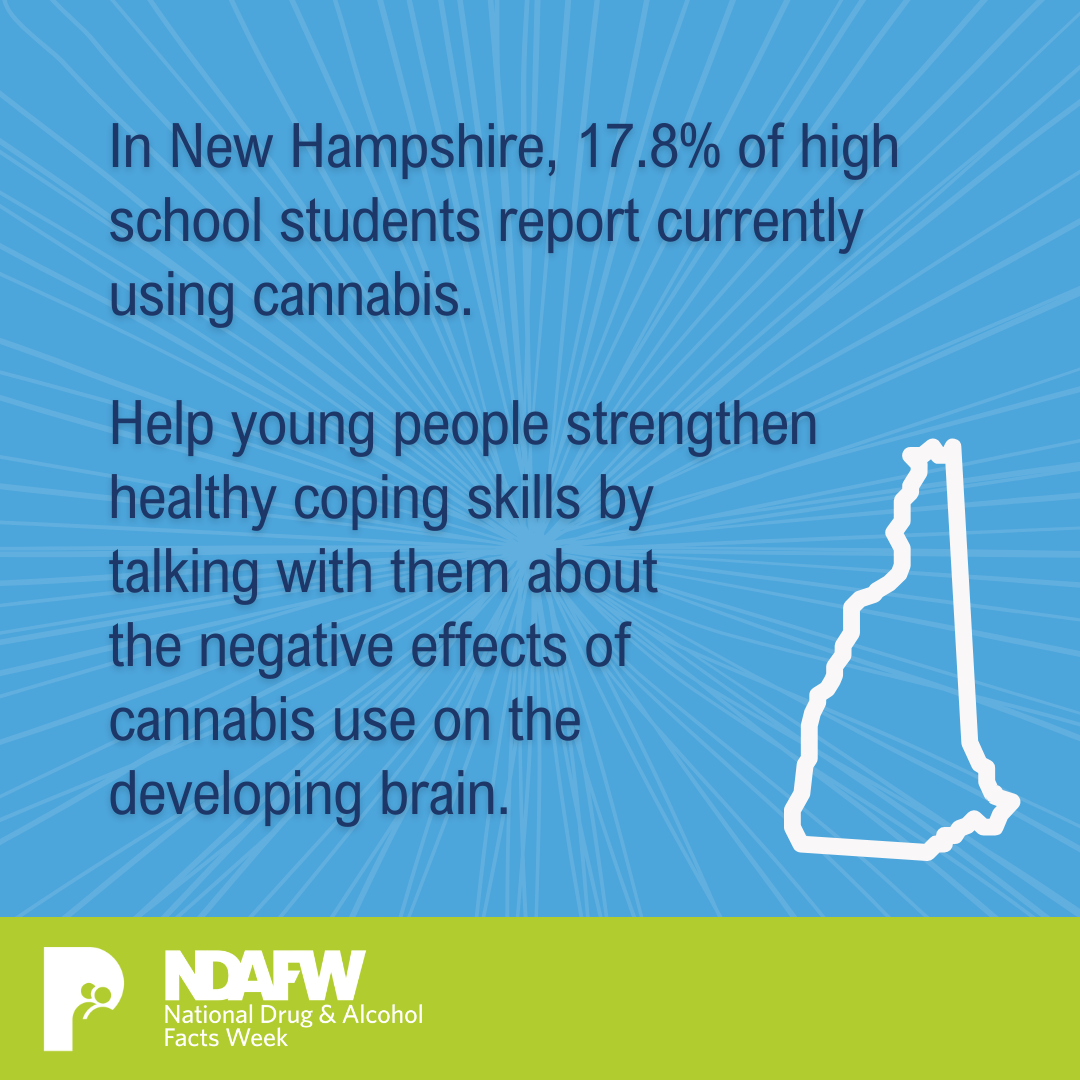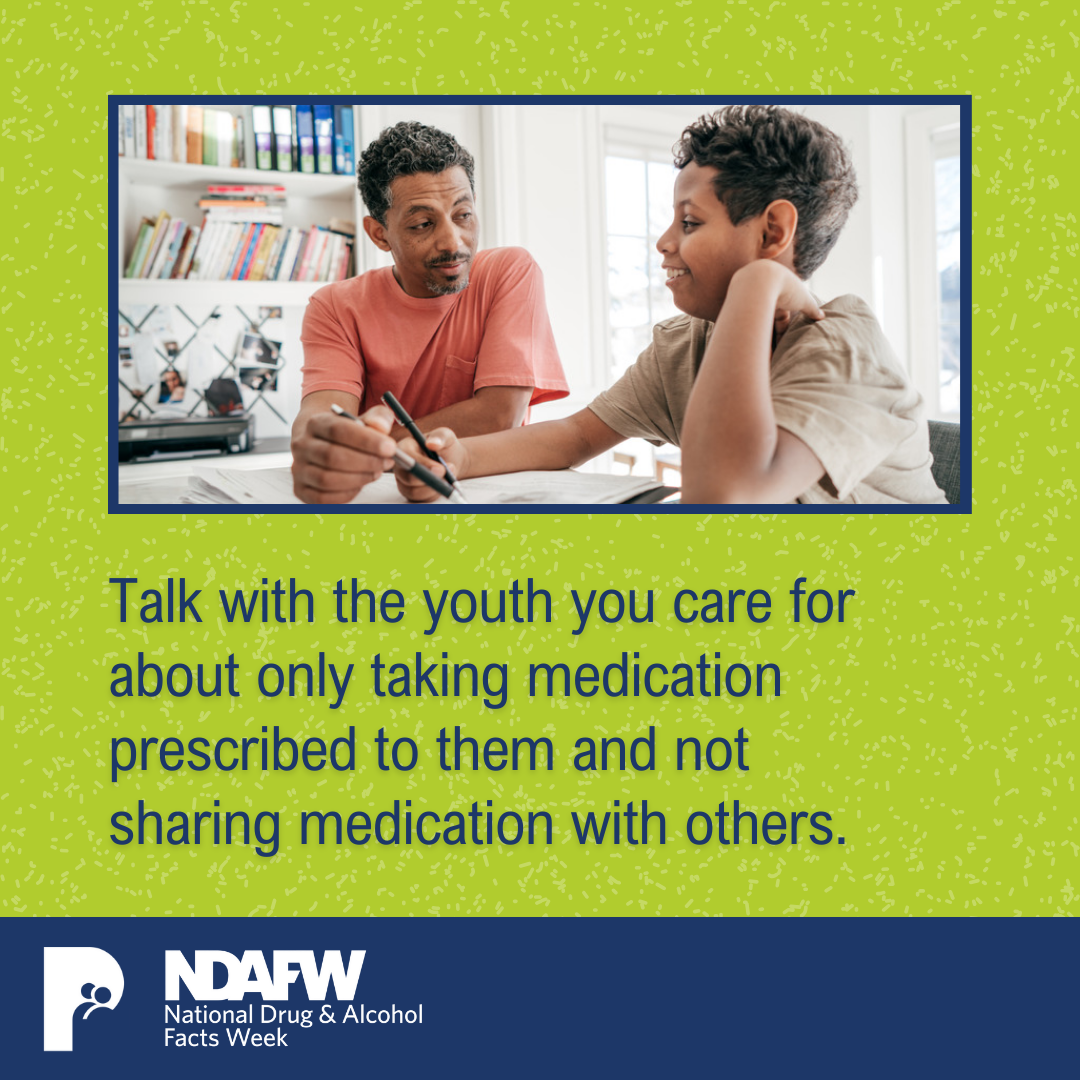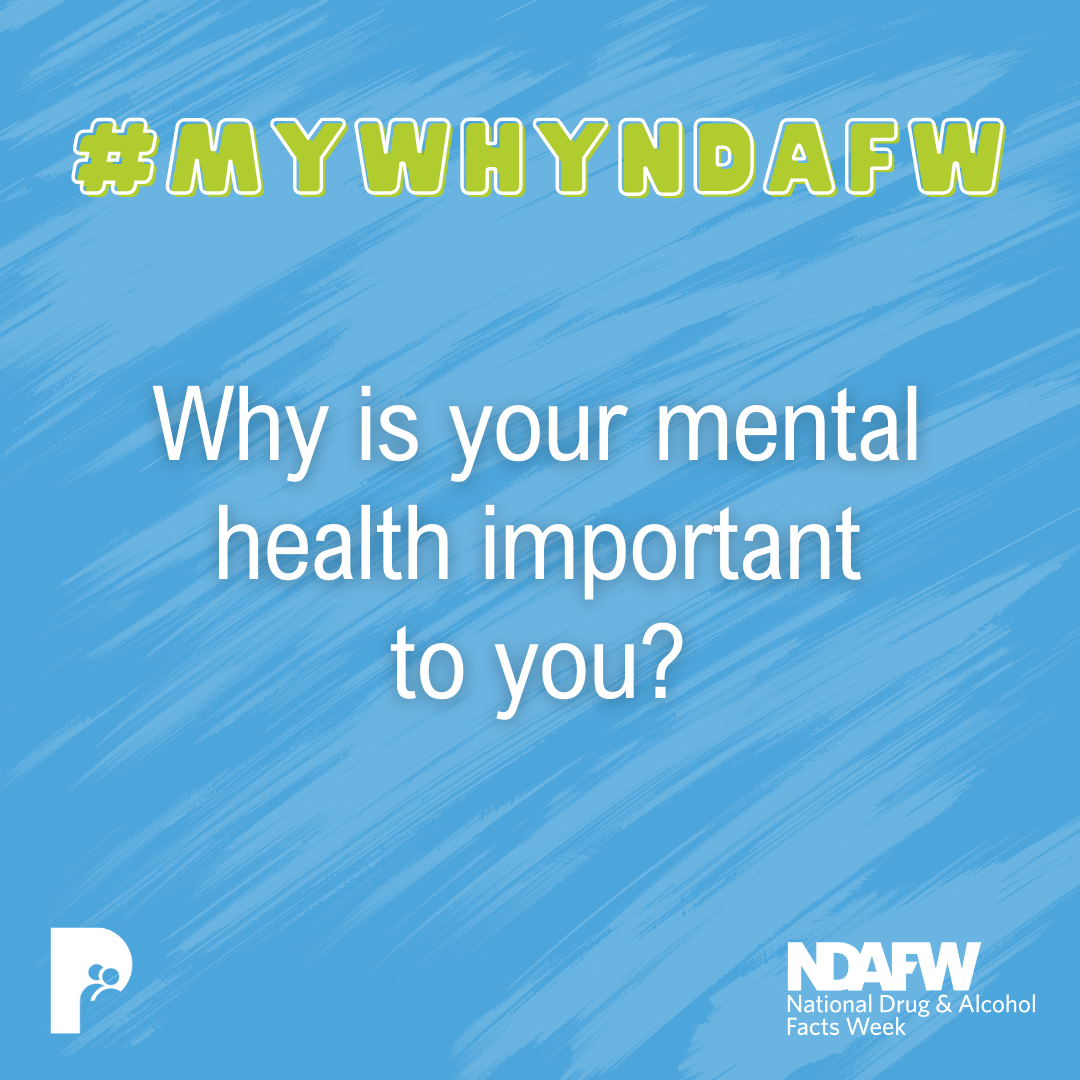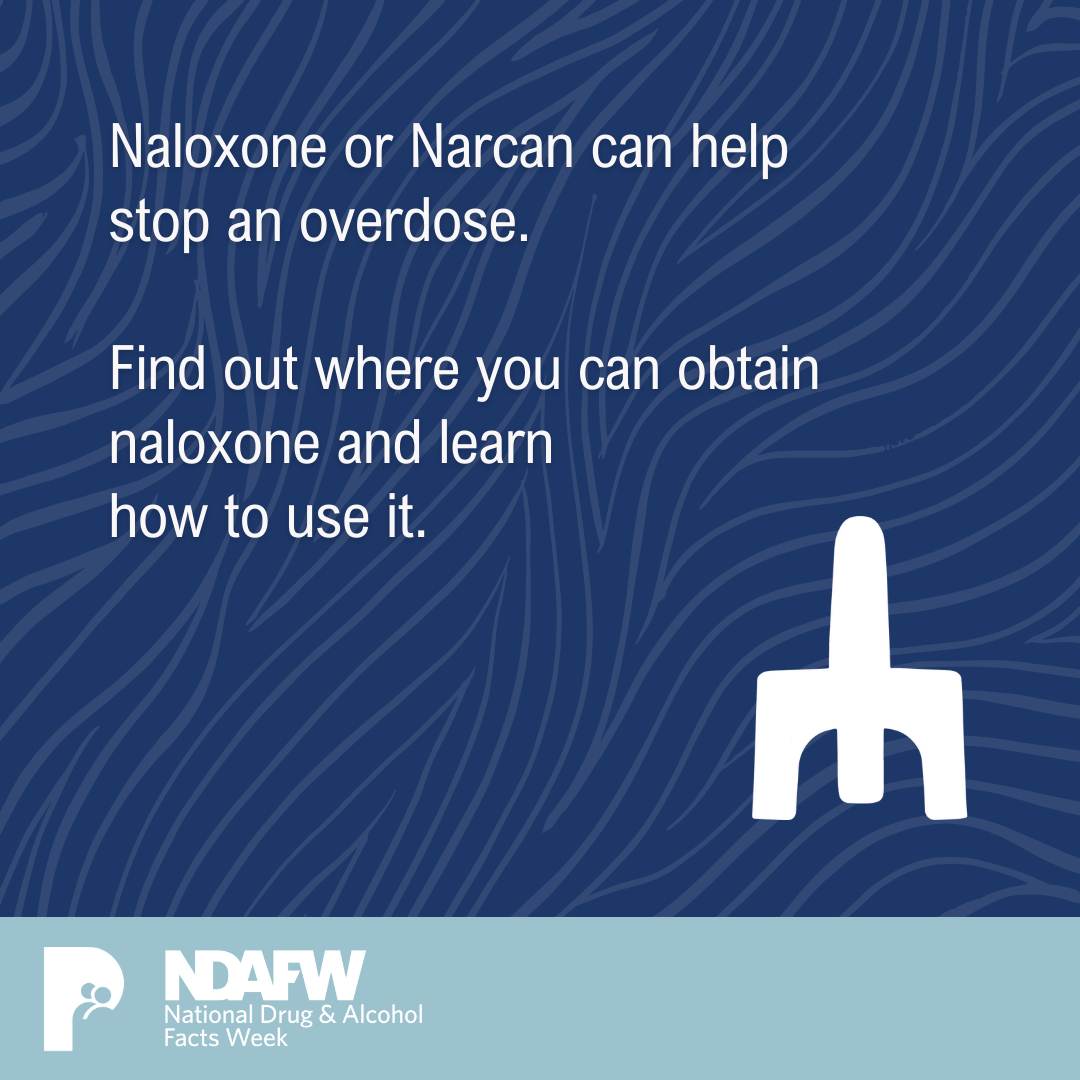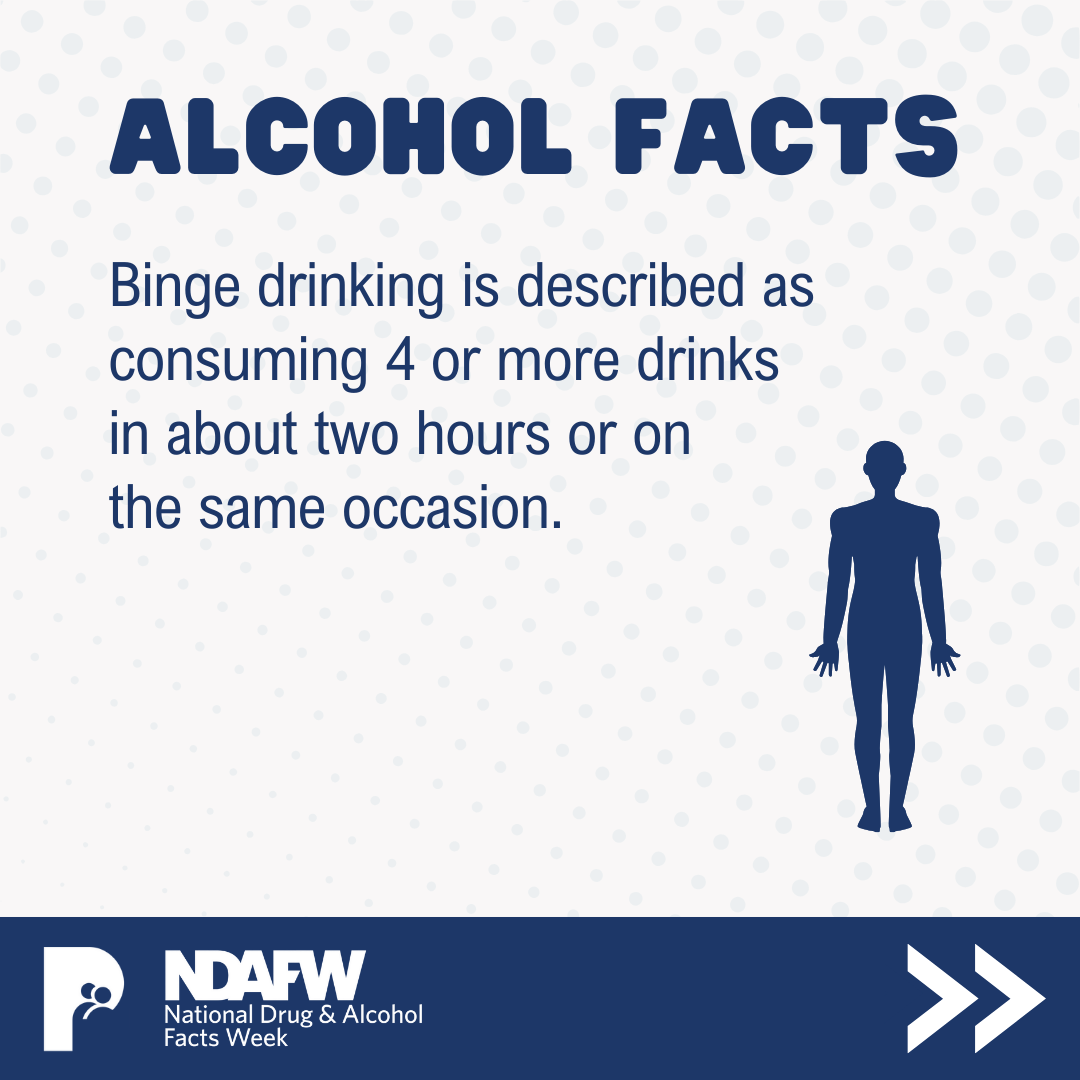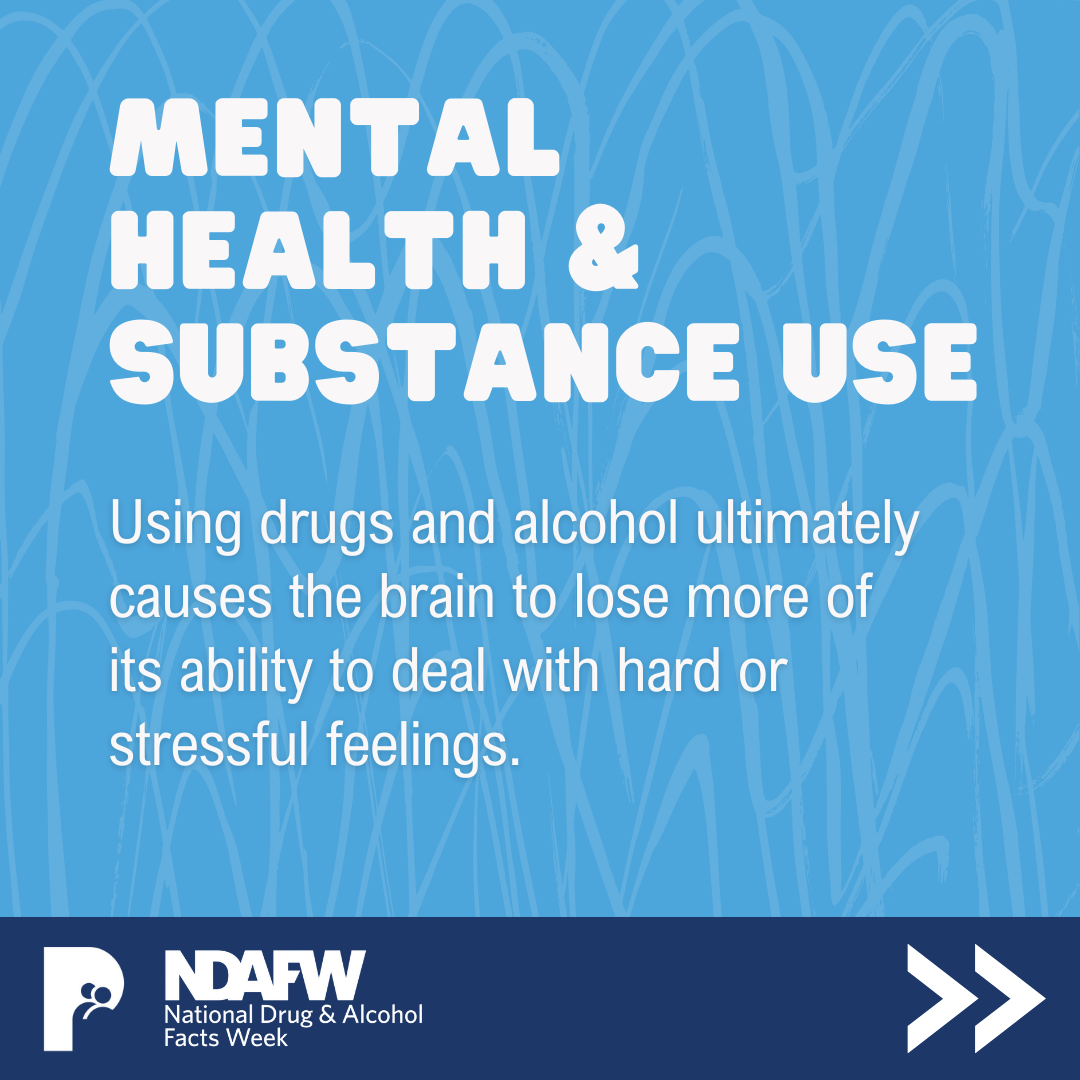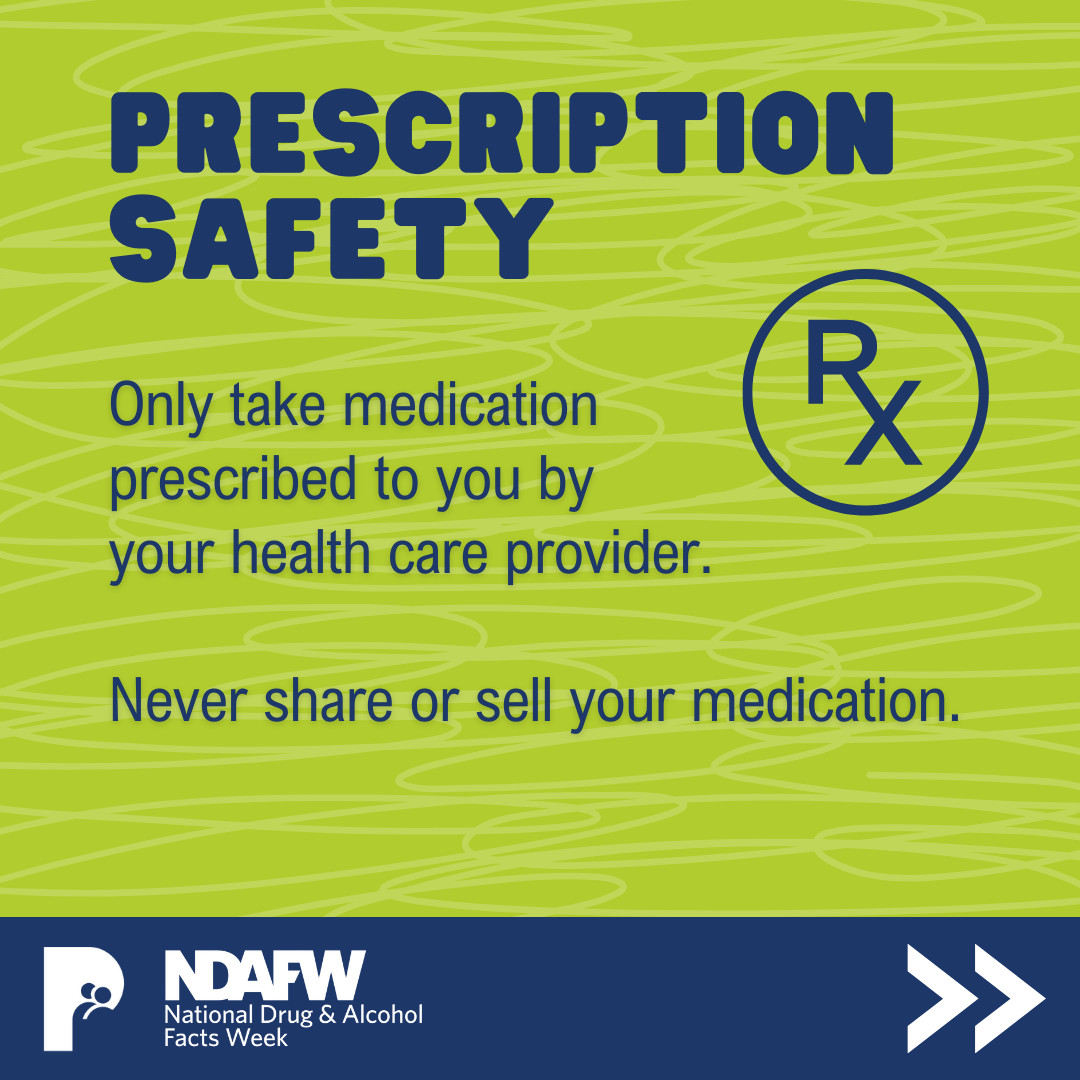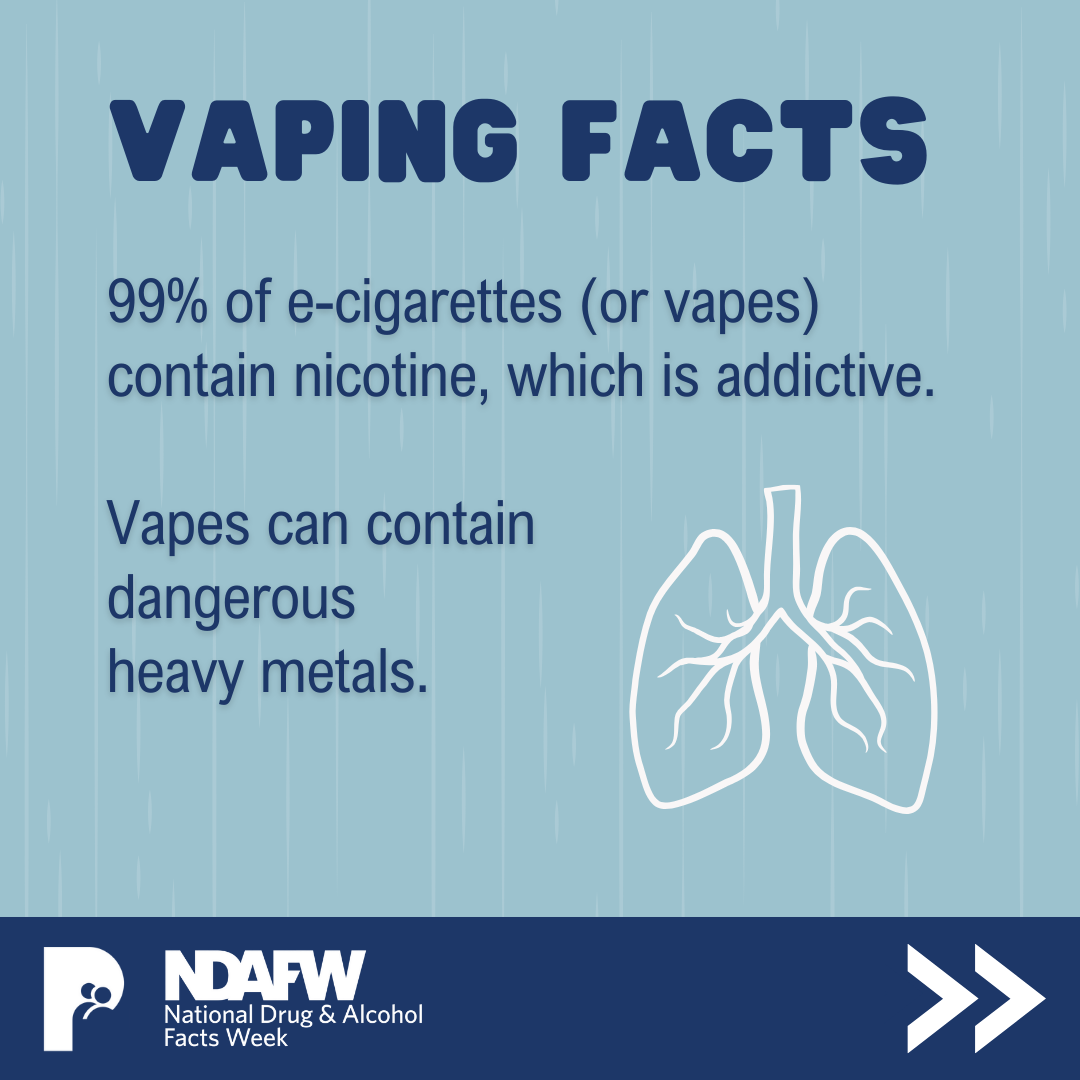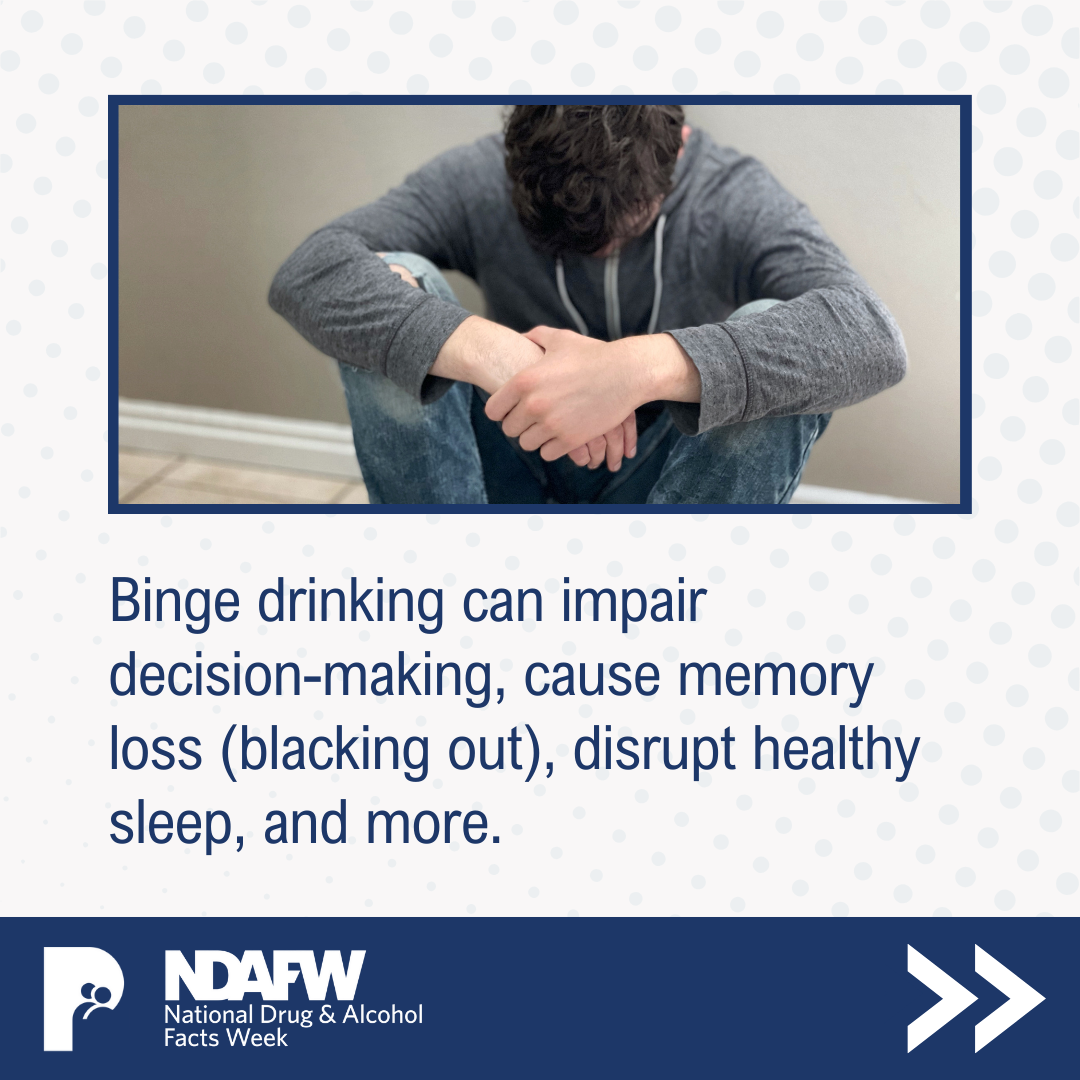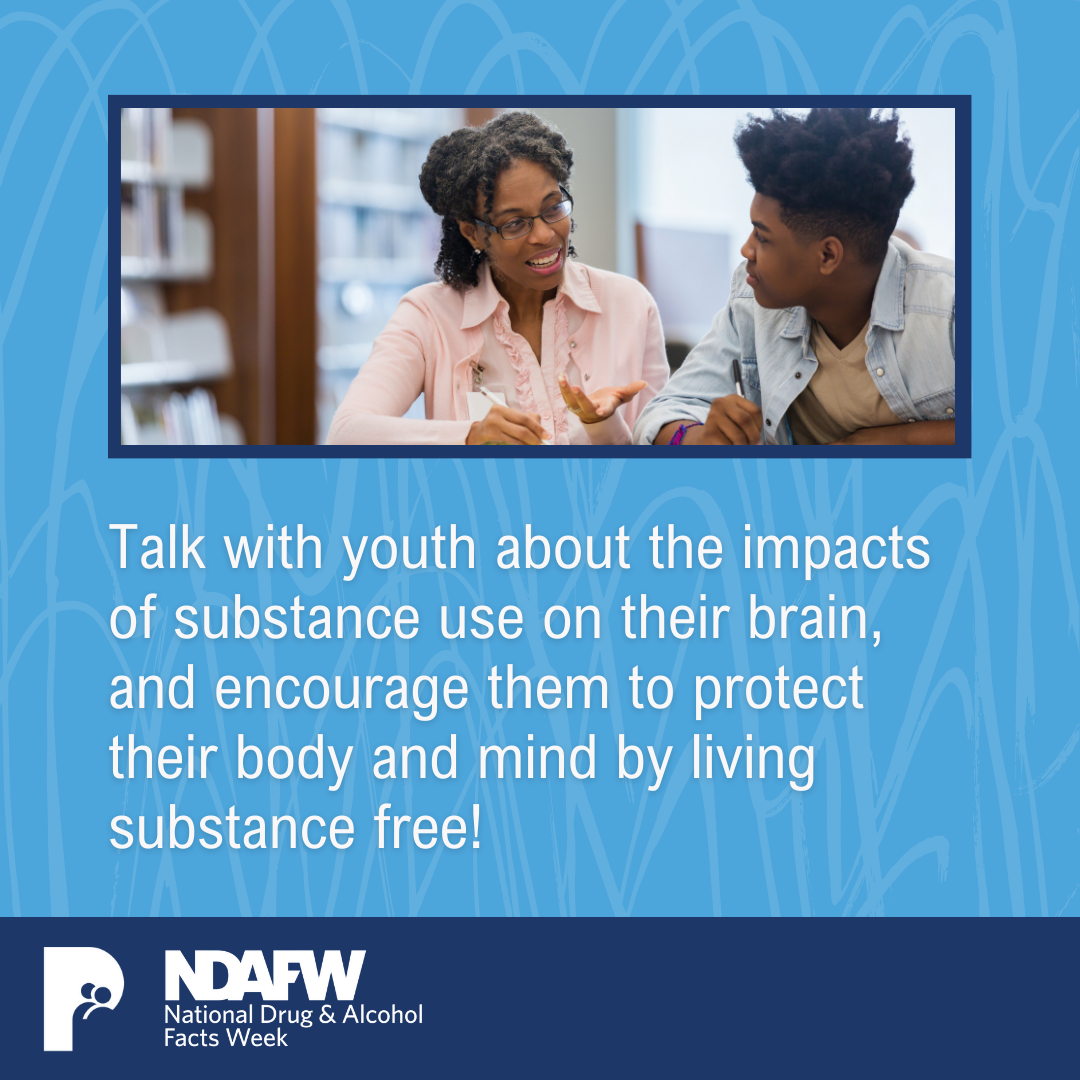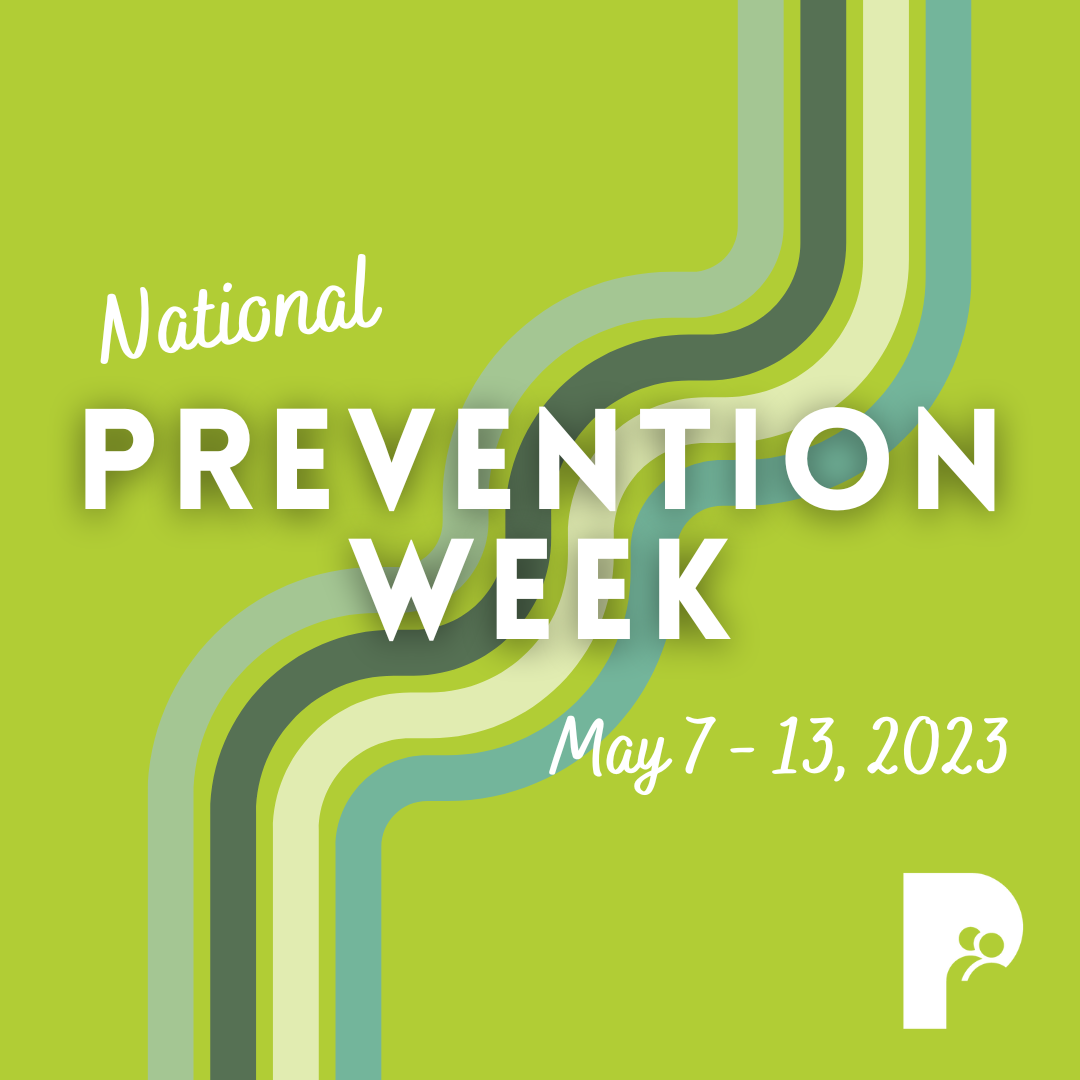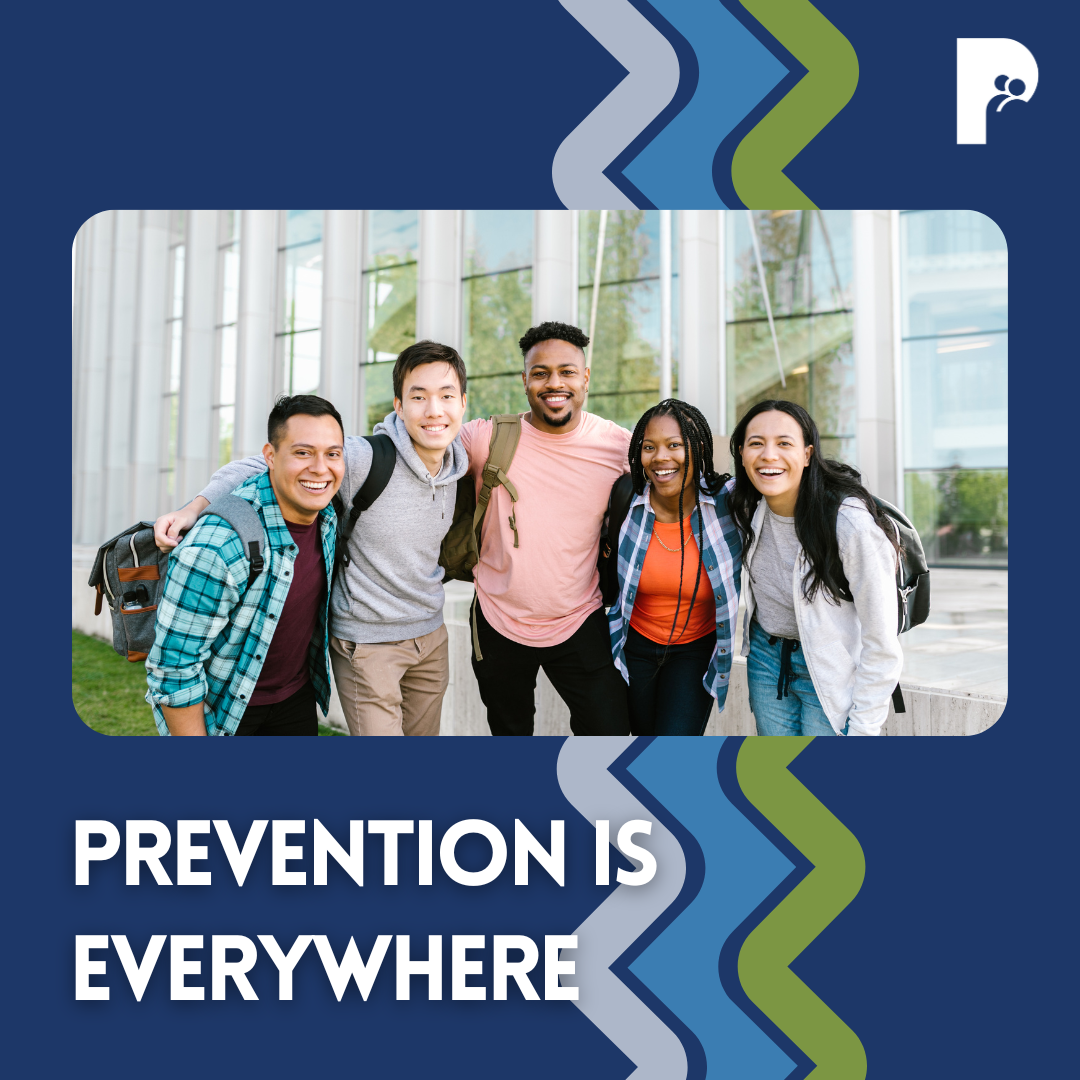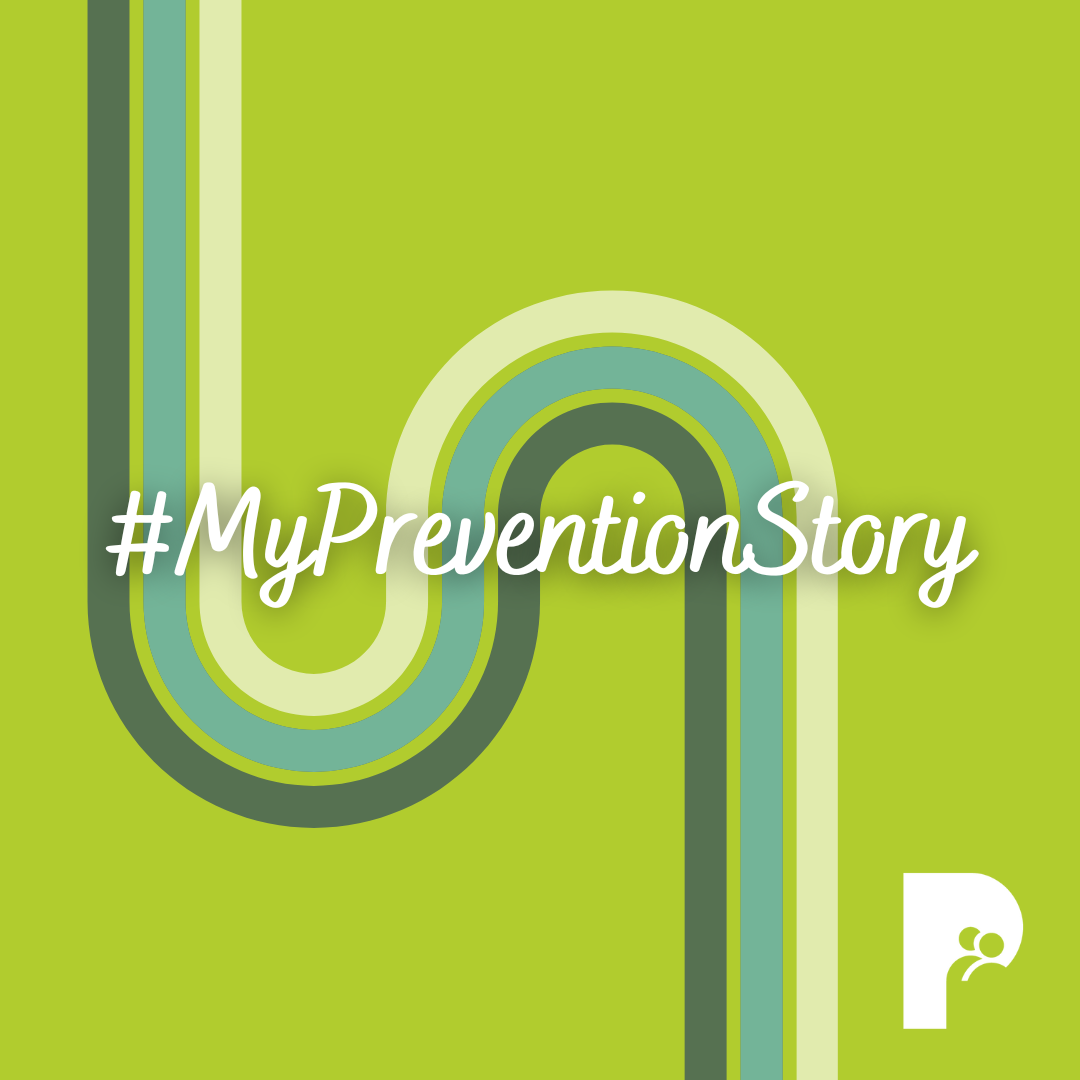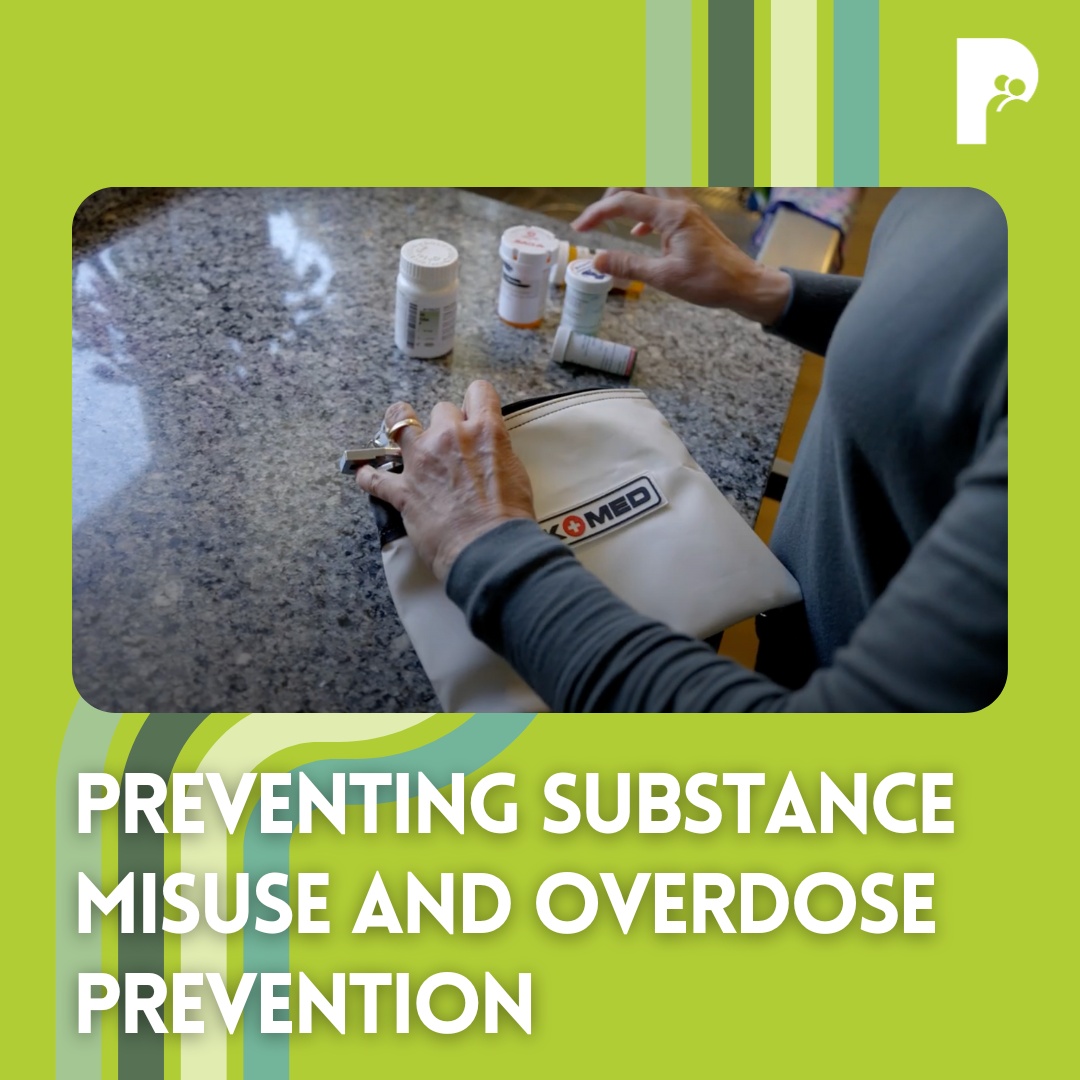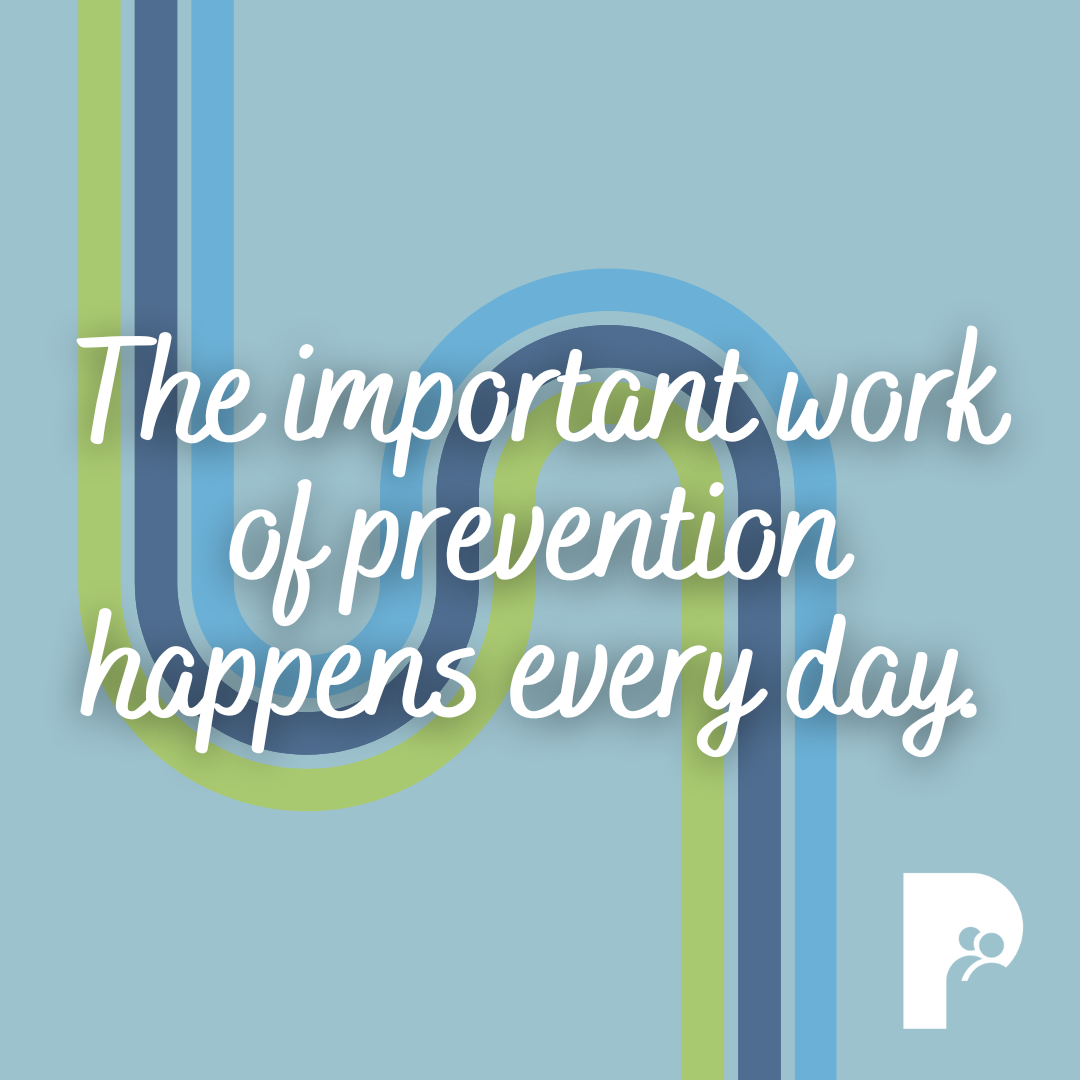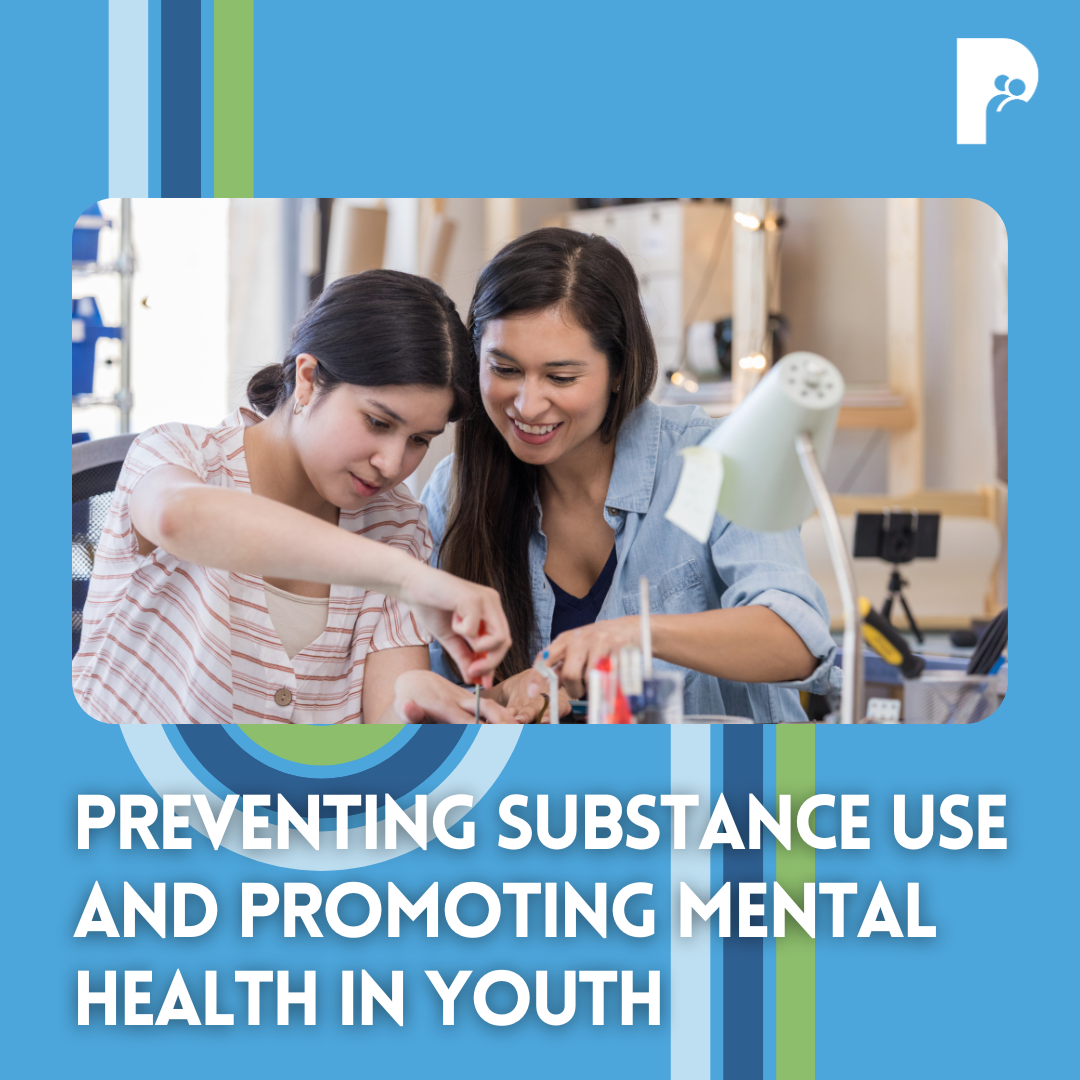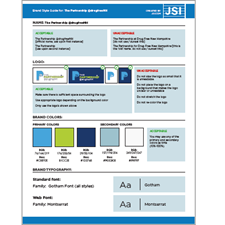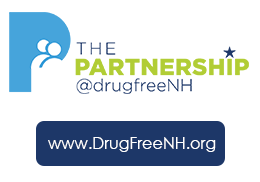Prevention Campaigns & Toolkits
Health communication and social marketing are evidence-based methods to influence positive behavior change.
The Partnership has complied and developed resources to help our prevention community easily incorporate substance use prevention messages into their work. To easily share important messages in your community, check out the following evidence-based campaigns and download, co-brand, and share our toolkits and materials.
What are health communication campaigns?
Health communication campaigns are an evidence-based method for increasing knowledge and awareness and altering beliefs, perceptions, and attitudes of the targeted audiences. They aim to engage and empower individuals and communities to choose healthy behaviors, and make changes that reduce the risk of developing chronic diseases and other morbidities.
What is social marketing?
Social marketing, sometimes known as “marketing for good,” is a strategy that promotes positive societal transformation by focusing on influencing individuals’ actions or ways of life rather than just selling an item or service. In fact, Healthy People 2030 has an objective to increase the number of state health departments that use social marketing in health promotion programs.
Why are health communication/social marketing campaigns so effective?
Almost everyone who has access to a smartphone and the internet uses social media nowadays. Health communication and social marketing campaigns allow for widespread reach, at a relatively low cost. These campaigns allow for hyper-targeted messaging that is palatable and easy to understand, increasing impact and ultimately behavior.
What is a toolkit and why should you use one?
A toolkit is a collection of authoritative and adaptable resources designed for partners. Toolkits are meant to offer practical advice and guidance regarding an issue of concern or importance, and help translate theory into practice.
Toolkits are an efficient way to share evidence-based, factual information with your audience. Using materials and information that are pre-vetted and up-to-date saves you time and energy!
Most importantly, we want to hear from you! Please contact us if you wish to be part of message development.
Access campaigns and toolkits for:
Cannabis | Opioids and Fentanyl | Stimulants and Methamphetamine | Tobacco and Vaping | Alcohol | Mental Health | Youth and Young Adults | Pregnancy | Prevention Communication

Just looking for videos?
Visit The Partnership @drugfreeNH YouTube channel – don’t forget to subscribe, like, and share!
Important Note: The Partnership uses the term cannabis to refer to the plant and all types of derived products such as—vape cartridges, edibles, smokable “weed” or “pot”, oils and tinctures. We are not using the term marijuana on most of our resources because this term has a complicated past that was slanderous towards certain people. It is, however, important that the language we use in some instances is accessible to the audience that we are trying to reach and we understand that marijuana is a commonly utilized term for products that contain the form of THC (Delta 9) that provides a euphoric affect or intoxication.
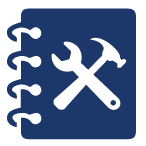
Social Media Toolkit to Support Partner Communication about Cannabis
This social media toolkit includes sample messages and images that can support your digital communication and dissemination of the various Spotlight Factsheets to support our prevention community in cannabis education and discussion. Messages can be modified to suit your needs. (Right-click+Save As on each individual image to download.)

Social Media Toolkit to Support Partner Communication on Strategies to Avoid Opioid Misuse and Strategies to Prevent an Accidental Overdose
This social media toolkit on Strategies to Avoid Opioid Misuse and to Prevent an Accidental Overdose includes sample messages and images that can support your digital communication and dissemination to our prevention community in New Hampshire. Messages can be modified to suit your needs. (Right-click+Save As on each individual image to download.)
Video: Living Well with Chronic Pain
Watch this video to learn how the Living Well with Chronic Pain Program is helping people across New Hampshire deal with their pain. Share this video in a social media post on one of your channels, or share directly from The Partnership’s YouTube or Vimeo channels.
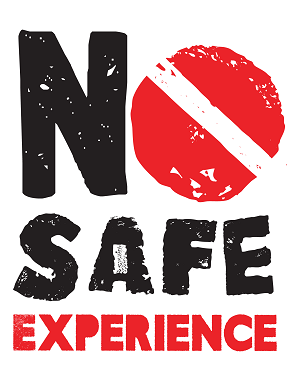
This New Hampshire-based, statewide campaign focuses on awareness by educating youth, young adults, and families of the dangers and prevalence of fentanyl in fake pills and illicit drugs. Prevention partners can use this toolkit to share the facts on social media to help spread the word about illicit fentanyl and how there is no safe experience without a prescription. Schools can also access materials to help better educate youth.
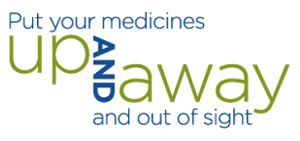
Up and Away Campaign: Put Your Medicines Up and Away and Out of Sight
Any medicine or vitamin can be dangerous if taken in the wrong way or by the wrong person, even medicine you buy without a prescription (over-the-counter medicines). Up and Away and Out of Sight is an educational program to remind families about the importance of safe medicine storage. It is an initiative of PROTECT, in partnership with the Centers for Disease Control and Prevention (CDC), the Consumer Healthcare Products Association Educational Foundation, and the below organizations.

Social Media Toolkit to Support Partner Communication about Stimulants and Methamphetamine
The social media toolkit includes sample messages and images that will support digital communication and dissemination of the Spotlight Factsheets to support our prevention community’s response to the rise in methamphetamine use across the state of New Hampshire. Messages can be modified to suit your needs. (Right-click+Save As on each individual image to download.)
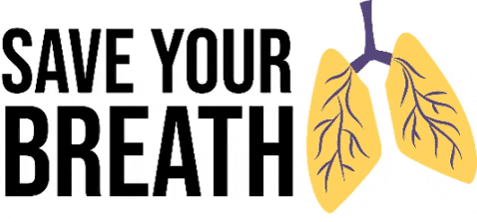
Save Your Breath is a social marketing campaign to raise awareness about the harms of vaping among youth aged 13-18 living in New Hampshire (NH). When it comes to nicotine use, NH youth are using electronic nicotine delivery systems (ENDS), also known as vapes, at increasingly high rates. The campaign encourages youth to stand up to Big Tobacco and ENDS manufacturers in order to take back control of their physical and mental health, money, and time. Download the Save Your Breath Partner Toolkit to guide communications about vaping and tobacco prevention across the state of New Hampshire.

Reducing Vaping Among Youth and Young Adults
This guide supports health care providers, systems, and communities seeking to prevent vaping. It describes relevant research findings, examines emerging and best practices, identifies knowledge gaps and implementation challenges, and offers useful resources.
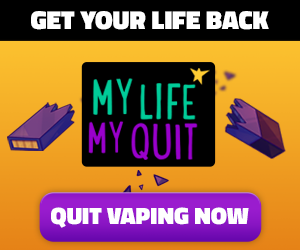
Free and confidential, My Life, My Quit shares the truth about nicotine, vaping and other tobacco products. If you decide you want to quit, we’re here to help you do it successfully. Text “Start My Quit” to 36072 to talk with a coach who is ready to listen and cheer you on. It’s YOUR LIFE and we’re here to help you live it YOUR WAY.
Don’t Let Vaping Take Your Last Breath Video (My Life, My Quit – New Hampshire)
The State of New Hampshire supports the collective action to help youth quit vaping. JSI supported these efforts and created a campaign to align with National Jewish Health’s vape cessation services and eventually the My Life, My Quit campaign.
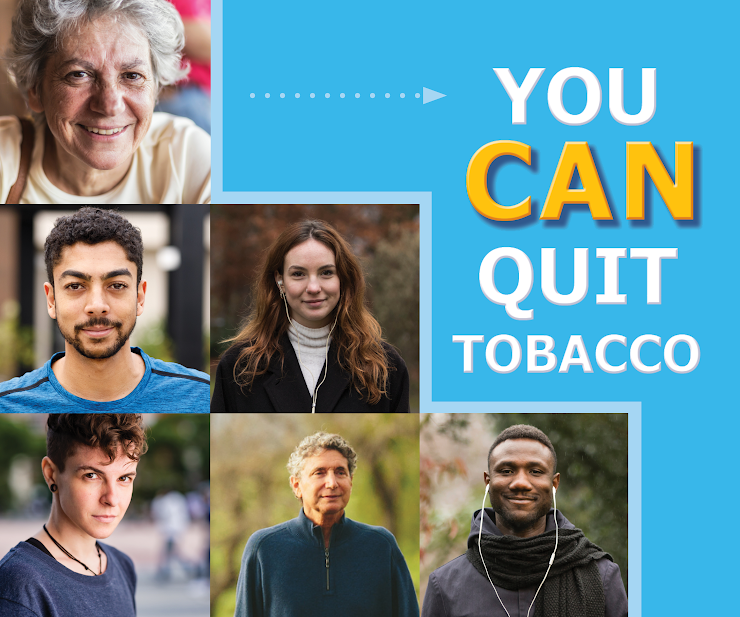
QuitNow-NH (1-800-QUIT-NOW)
The gateway to no-cost, quitting services offered to New Hampshire residents. Anyone can get telephone-based counseling, some medications, free print materials, and referrals to local tobacco treatment programs. The QuitNow-NH website provides information about local tobacco treatment resources, factsheets, and a self-referral portal for those who want a call-back from one of our counselors.

Social Media Toolkit to Support Communication about Preventing Underage Drinking
Understanding the facts is critical when talking with minors about the risks and harms associated with alcohol use and binge drinking. The following social media toolkit includes messages and images that support digital communication and dissemination of information the on risks related to drinking and the ways in which these risks can be addressed. Messages can be modified to suit your organization’s needs. (Right-click+Save As on each individual image to download.)

Dry January 2024 Social Media Toolkit
#DryJanuary is a movement across New Hampshire, the US, and beyond that was created to encourage people to take a break and abstain from drinking alcohol throughout the month of January. The campaign originated with AlcoholChange.org. The Partnership has created a toolkit of posts for partners to share if your organization wants to post their own content in addition to liking and sharing the other channels’ content. (Right-click+Save As on each individual image to download.)

Sober October 2023 Social Media Toolkit
Sober October emphasizes the importance of checking in with yourself about your relationship with substances. Similar to Dry January, this month encourages individuals to take a closer look at the impact of alcohol (as well as other substances) on their life. This social media toolkit includes sample messages and images to support digital communication and dissemination of the benefits of taking a break. The Partnership encourages substance use prevention partners throughout NH to share these campaign materials to help educate and support our community response to the harmful effects of long-term substance use. (Right-click+Save As on each individual image to download.)
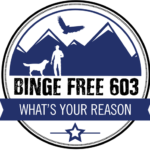
Binge-Free 603: What’s Your Reason?
Everybody has a reason for not wanting to overdo it when having fun. What’s your reason? Binge-Free 603 is a place for young adults to share their reasons for not wanting to go overboard when drinking.
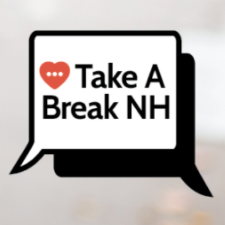
Breaking up is hard to do…but sometimes it’s the right option. Taking a short break from drinking regularly and frequently, can help anyone feel better. This behavior change campaign offers skills and resources to young adults while re-norming the risk behavior of excessive alcohol use.
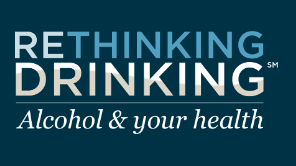
For anyone who drinks, this site offers valuable, research-based information. What do you think about taking a look at your drinking habits and how they may affect your health? Rethinking Drinking can help you learn more.
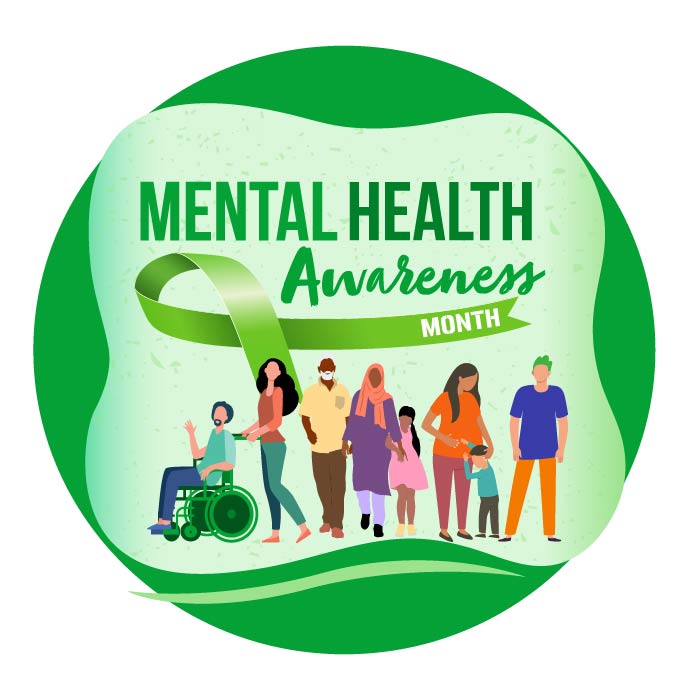
Mental Health Awareness Month Toolkit
Mental Health Awareness Month was established to increase awareness of the importance of mental health and wellness, to celebrate recovery from mental illness, and provide resources and information to support individuals and communities who may need mental health support. Use SAMHSA’s materials to help educate and raise awareness in your community.
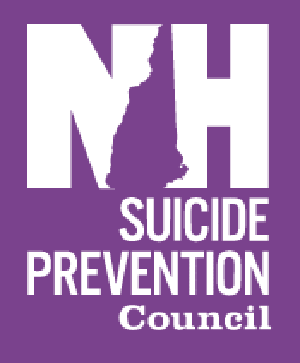
New Hampshire (NH) Suicide Prevention Council
The NH Suicide Prevention Council promotes awareness that suicide is a preventable public health problem. Their mission is to reduce the incidence of suicide in NH by accomplishing the goals of the State Suicide Prevention Plan. Use their materials to help educate and raise awareness in your community.
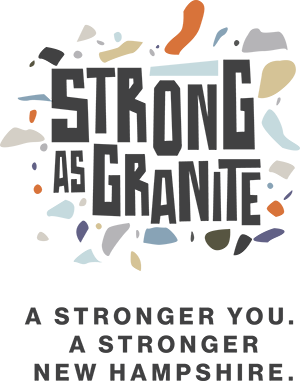
Strong As Granite is a platform that’s raising awareness of the mental health and substance use support and resources available throughout New Hampshire. It’s part of a coordinated effort to bring help, hope, and healing to all Granite Staters.
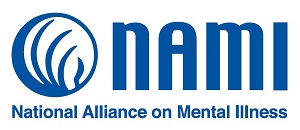
National Alliance on Mental Illness (NAMI)
NAMI is the nation’s largest grassroots mental health organization dedicated to building better lives for the millions of Americans affected by mental illness. Download logos, graphics, social media images, and more to help raise awareness around mental health events throughout the year.
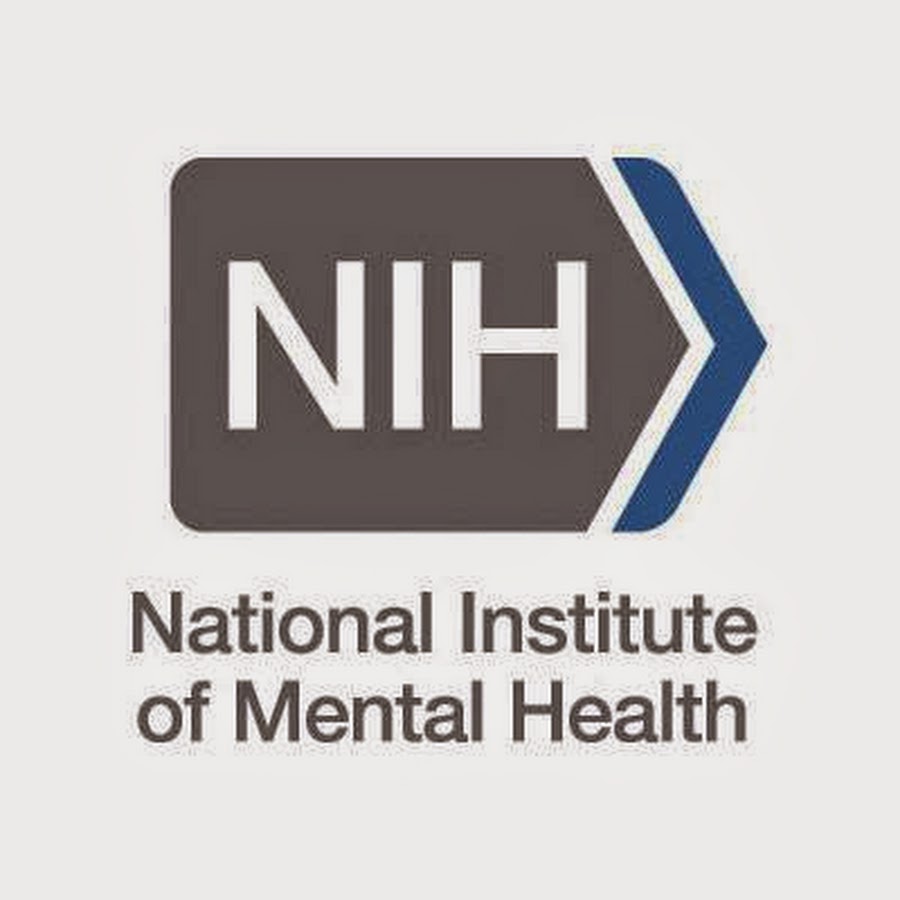
Child and Adolescent Mental Health Digital Shareables
Use this toolkit created by the National Institute of Mental Health (NIMH) to help raise awareness about the importance of children’s mental health and early diagnosis and treatment by sharing information and materials based on the latest research.
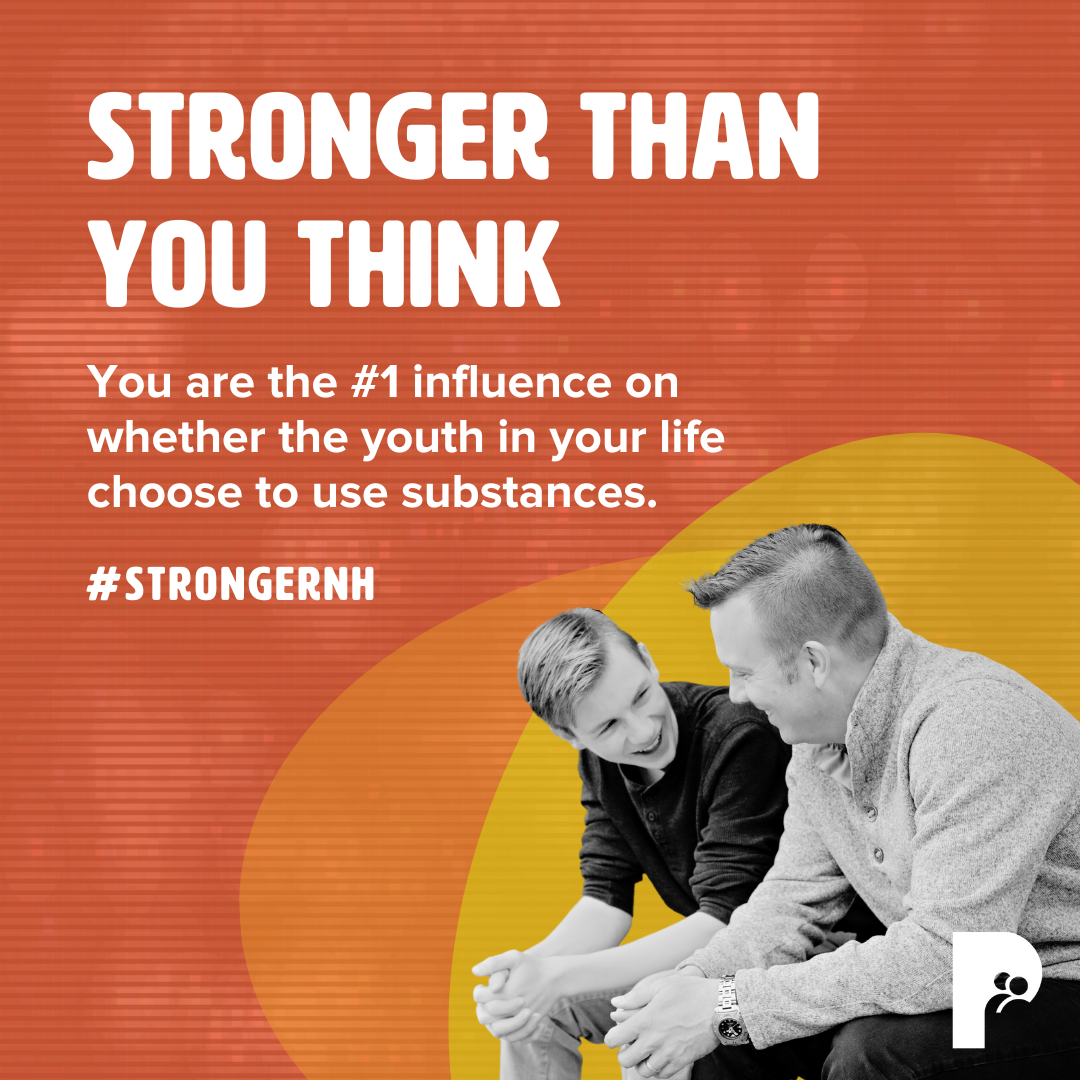
This campaign supports open conversations between parents, caregivers, or adults who have strong relationships with young people about expectations around substance use and age-appropriate boundaries, planning safe activities and accountability, and educating about the risks and consequences of using any substance. The campaign encourages talking to youth about the risks associated with substance use, and the difference between adult use and youth use. Your opinion and involvement makes a difference, it’s stronger than you think.
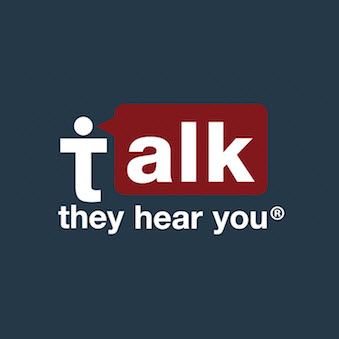
The Partnership supports the Substance Abuse and Mental Health Services Administration’s campaign, and their goal of helping parents and caregivers create an open dialogue with their children about the dangers of alcohol and other drugs. The “Talk. They Hear You.” campaign aims to reduce underage drinking and substance use among youths under the age of 21 by providing parents and caregivers with information and resources they need to address alcohol and other drug use with their children early.
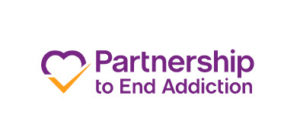
Partnership for Drug-Free Kids Drug Guide
A comprehensive and up-to-date source of drug information for parents. Learn the facts, prevalence, and warning signs to help keep your child safe.
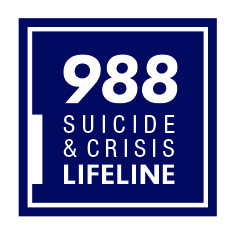
988 Suicide & Crisis Lifeline Partner Toolkit
The 988 Suicide & Crisis Lifeline offers 24/7 call, text, and chat access to trained crisis counselors who can help people experiencing suicidal, substance use, and/or mental health crisis, or any other kind of emotional distress. This toolkit provides resources for partners to use and share information about the 988 Lifeline, developed by SAMHSA.
Whether you’re just living healthy, planning to become pregnant, pregnant, or breastfeeding, we have research-based resources on alcohol, marijuana, and tobacco use during pregnancy to support you.

Social Media Toolkit to Support Partner Communication during National Drug and Alcohol Facts Week® (NDAFW)
This social media toolkit includes sample messages and images to aid in digital communication of substance use facts (alcohol, prescriptions, vaping, and cannabis). Also included are three prompts using #MyWhyNDAFW, a hashtag encouraging youth to share their reasons for not using drugs or alcohol. The Partnership encourages substance use prevention partners throughout New Hampshire to share these campaign materials, contributing to our community’s efforts to educate and support a response to youth substance use. Messages can be modified to suit your organization’s needs. Find activities and help planning your event(s) at the National Institute on Drug Abuse’s website. (Right-click+Save As on each individual image to download.)

National Prevention Week (NPW) 2023 Social Media Toolkit
This social media toolkit includes sample messages and graphics that will support digital communication around our prevention community’s response to youth substance use across NH. Included is the prompt #MyPreventionStory, a hashtag to capture our collective mental health and substance misuse prevention experiences. Download each image below (‘Right-click+Save As’ on each individual image). Share the posts with your community with the national hashtag #NationalPreventionWeek23.
Additional Resources
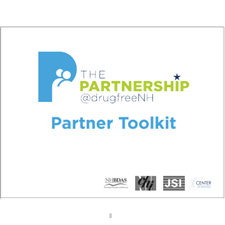
The Partnership @drugfreeNH Partner Toolkit
Streamline your communication to key audiences throughout the state with coordinated prevention messaging. This toolkit can be used as a jumping-off point in messaging to highlight your involvement in The Partnership @drugfreeNH and the prevention community at large. We hope that you find it useful in planning and managing your social media and outreach efforts.
The Partnership @drugfreeNH offers a variety of toolkits to streamline prevention messaging throughout the state. Organizations have the ability to add their logos before sharing within their communities. Follow along with our explainer video on how to co-brand with The Partnership to learn how you can co-brand our toolkit content using the free, online platform Canva!
The Partnership @drugfreeNH encourages our community to share our prevention messaging with their audiences. One way to do that is through social media. Follow along with our explainer video on how to post The Partnership’s partner toolkit content on social media.
Brand Style Guide for The Partnership @drugfreeNH
These Brand Guidelines are intended to help your decision making in using and applying the Partnership’s brand to ultimately strengthen our collective identity. This reference document was produced to provide consistent answers to some of the more detailed questions that we run into in our daily work. It communicates the ways in which all of us can brand our organization and our daily work and communications. Should you have any questions about these guidelines or suggestions on how to strengthen them, please contact us. We truly look forward to your input.

